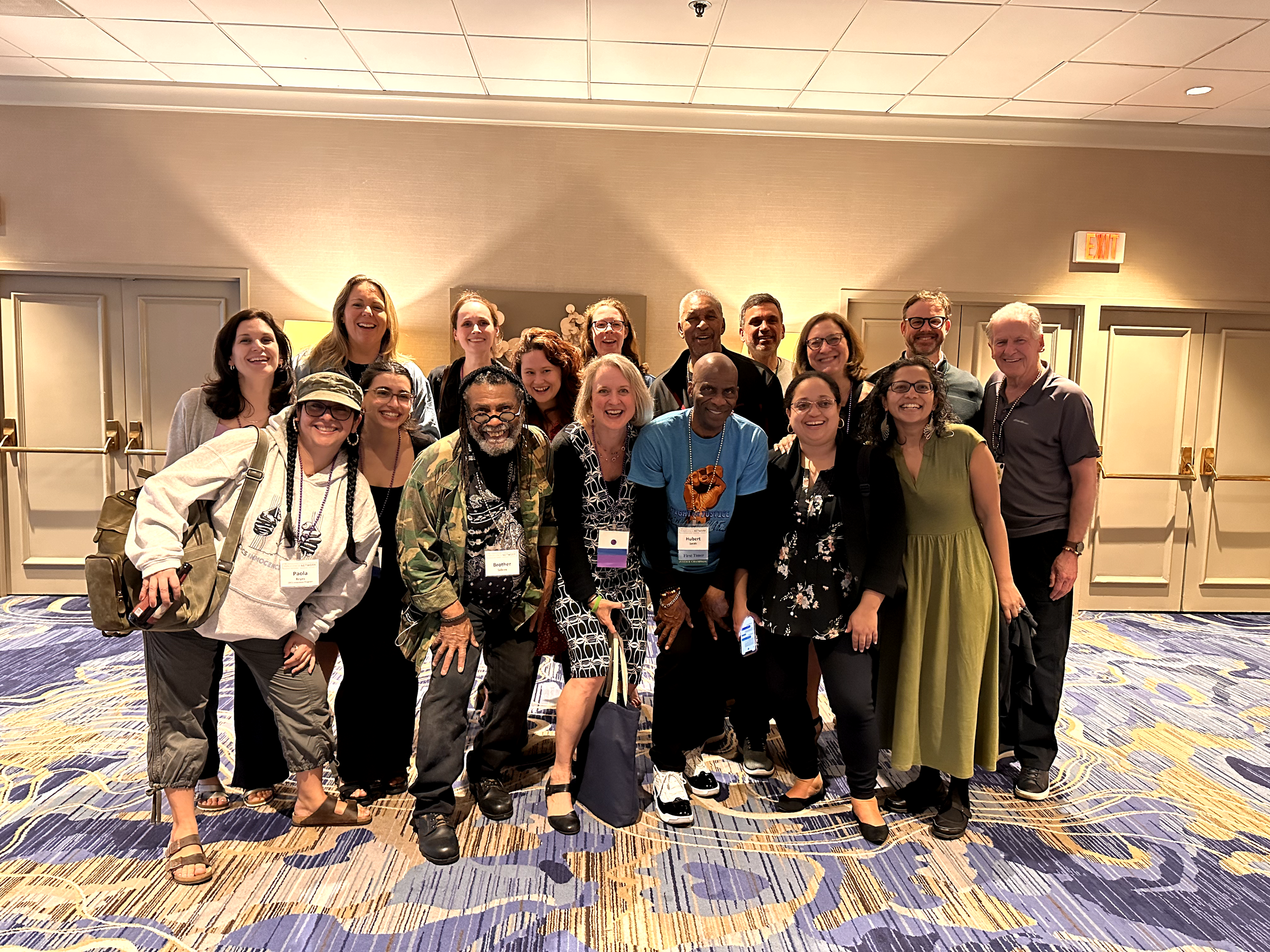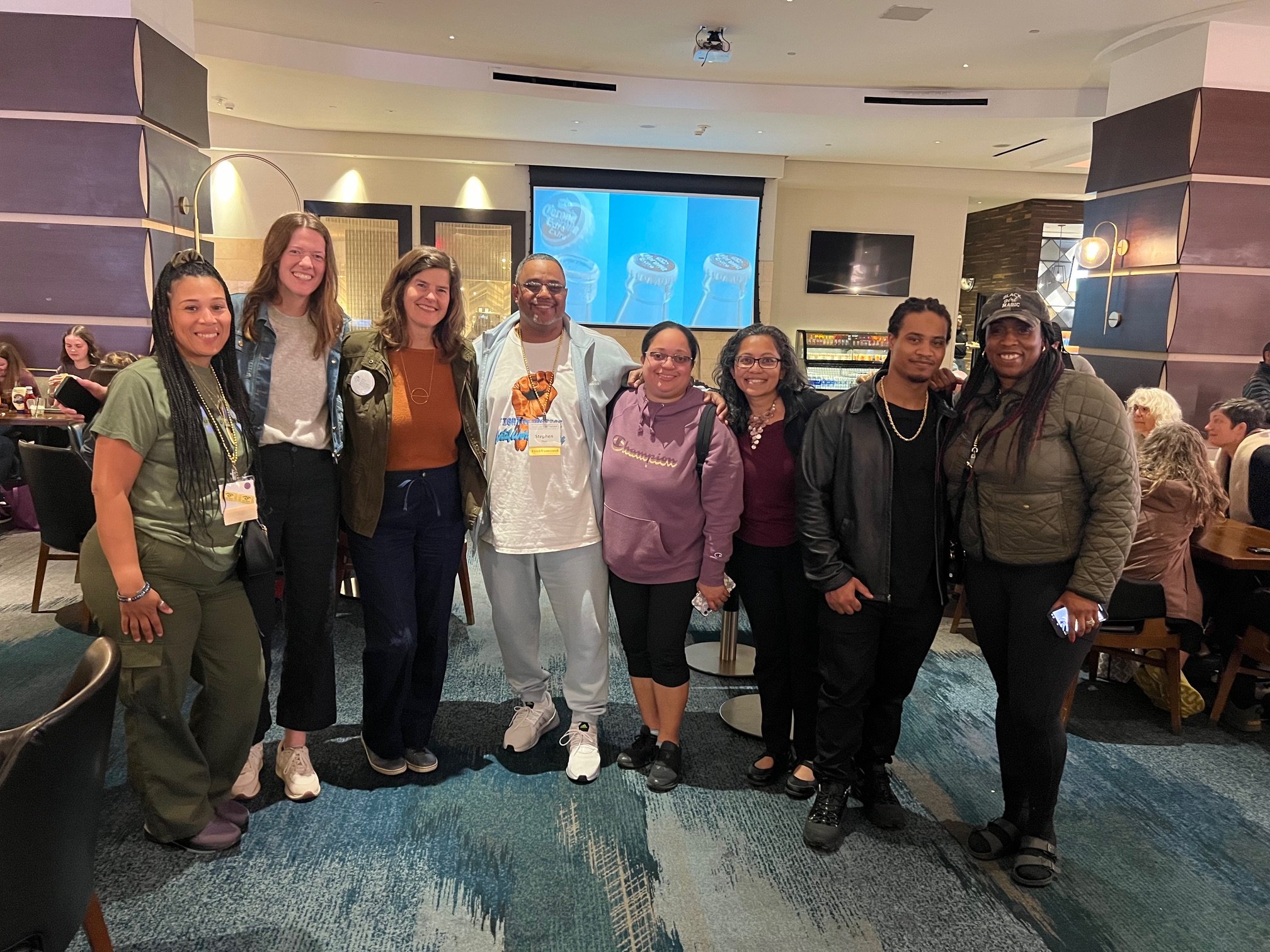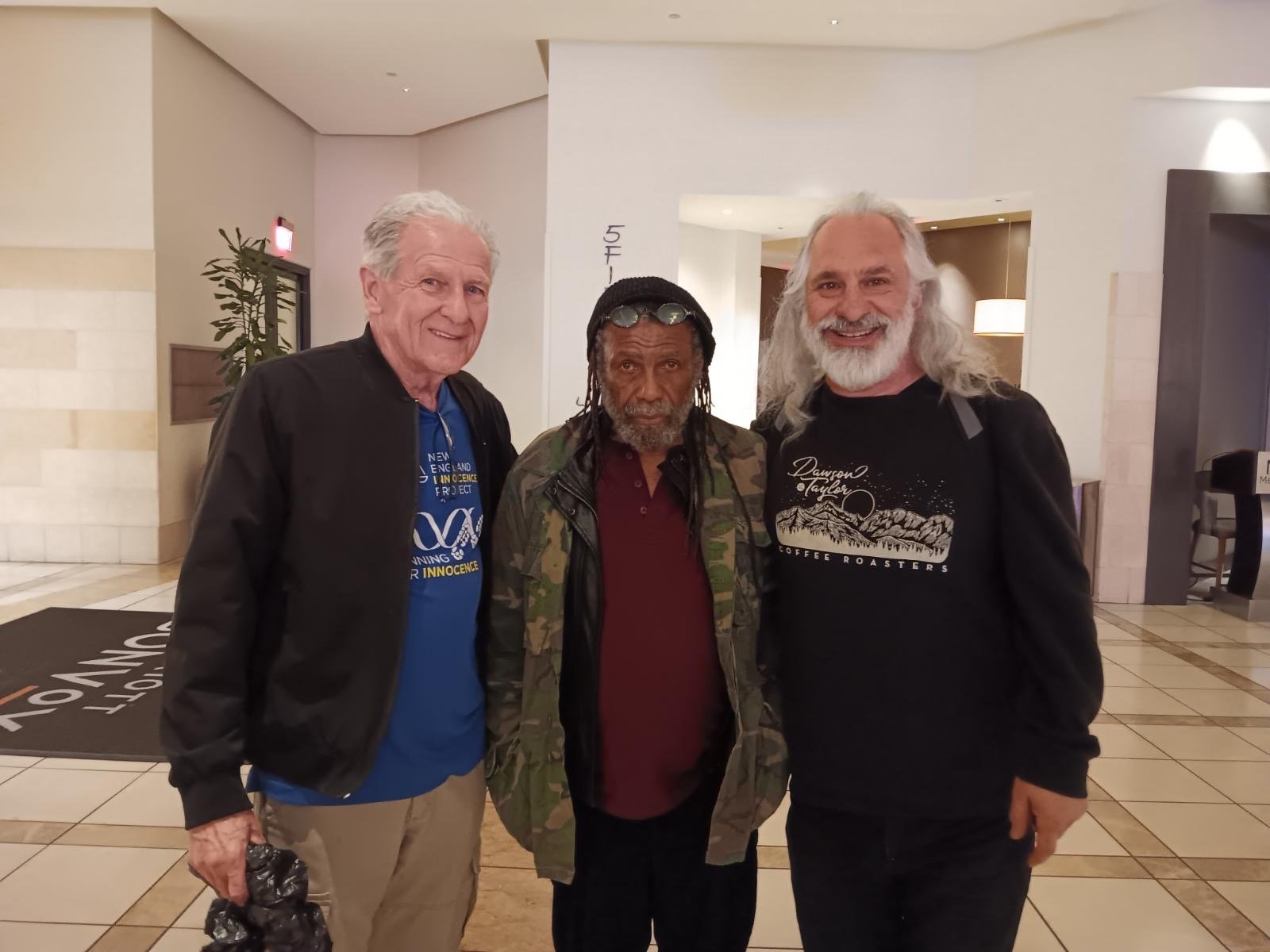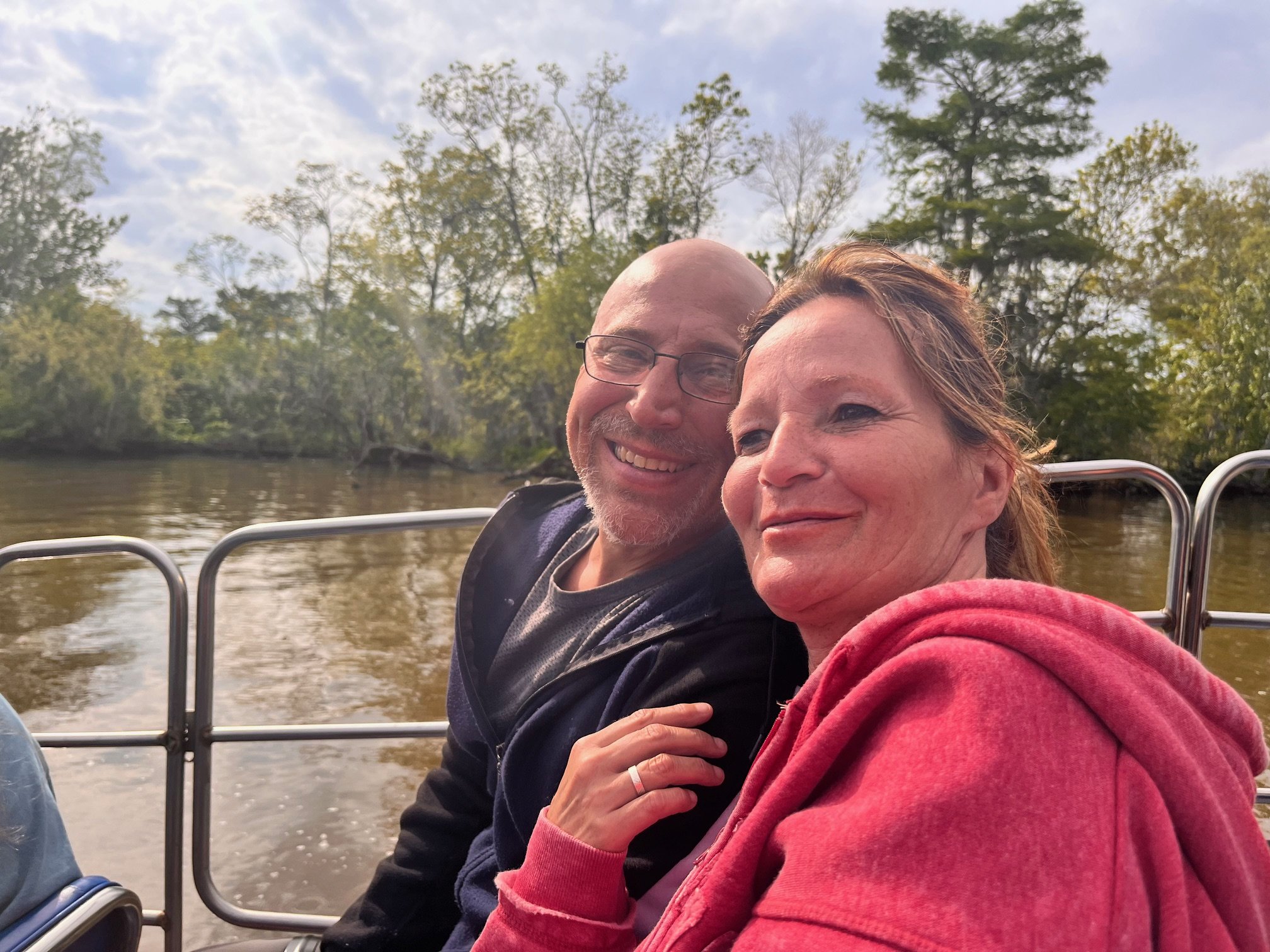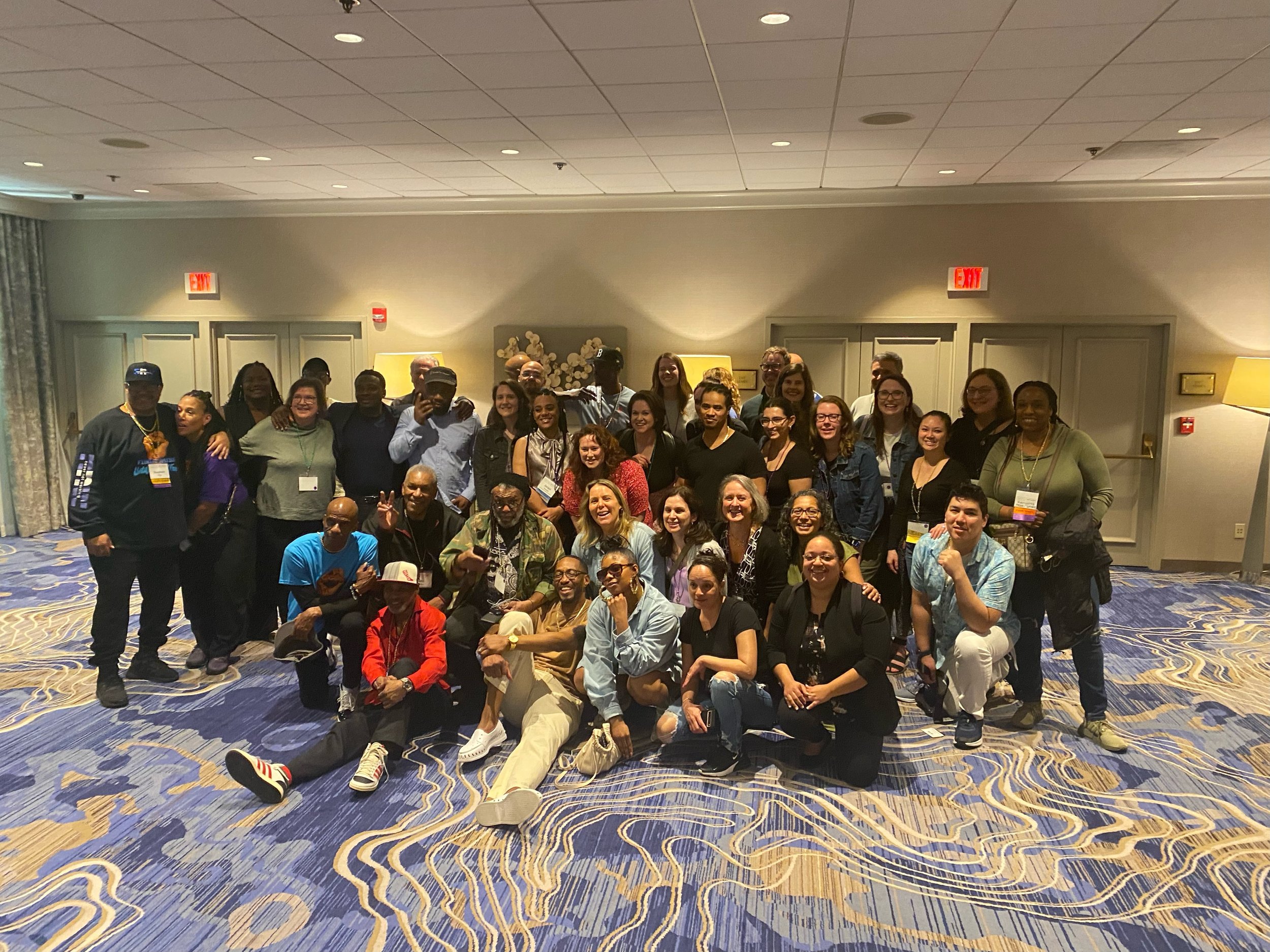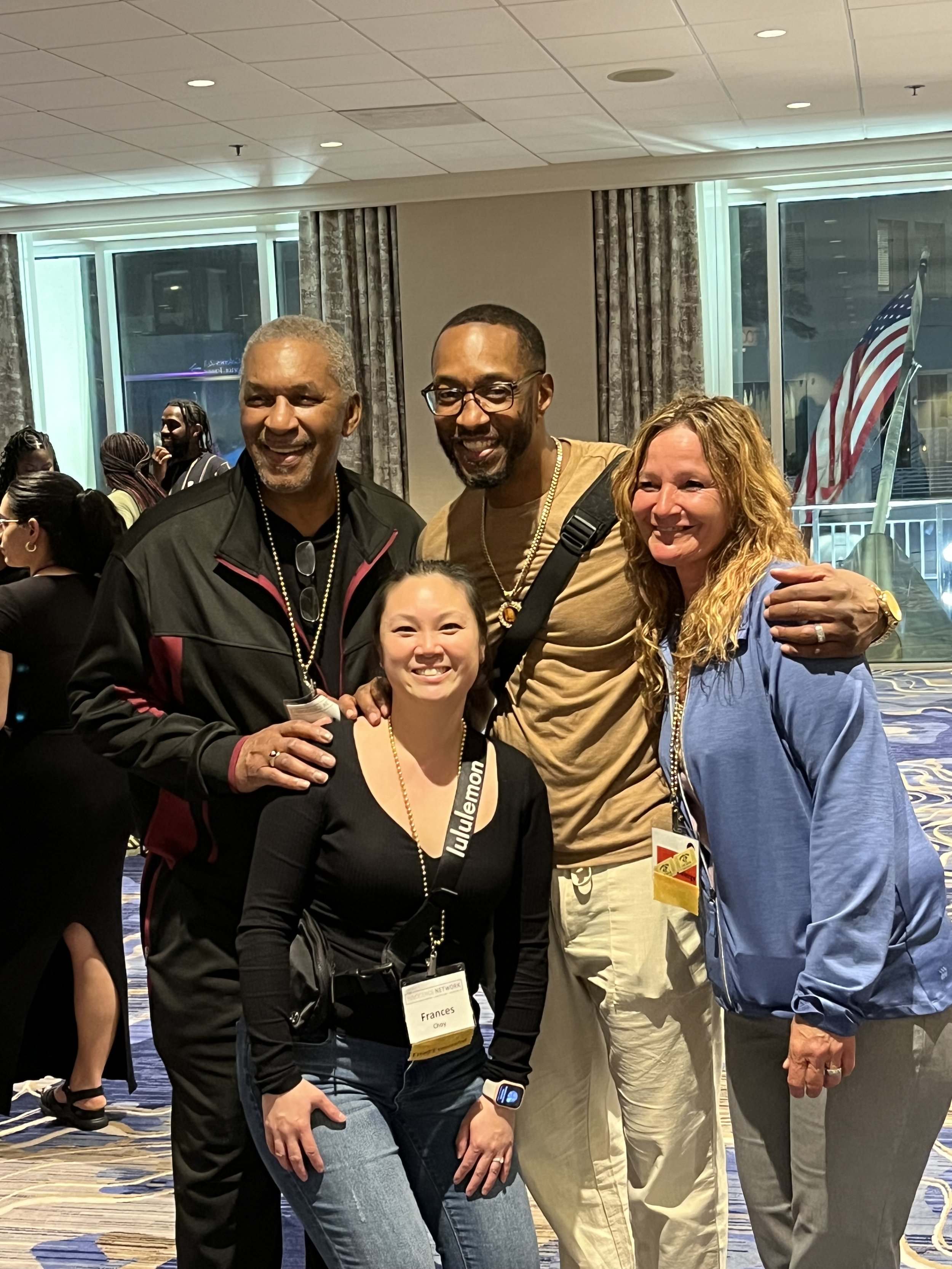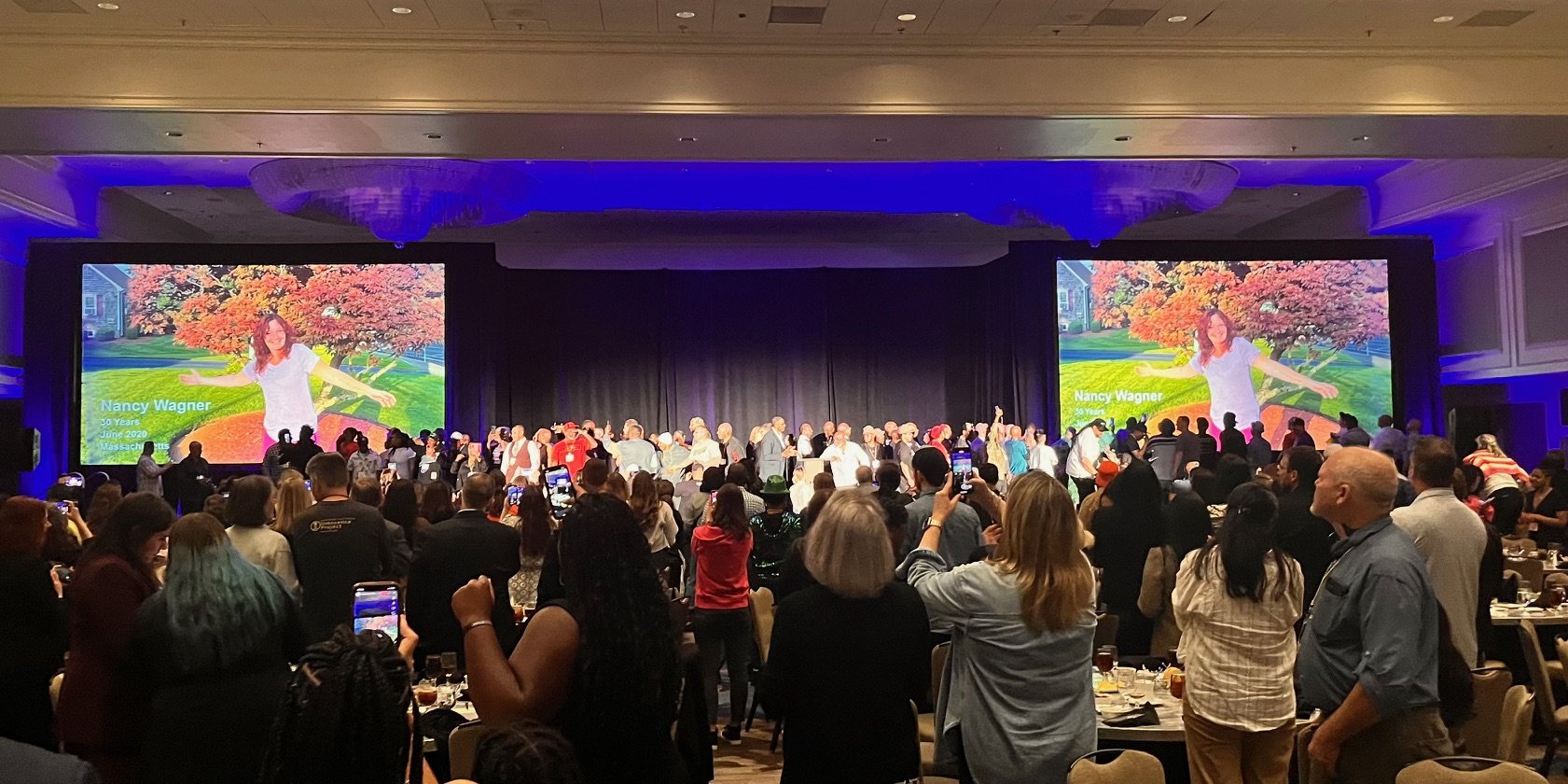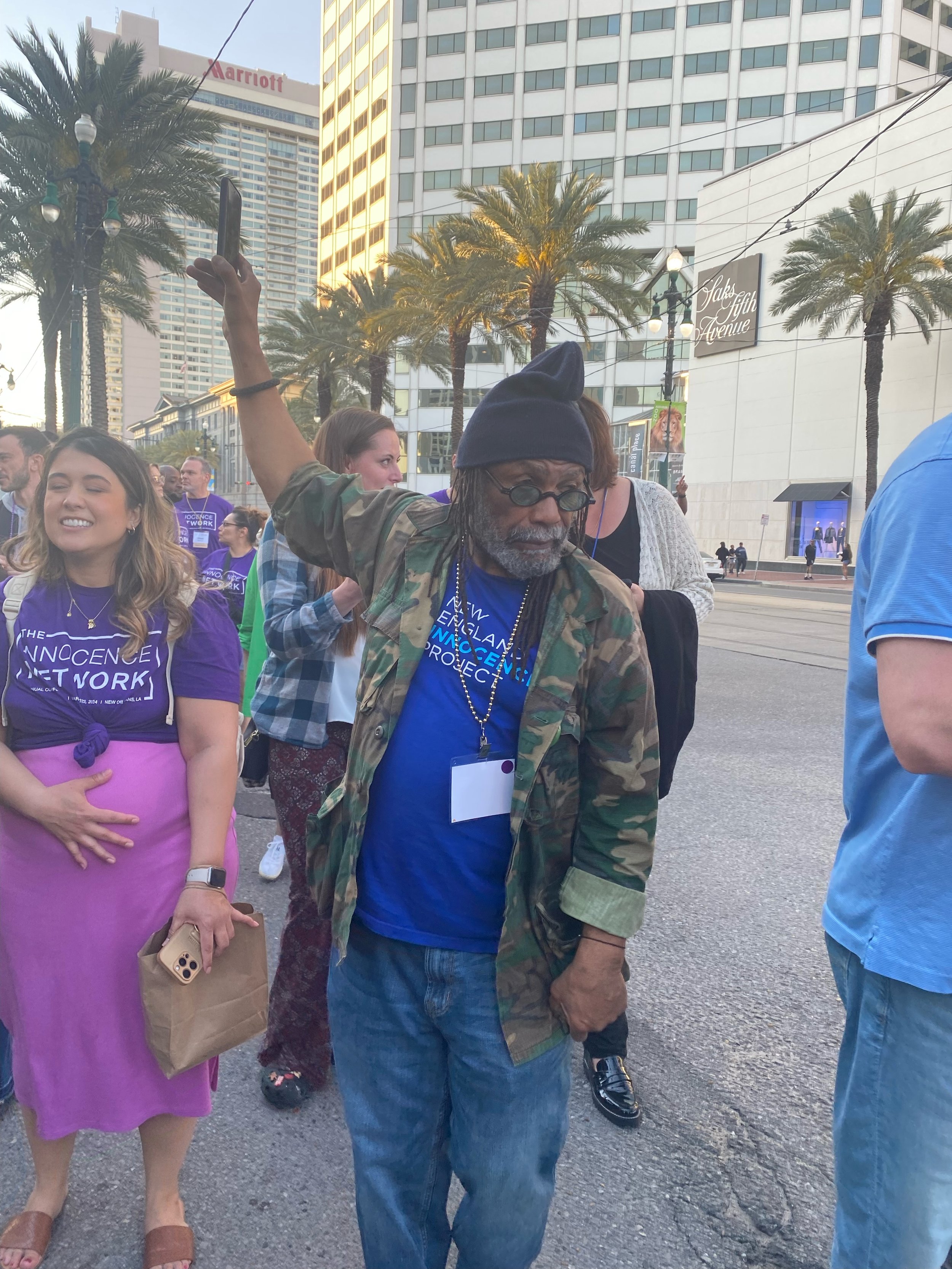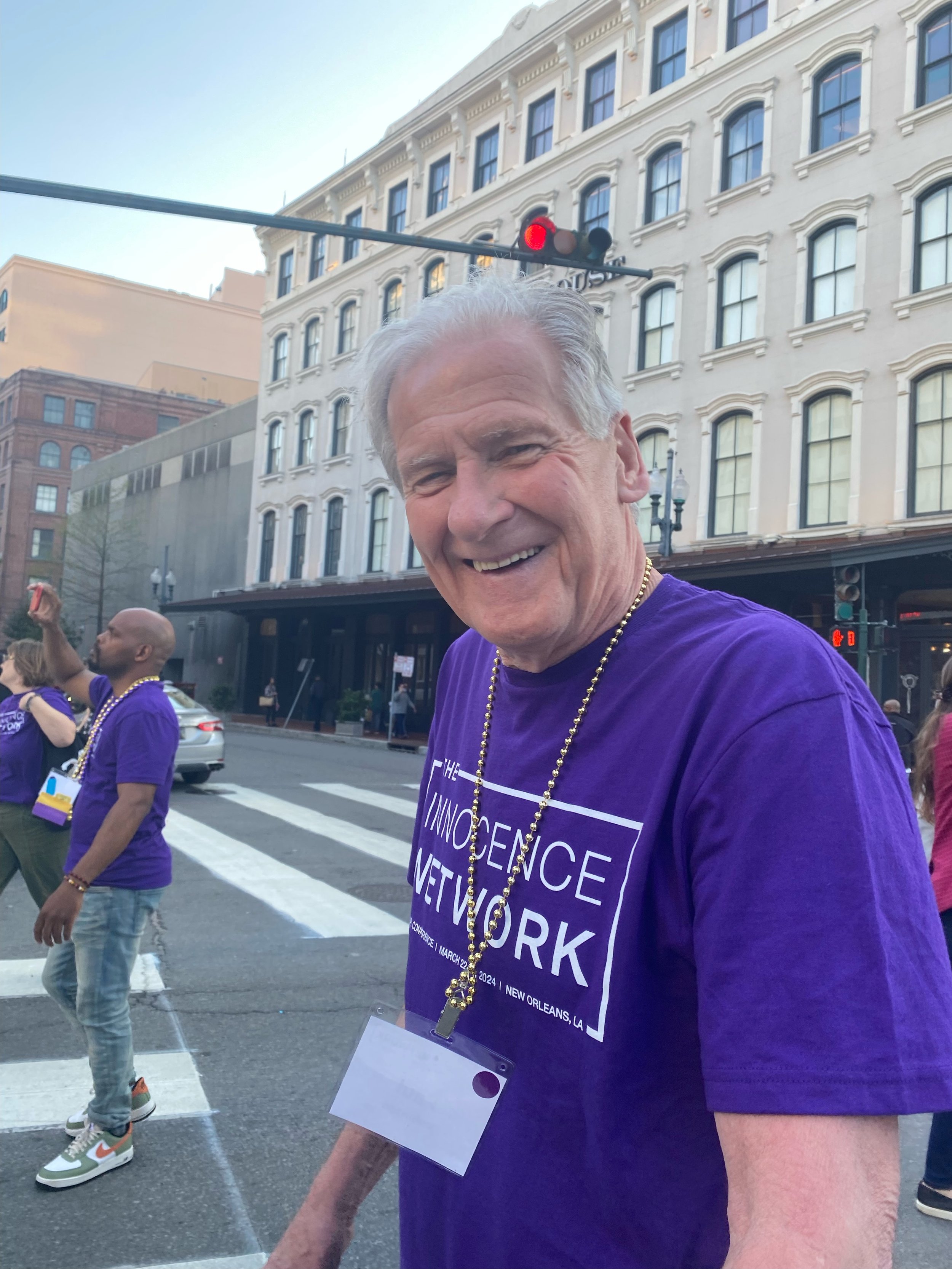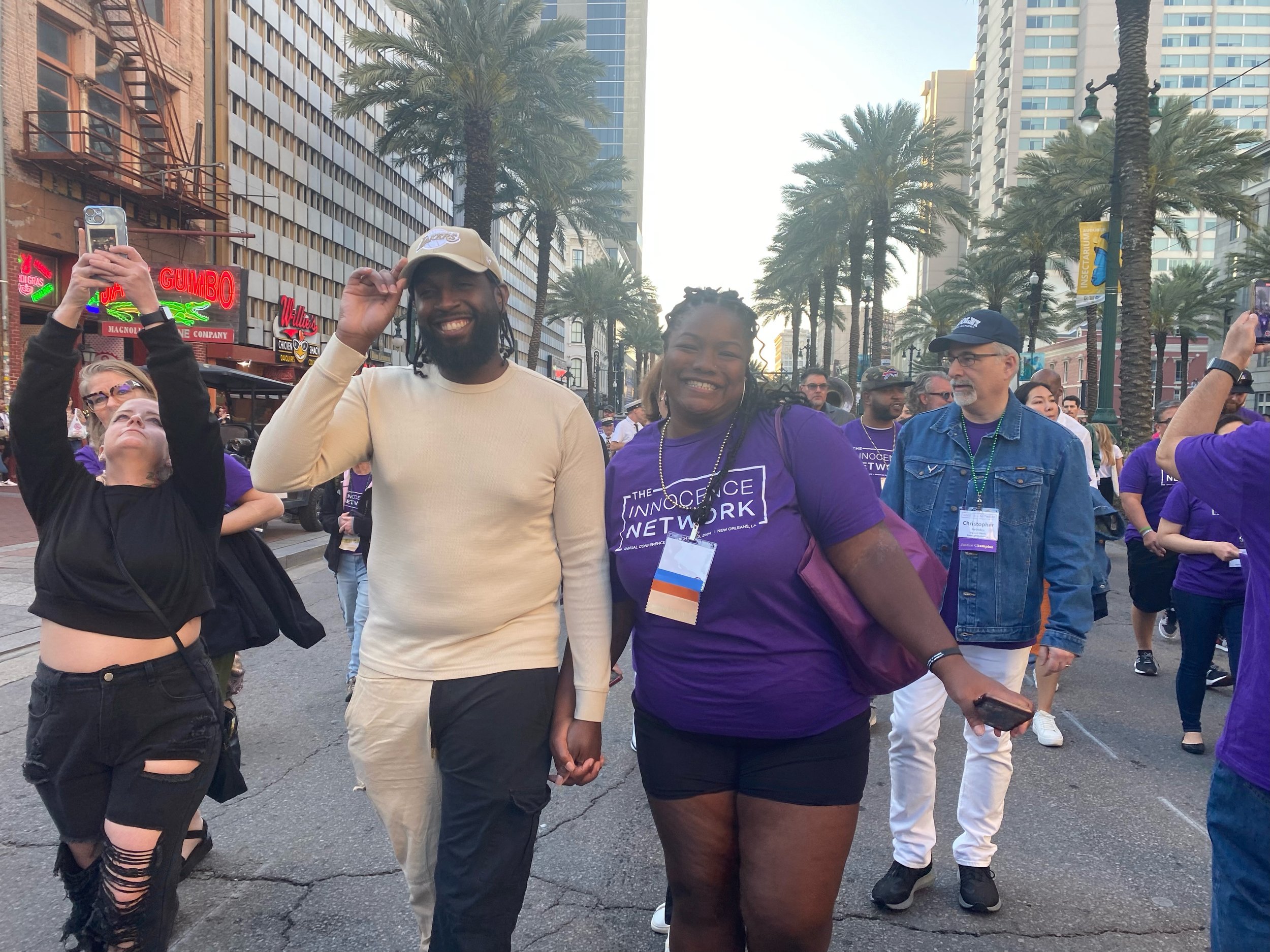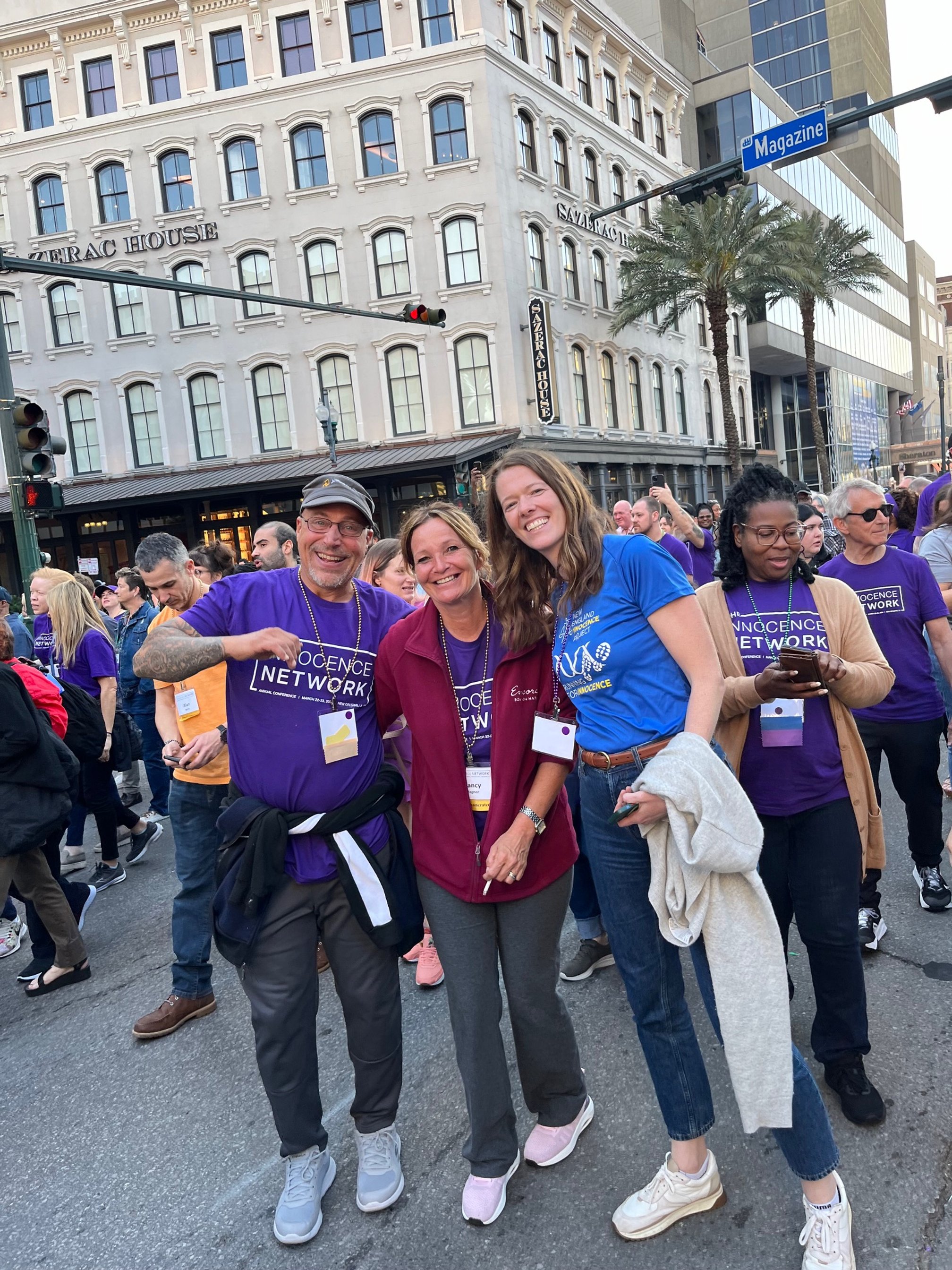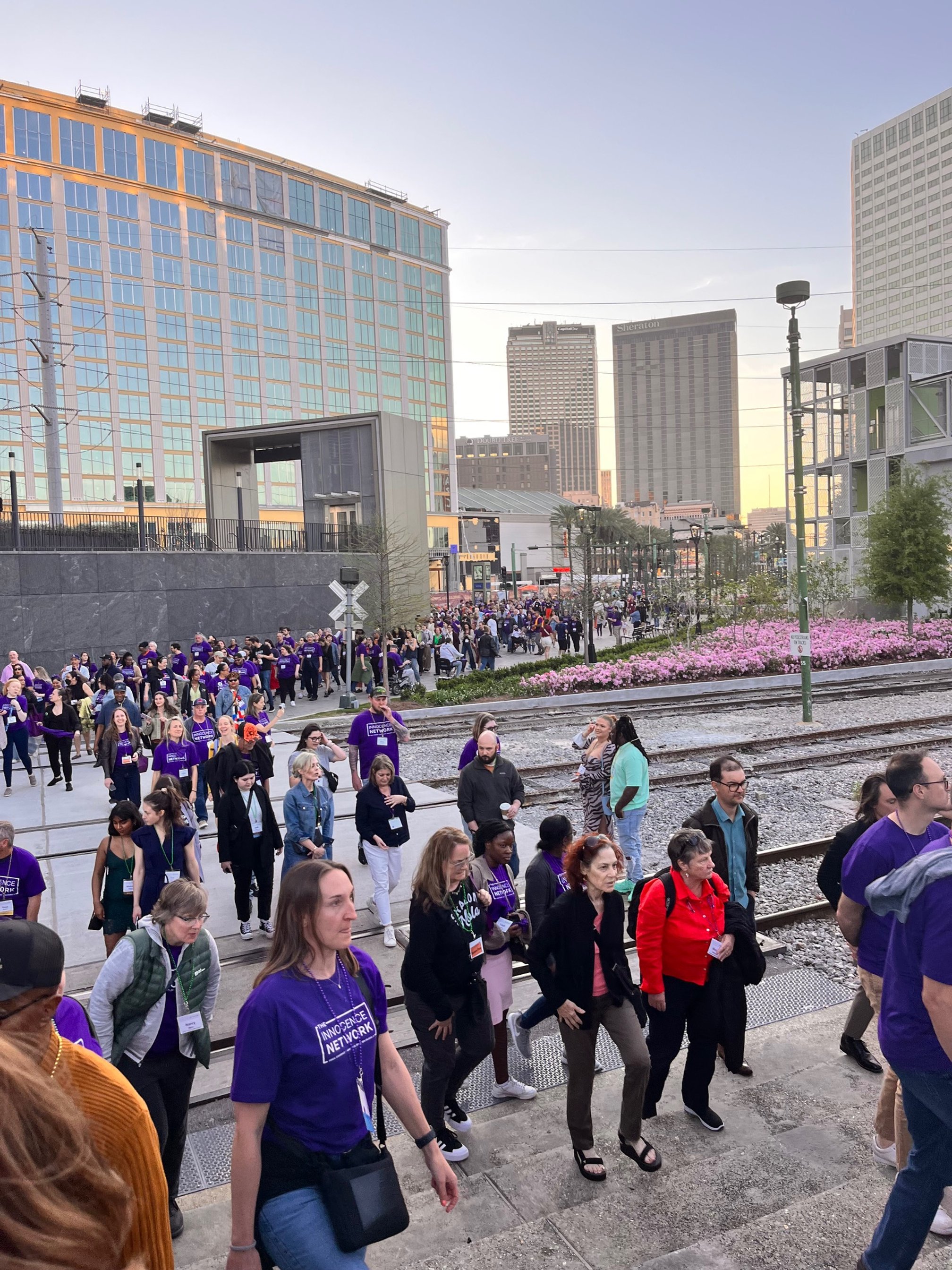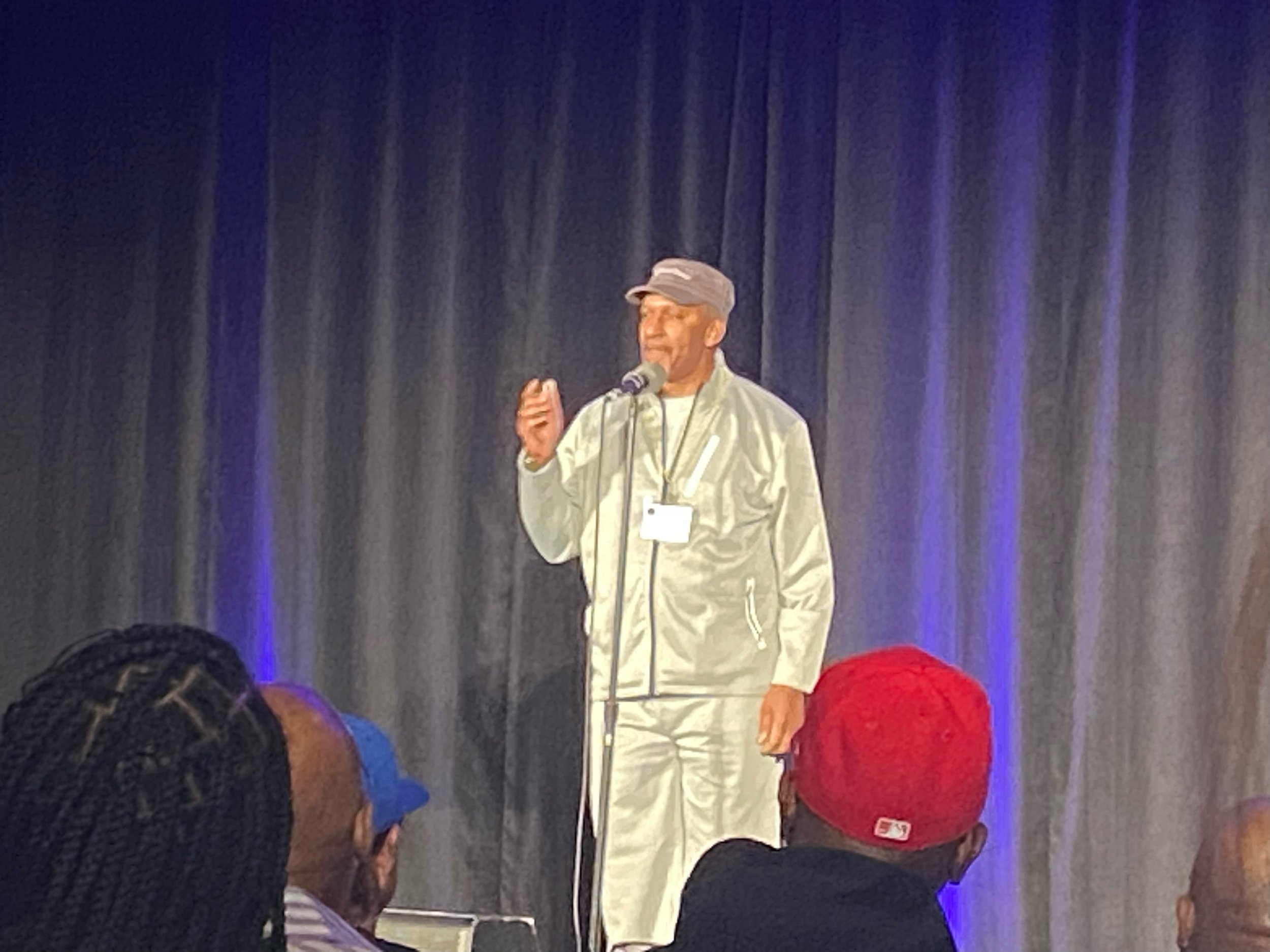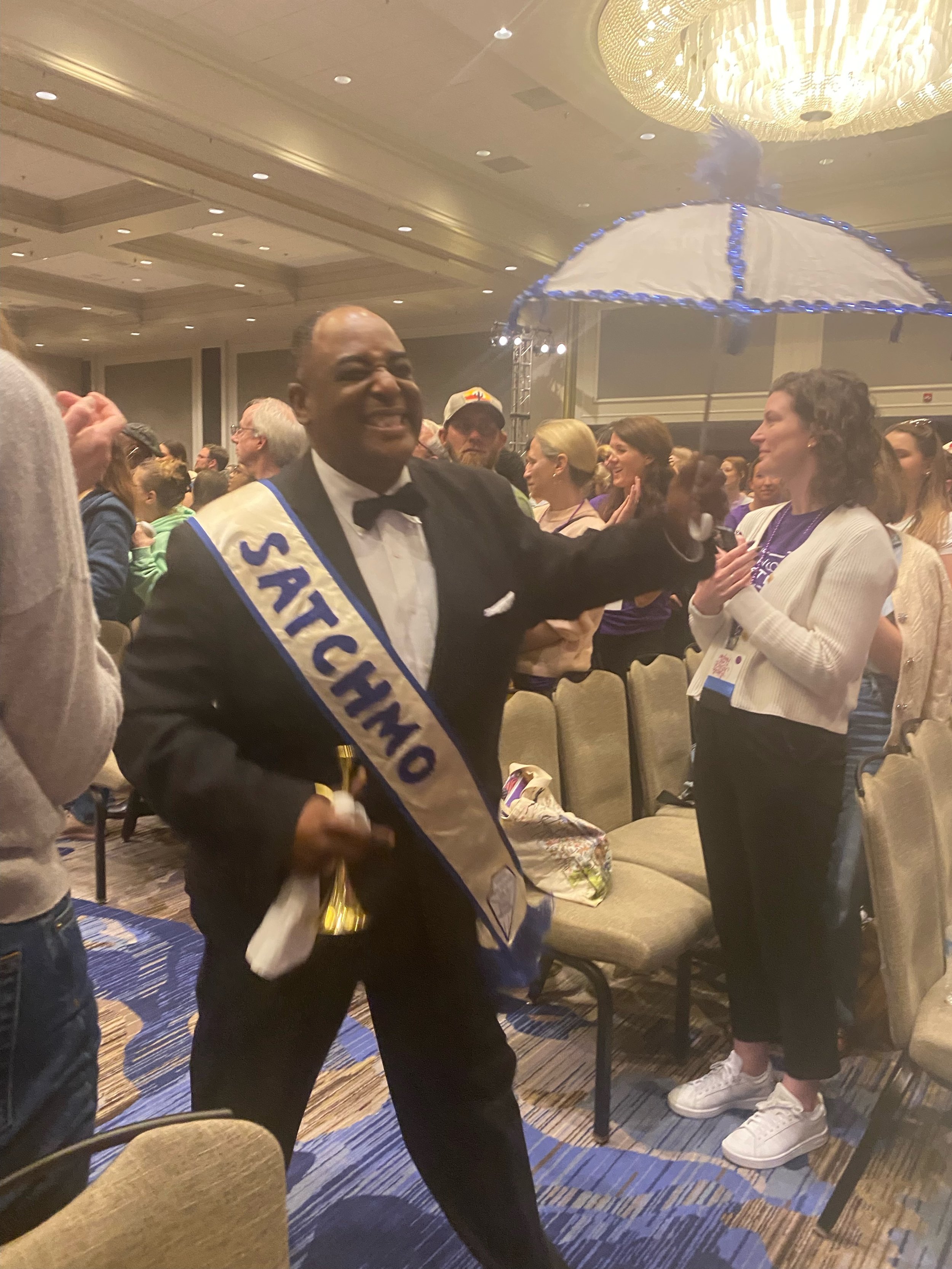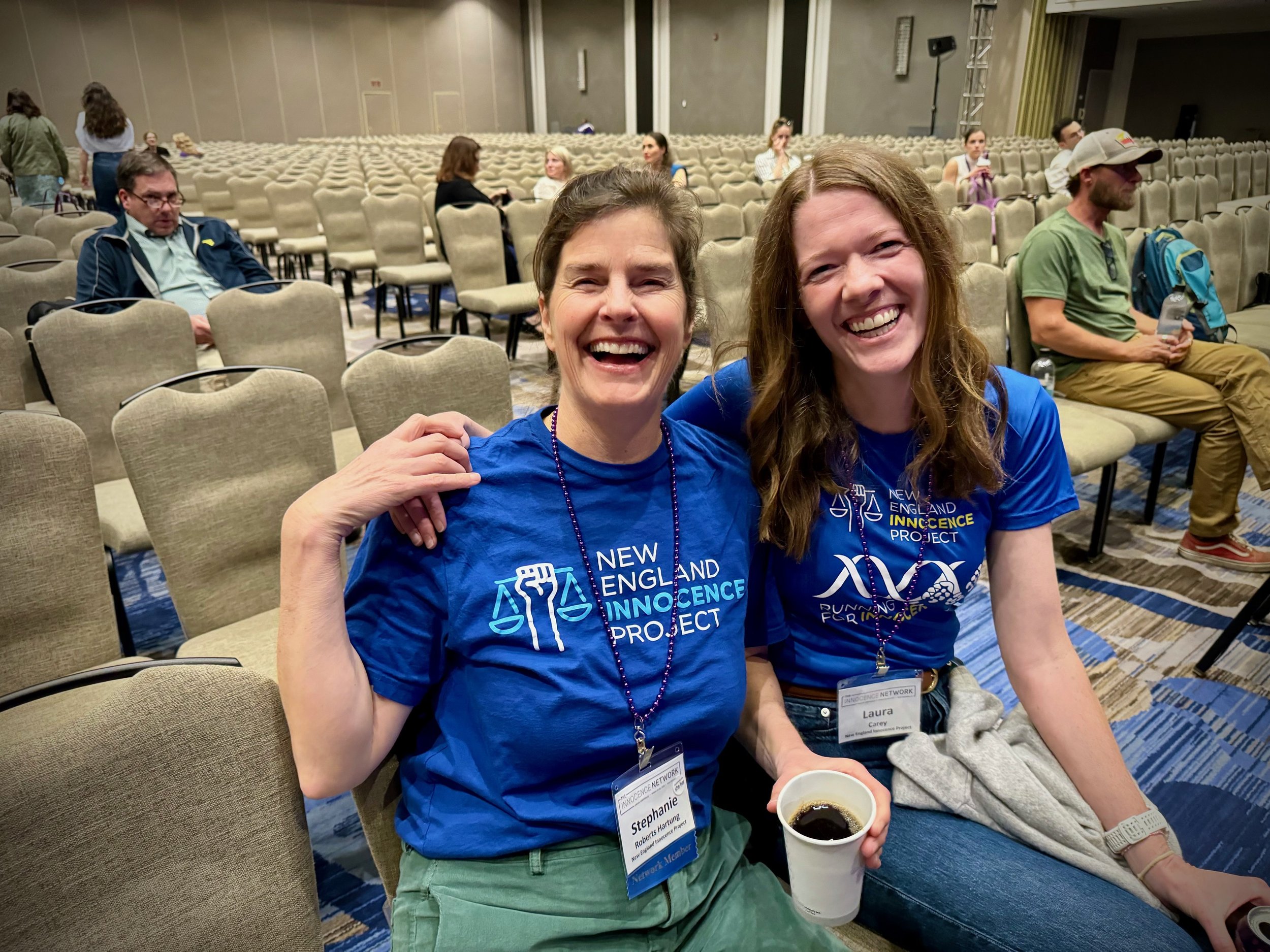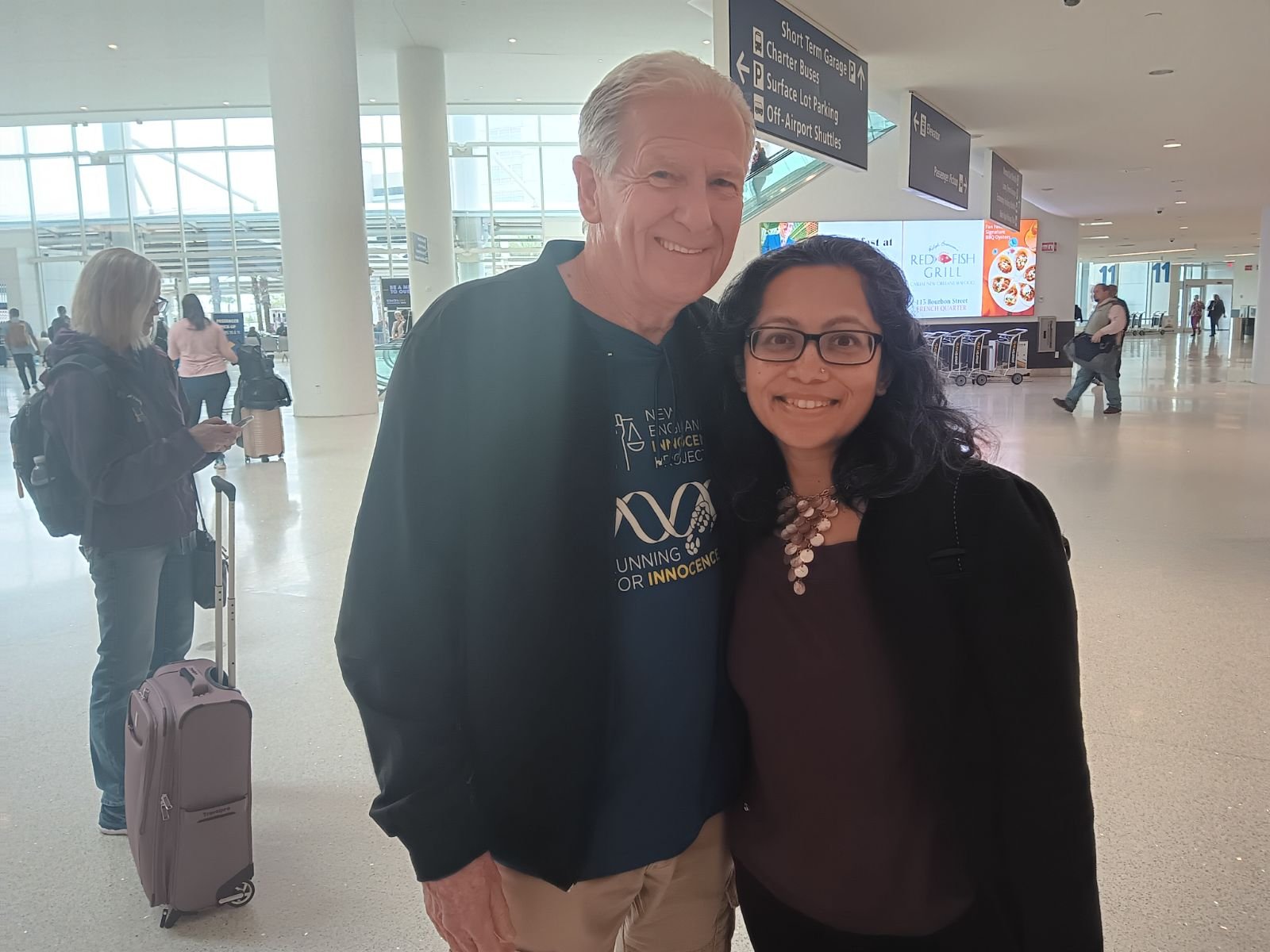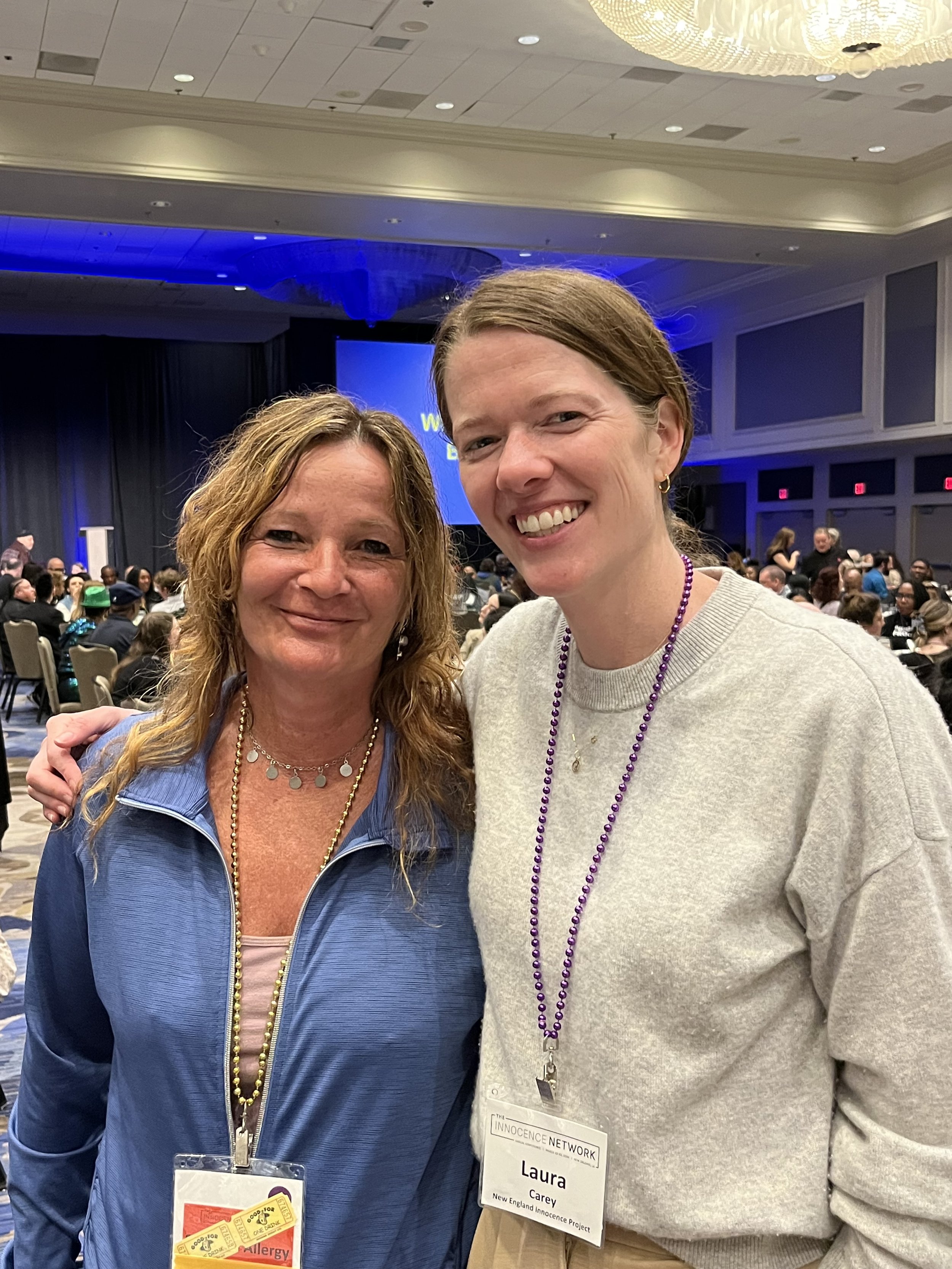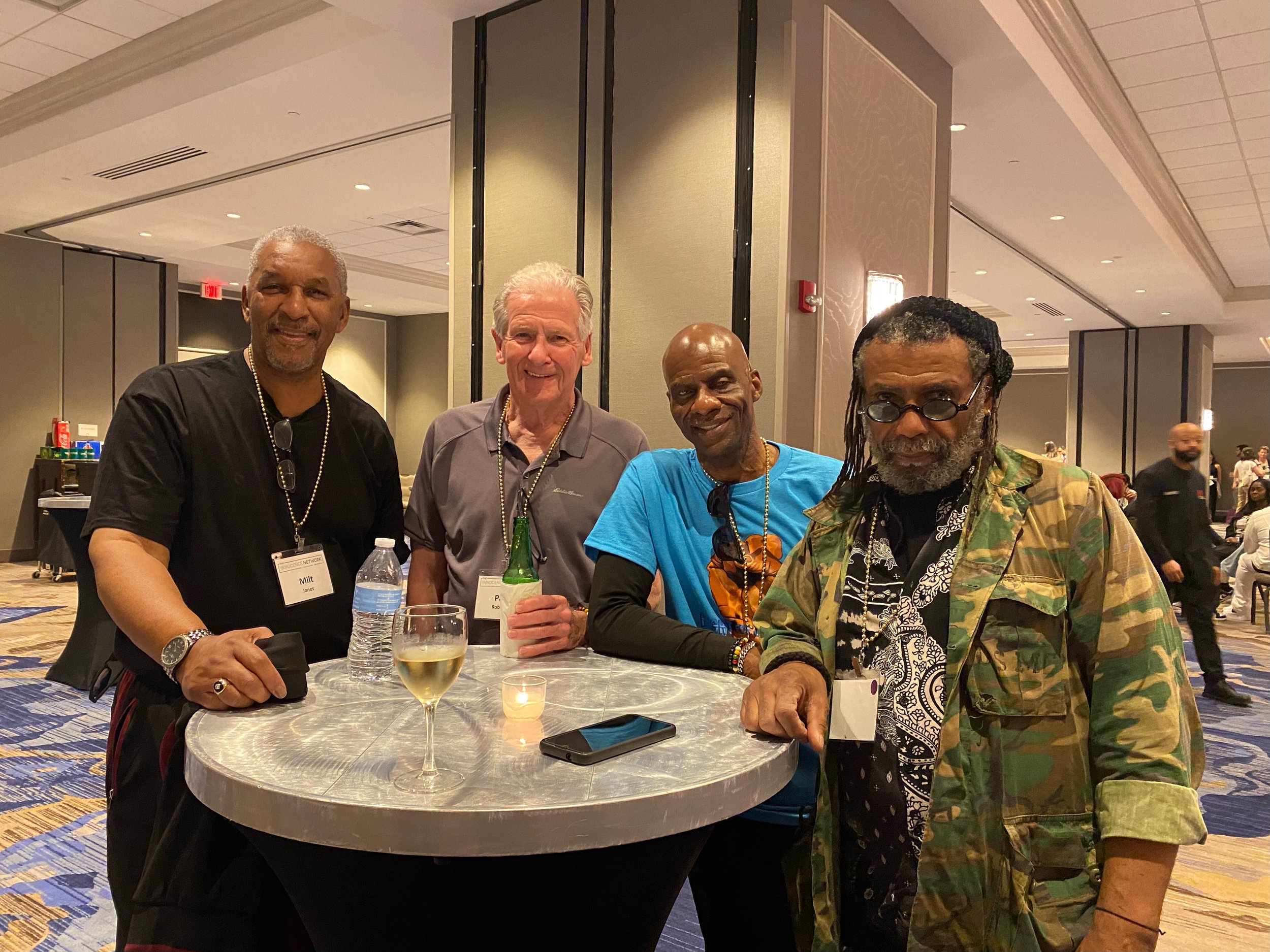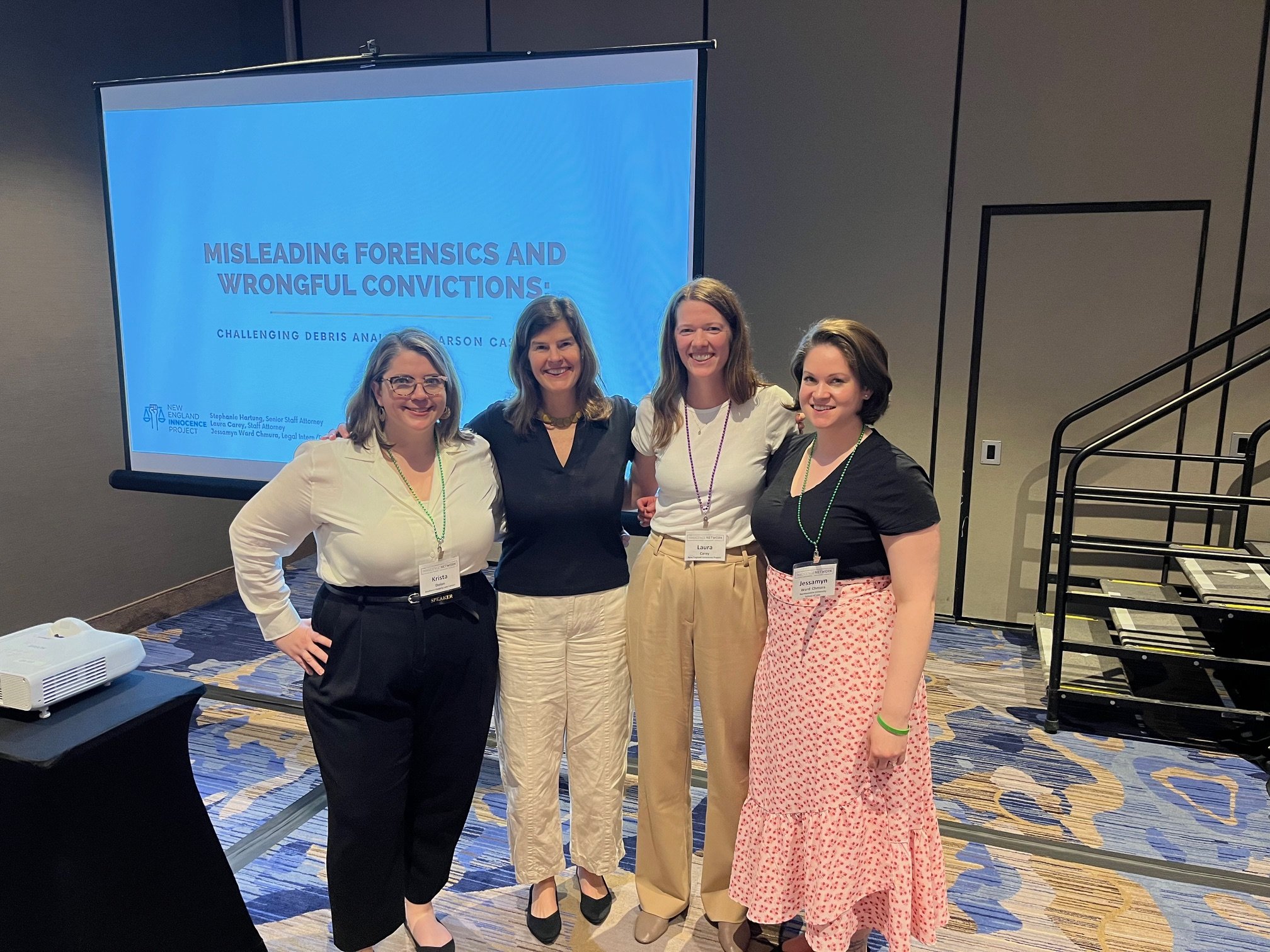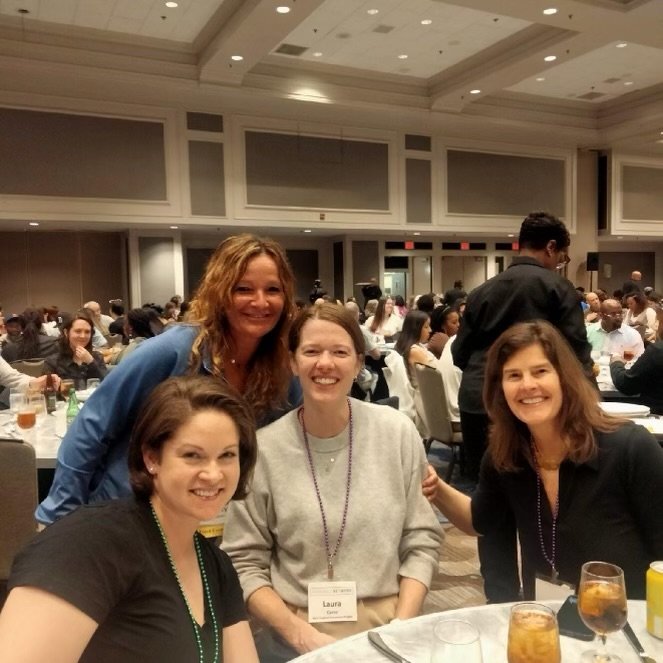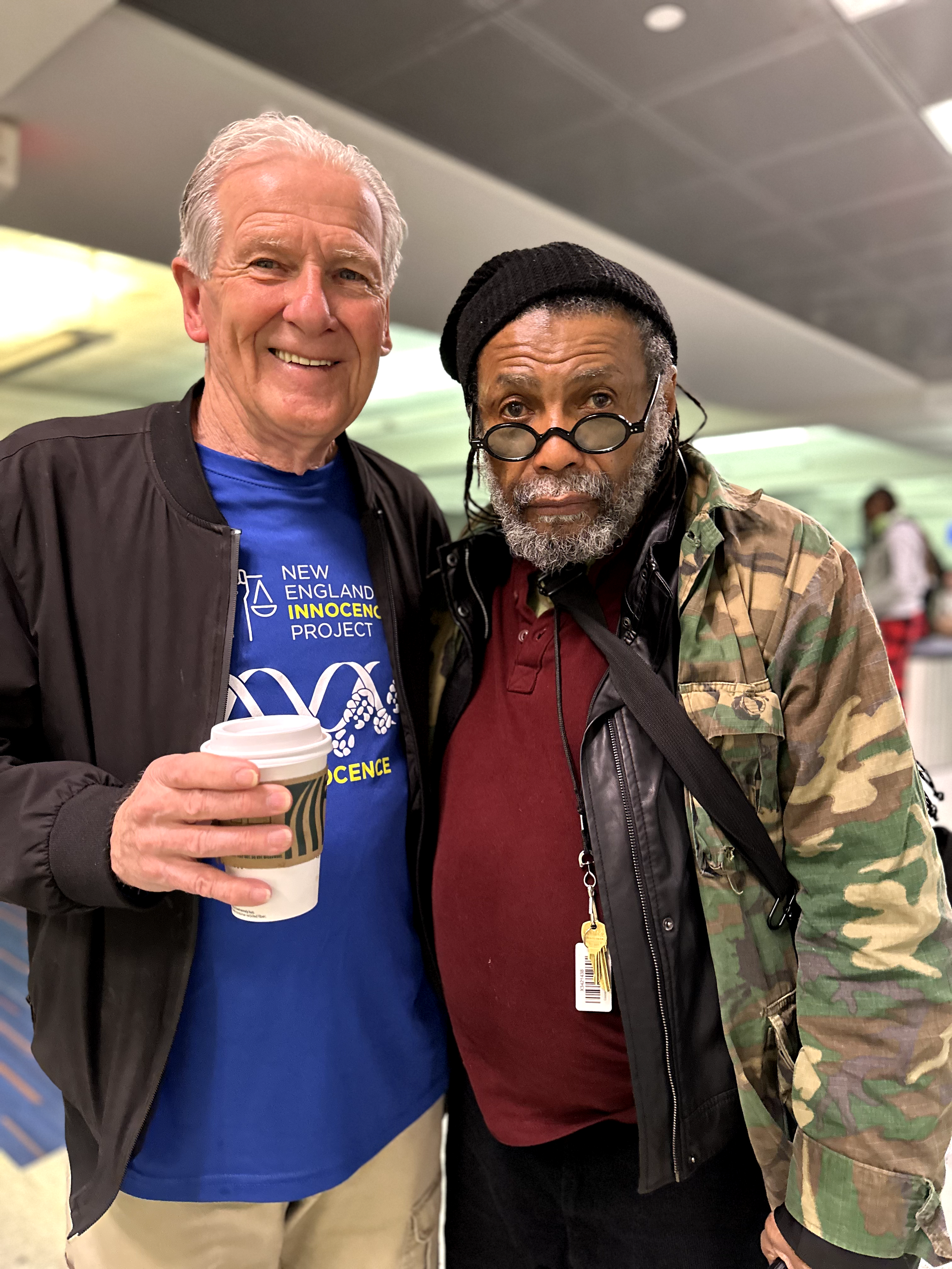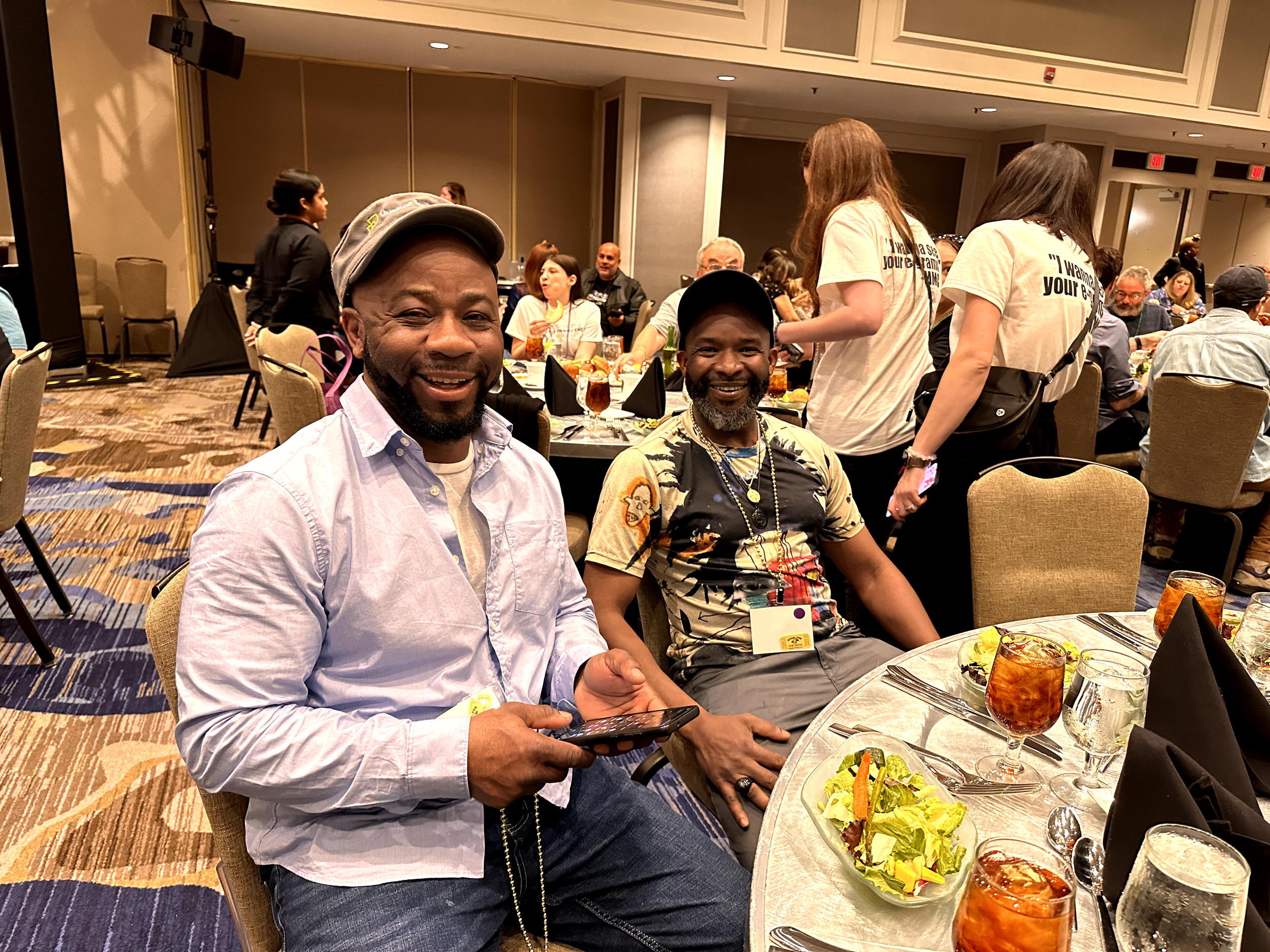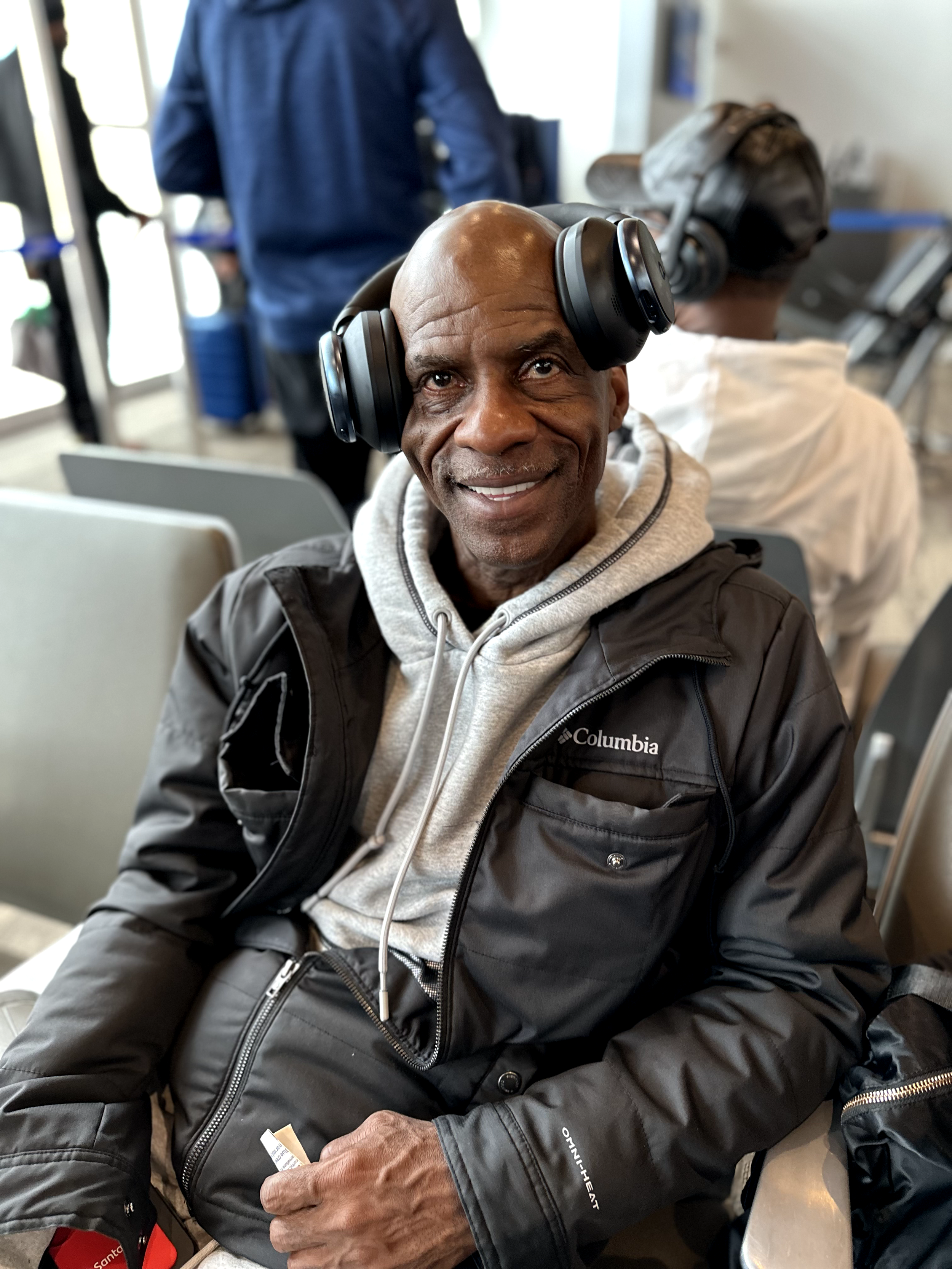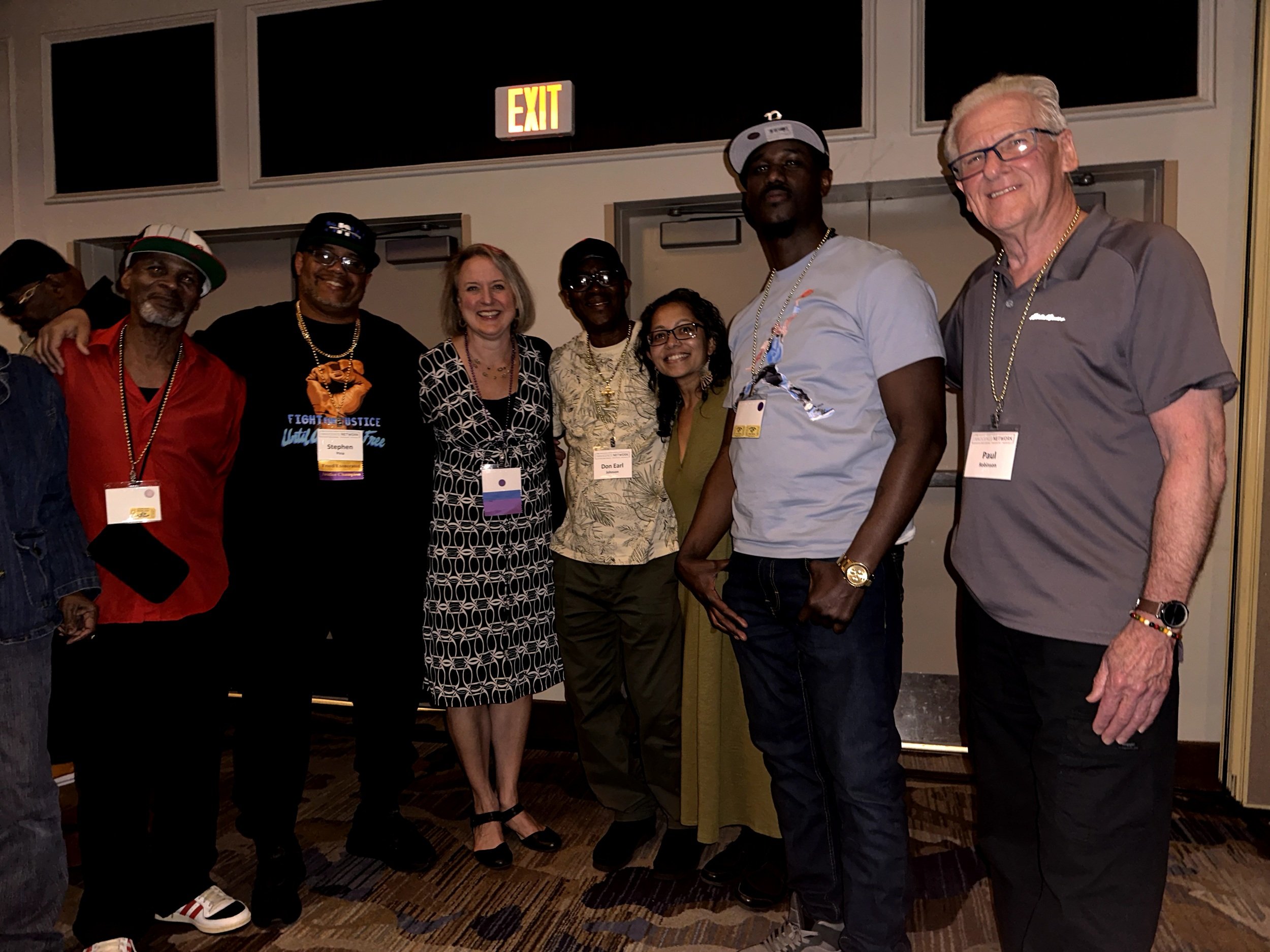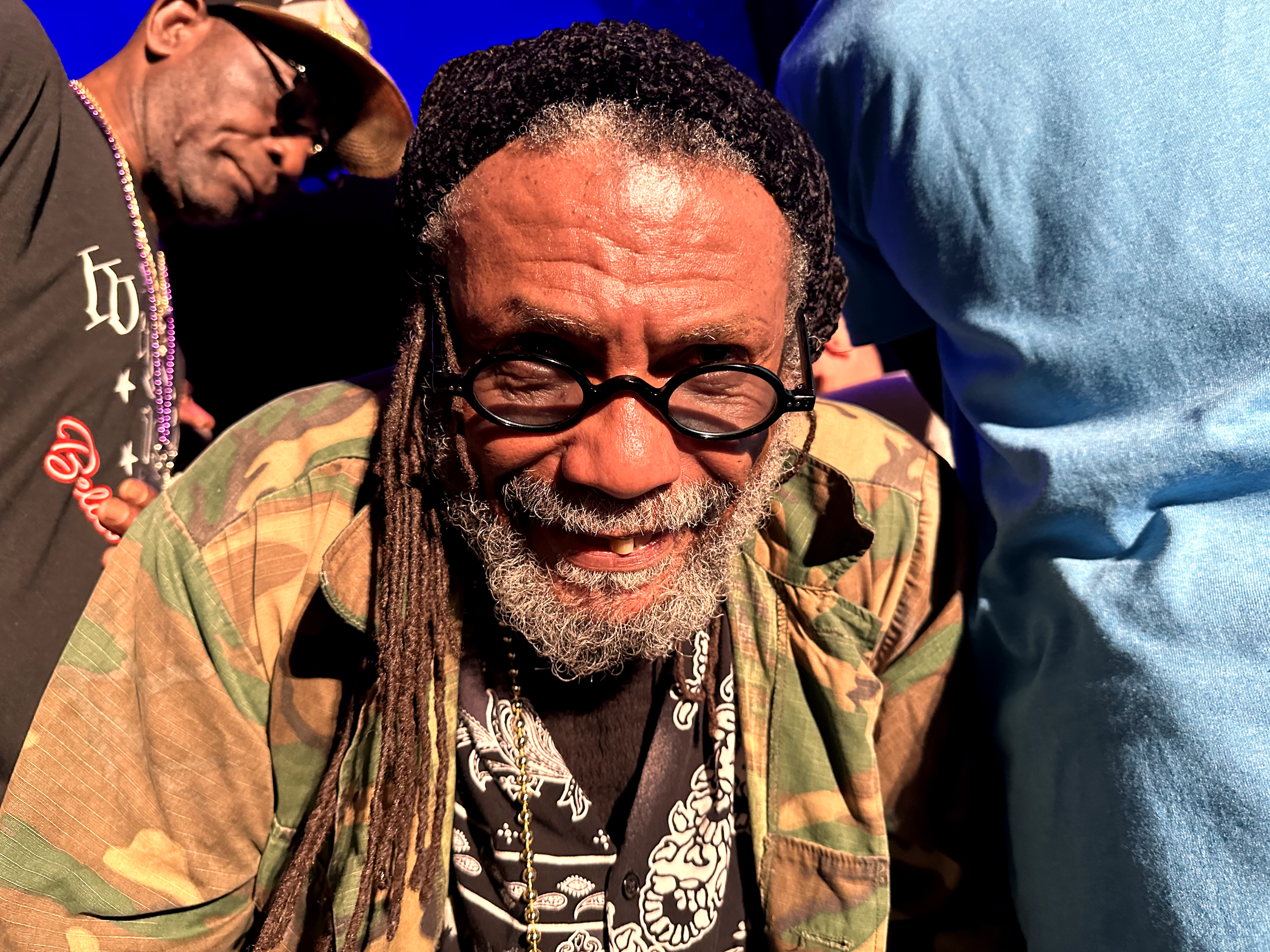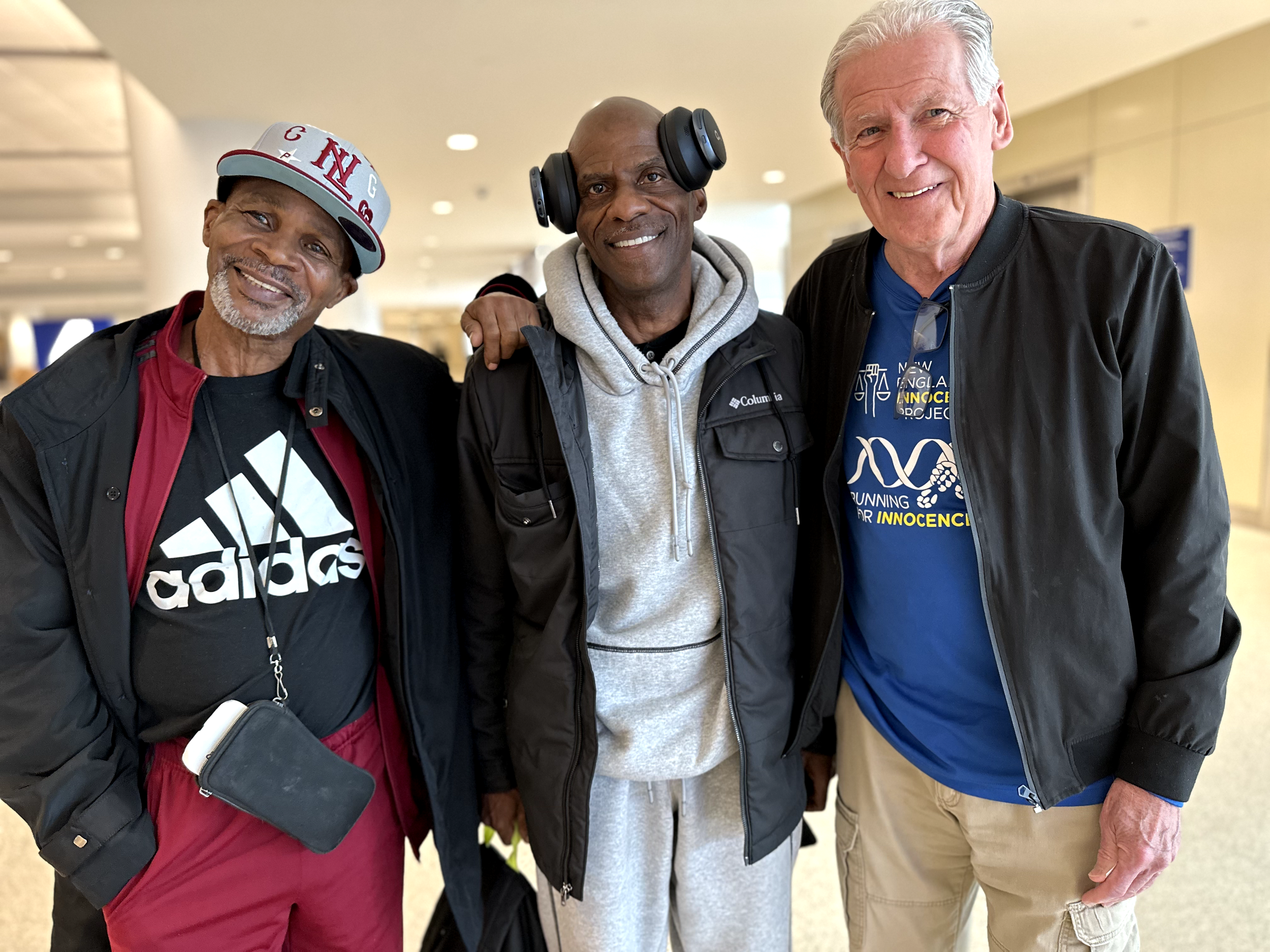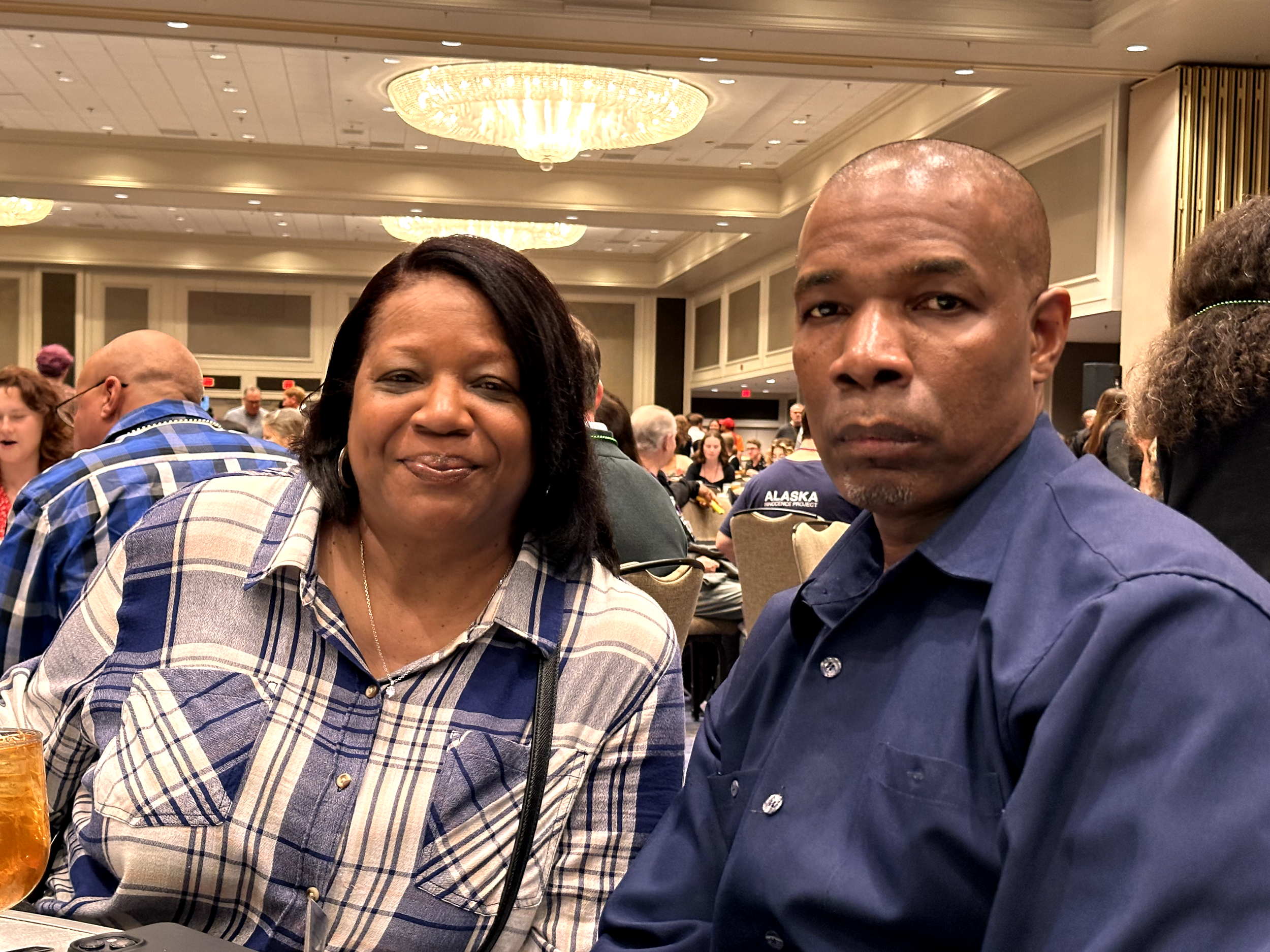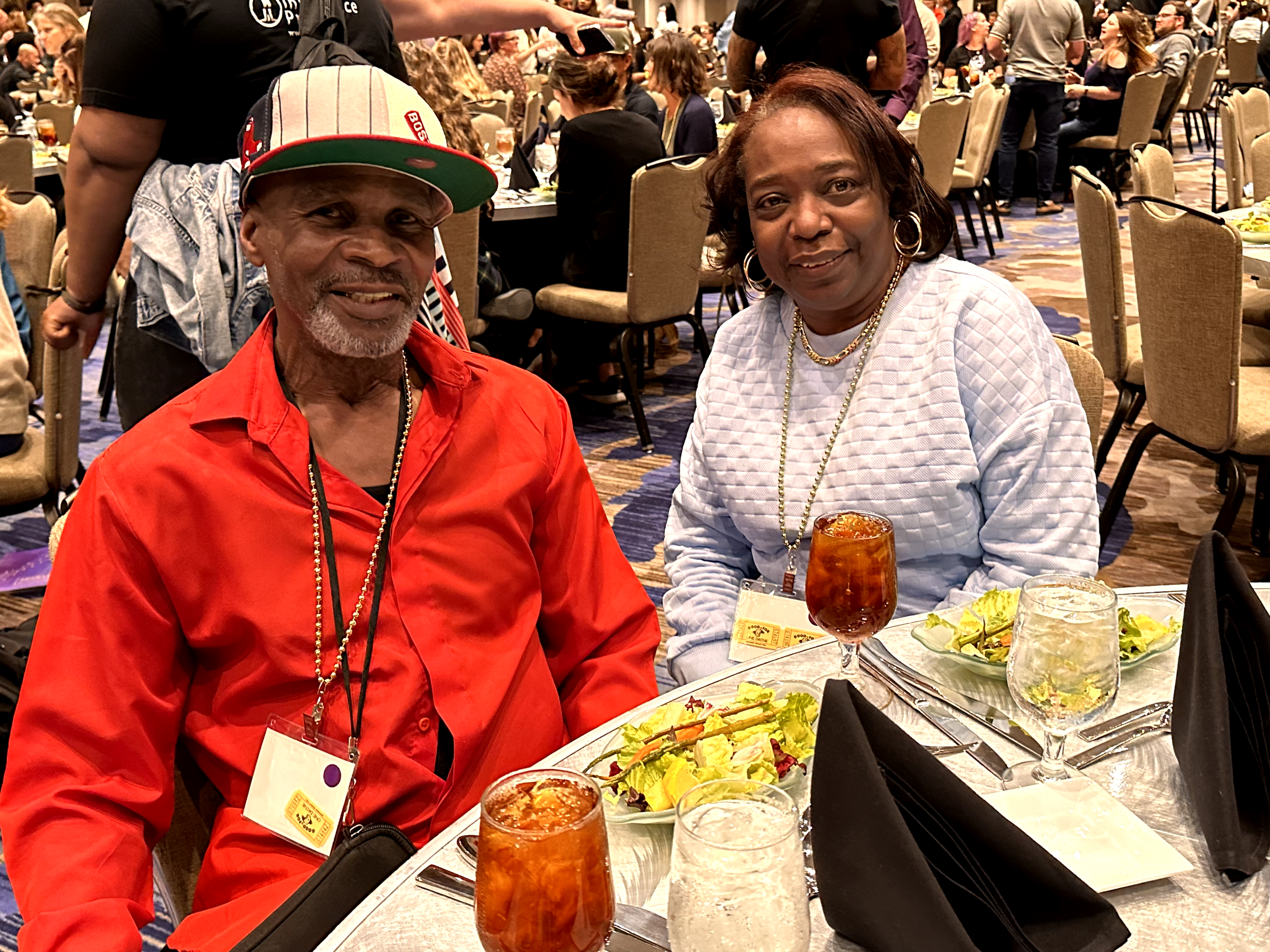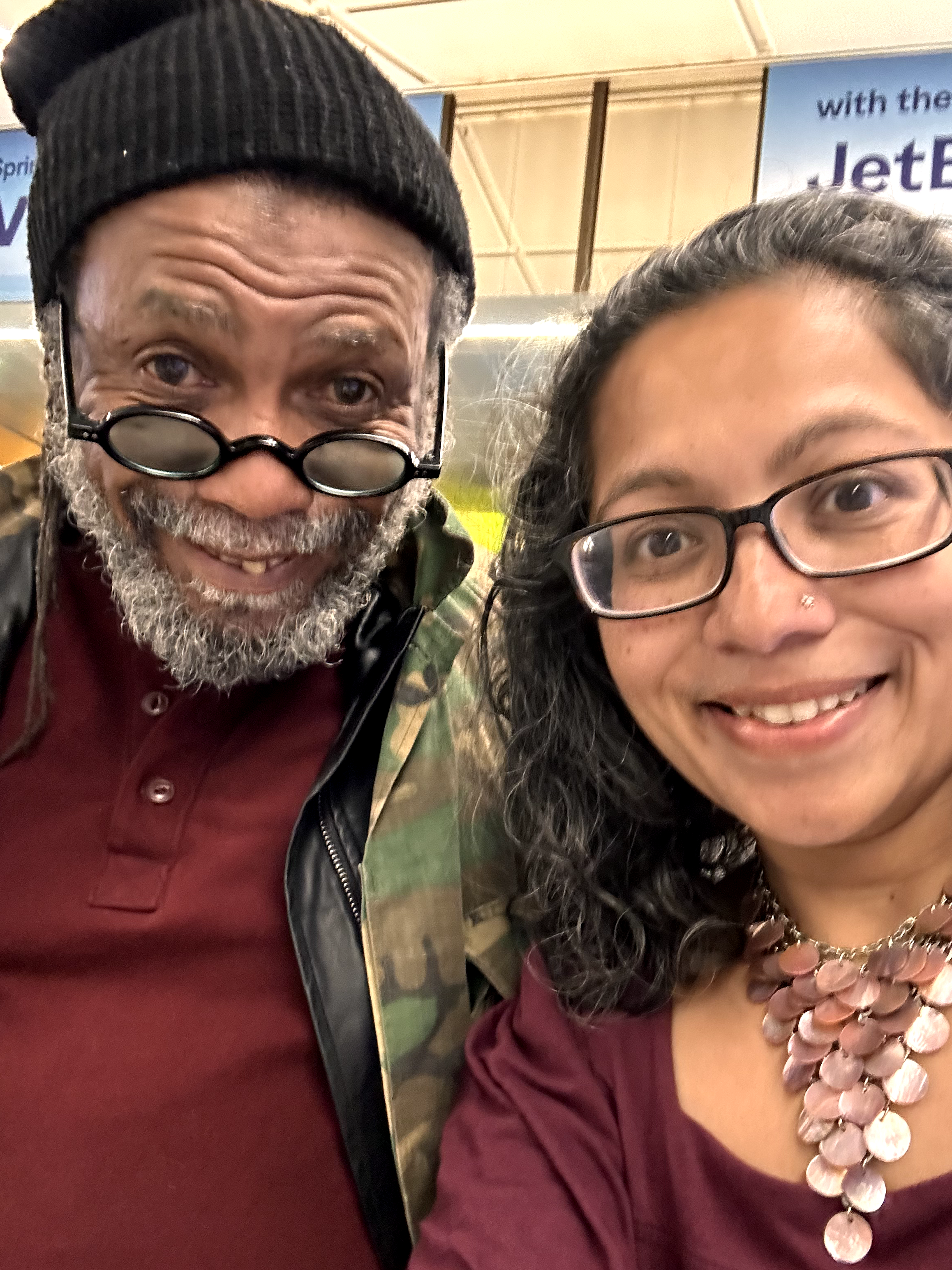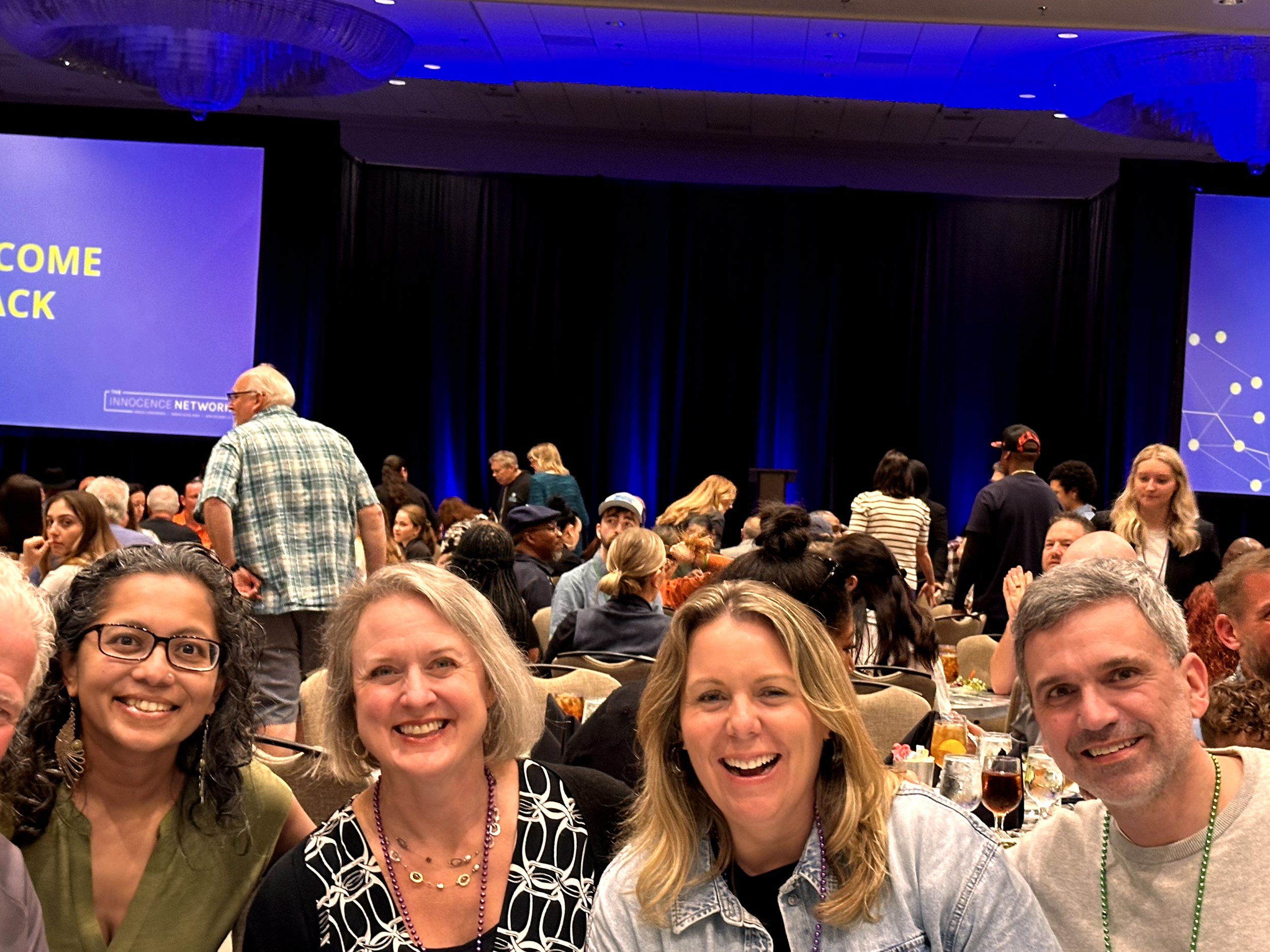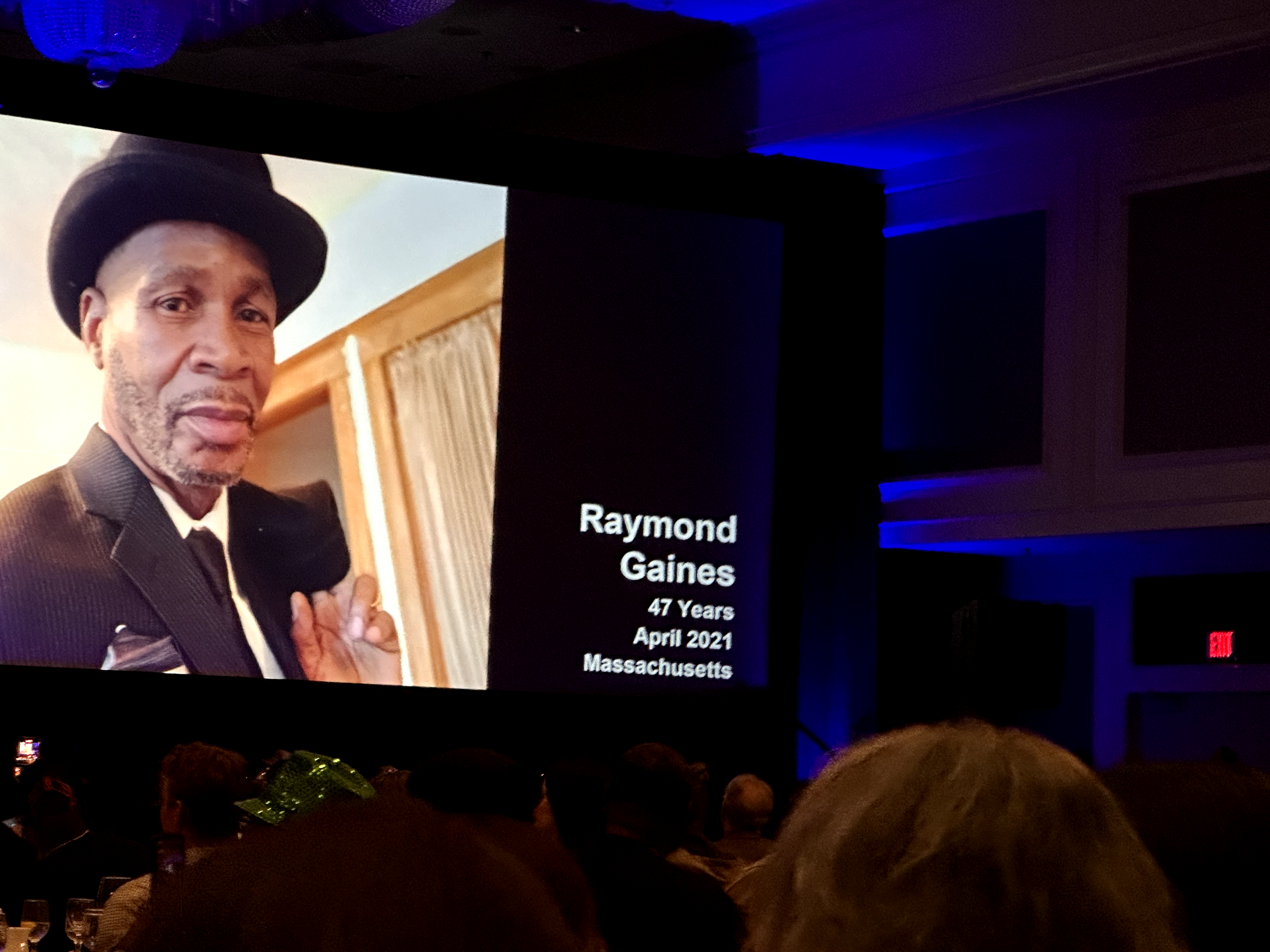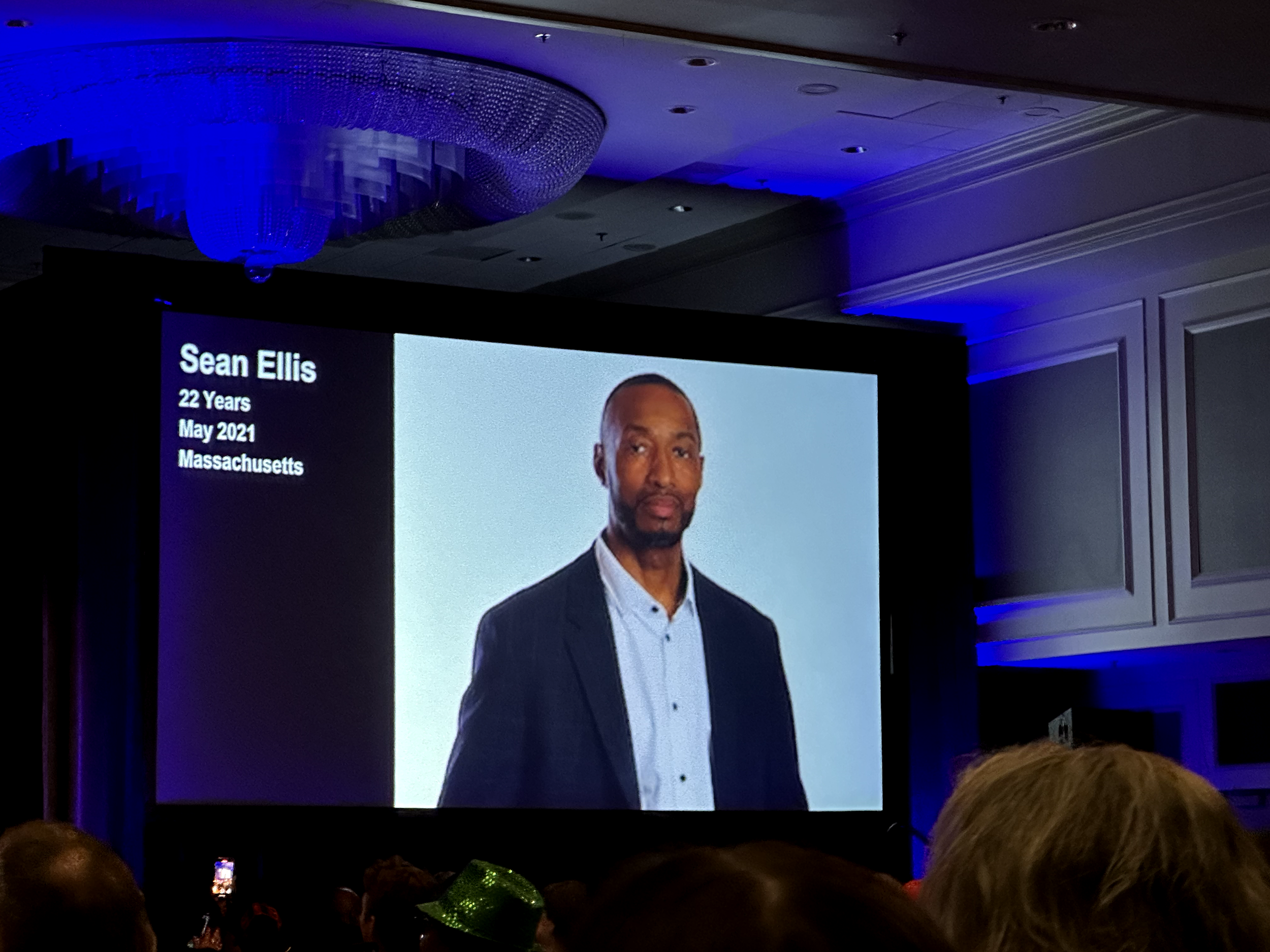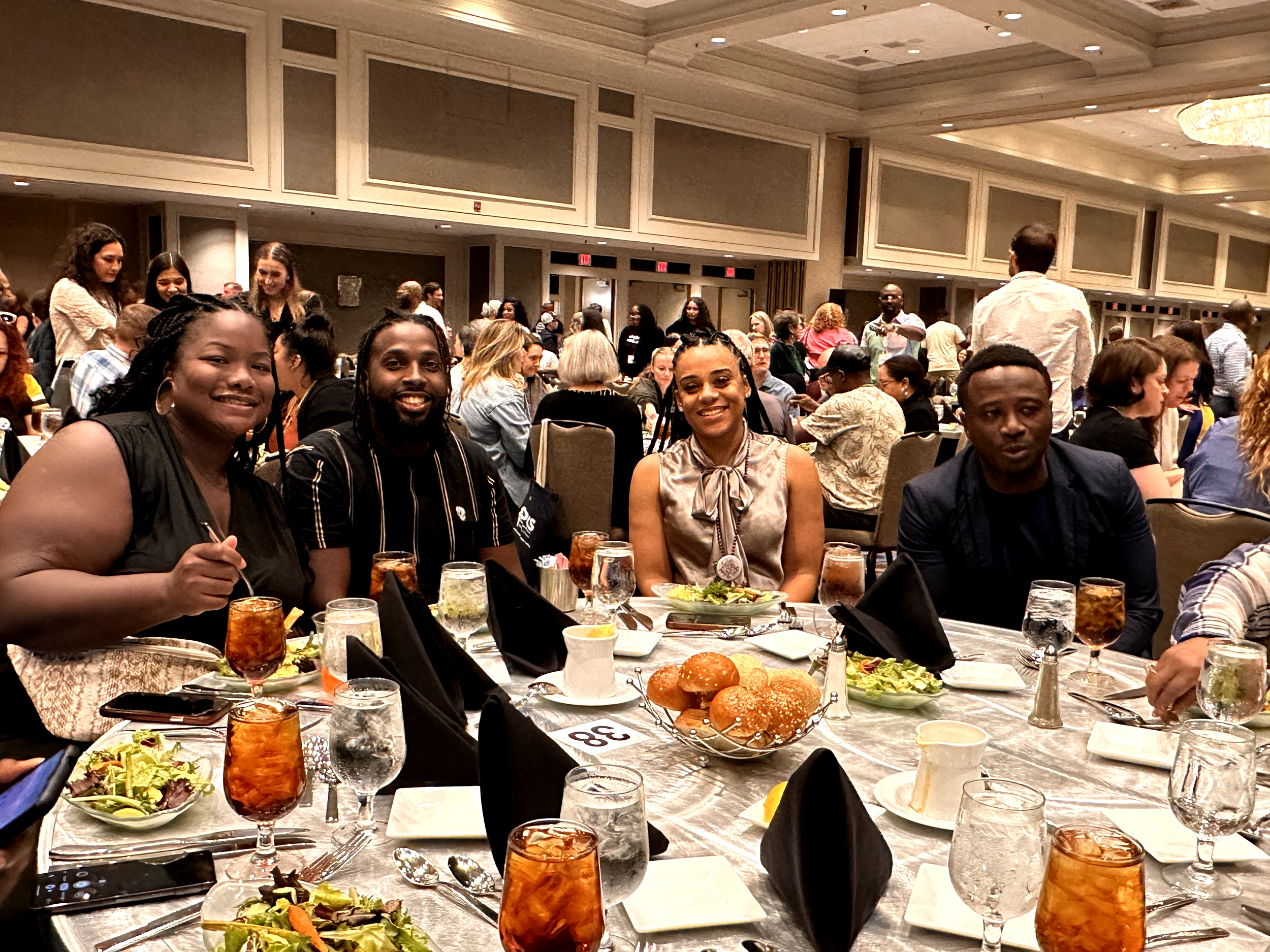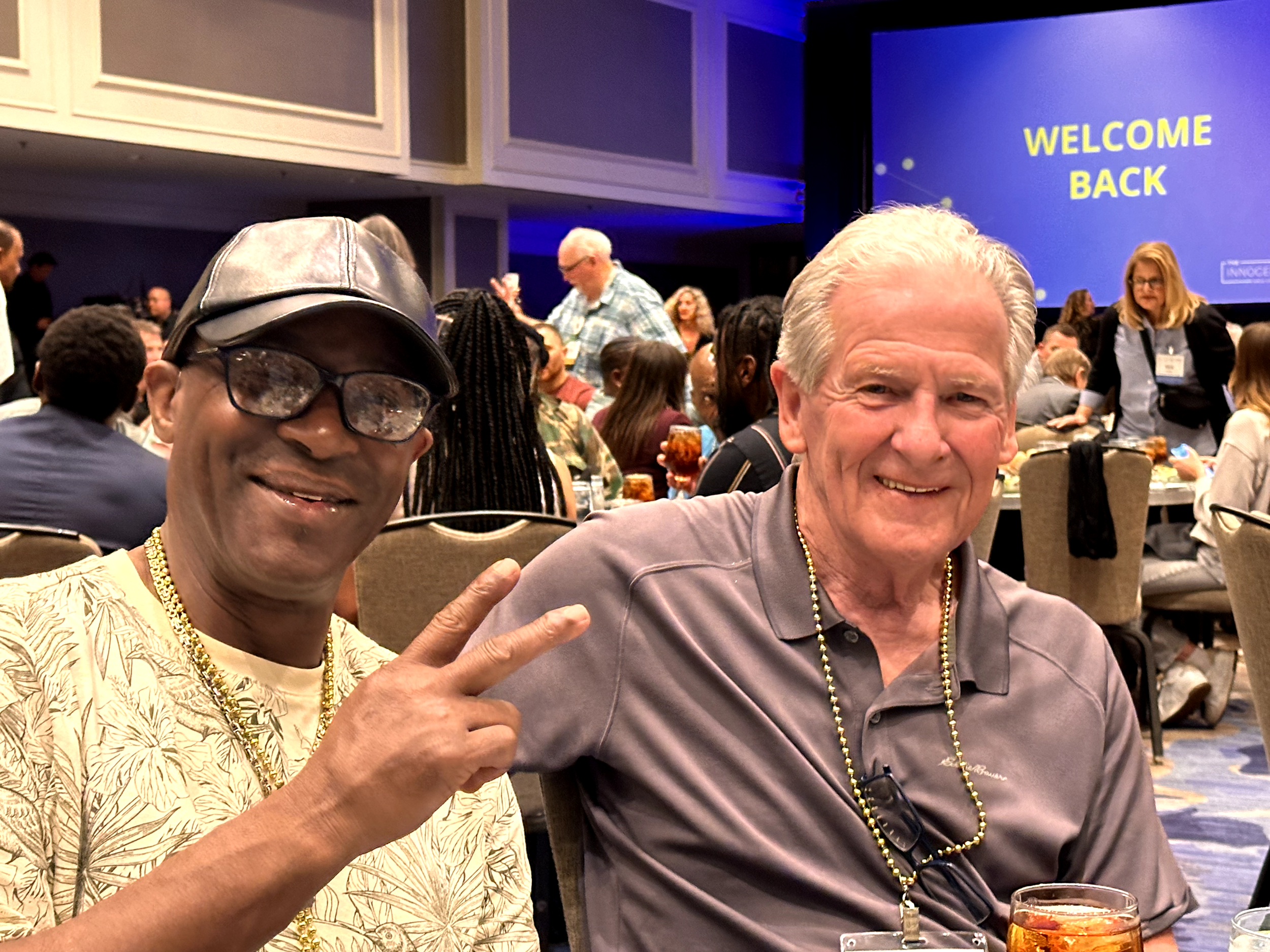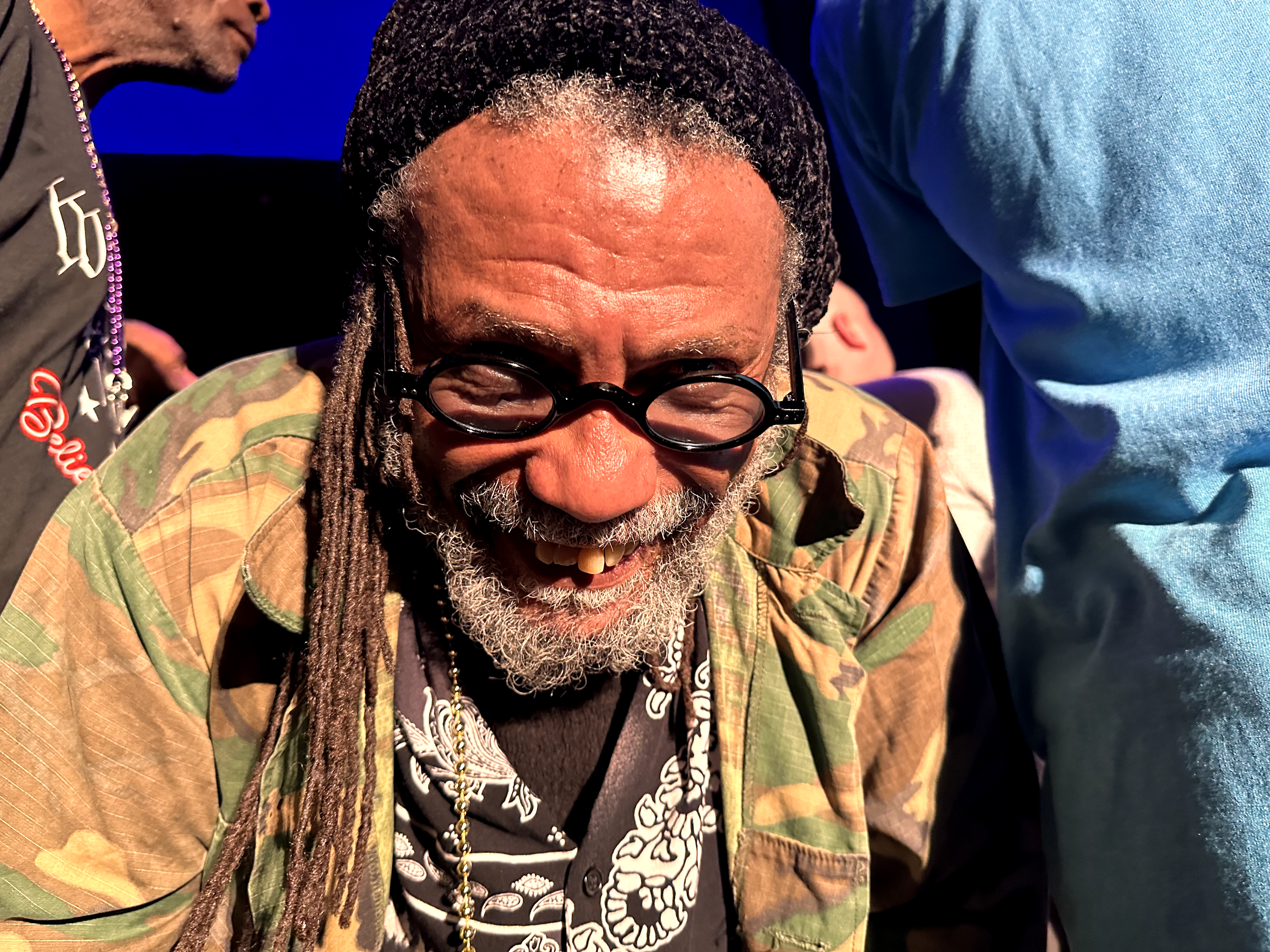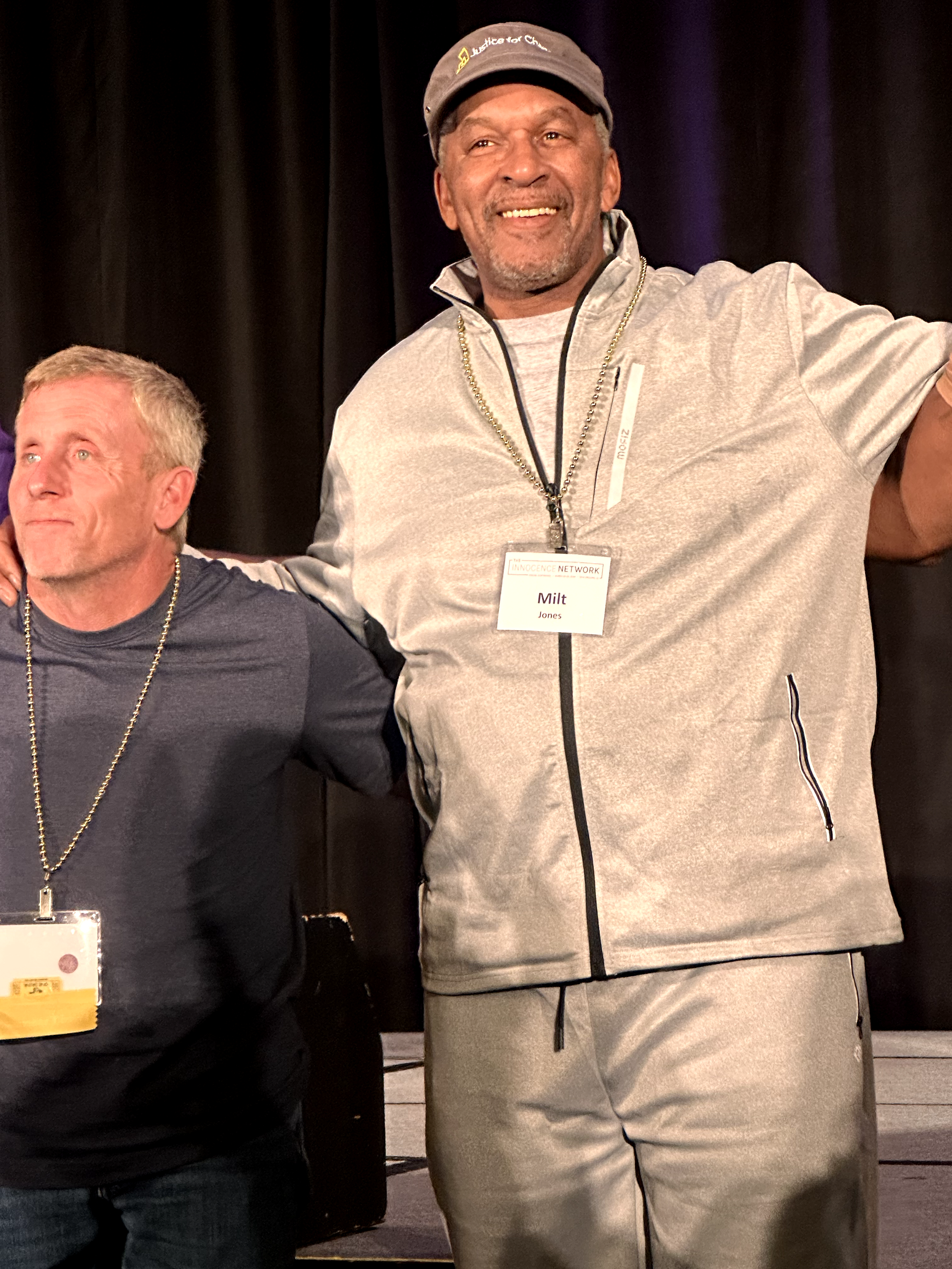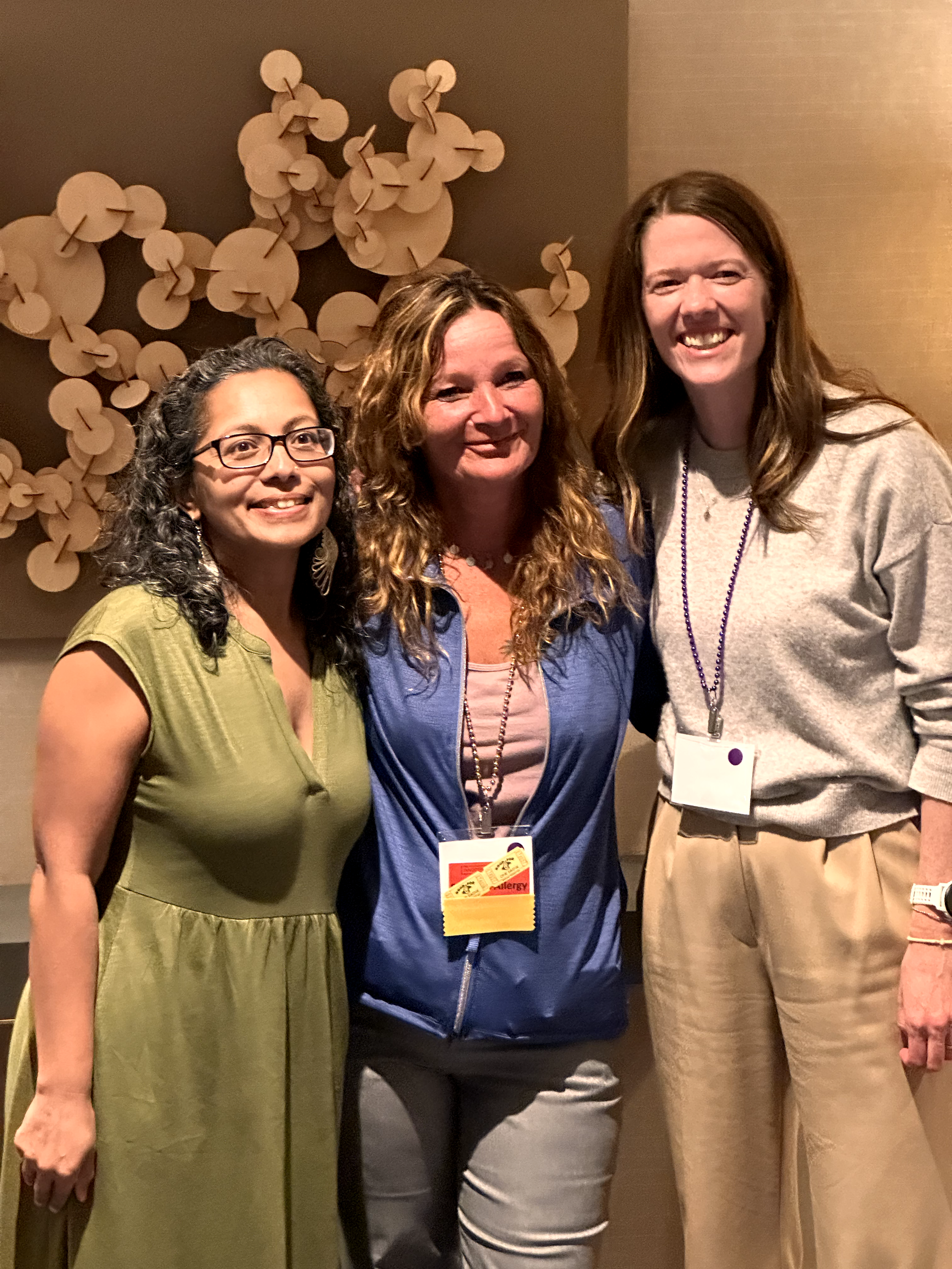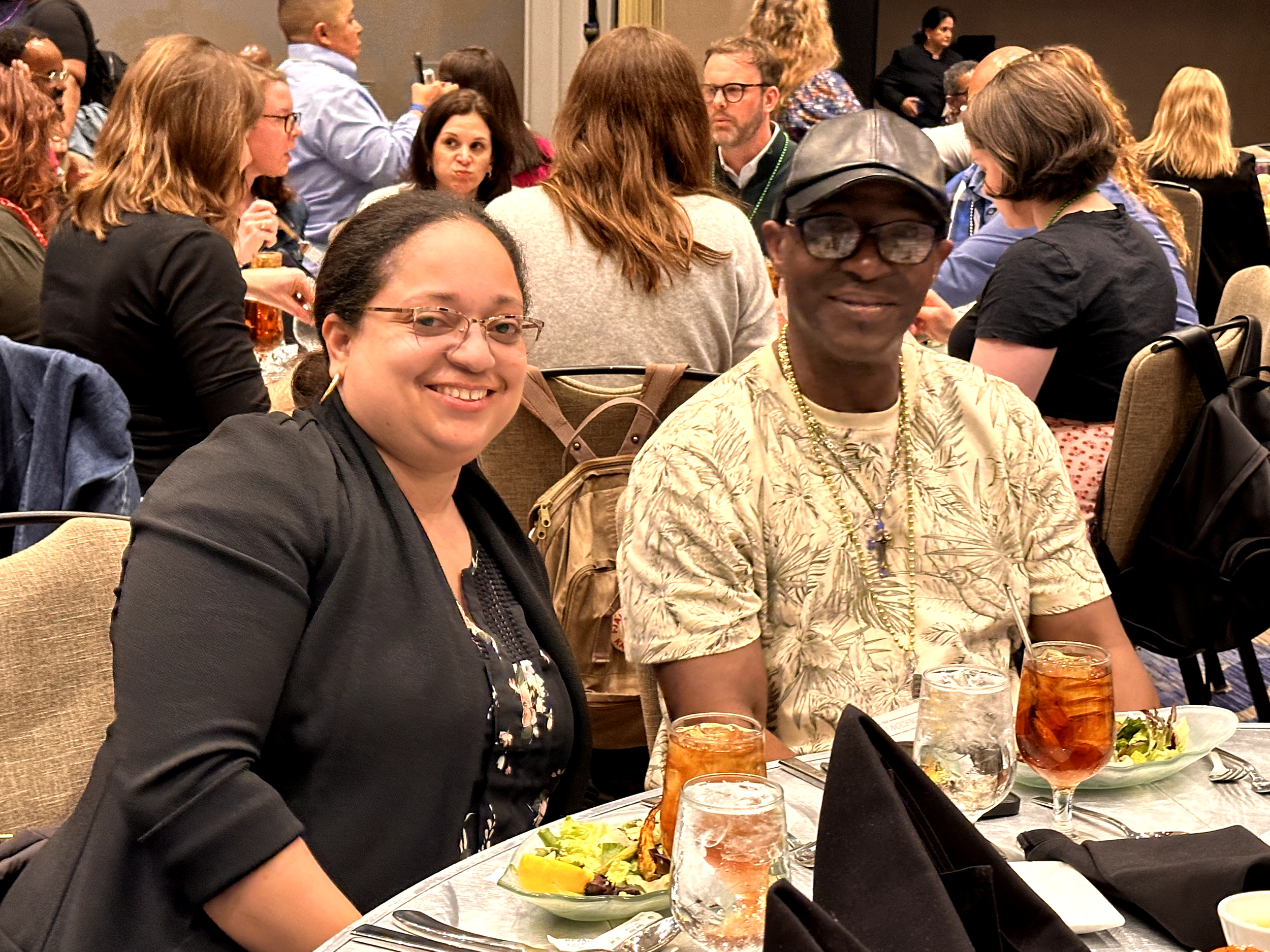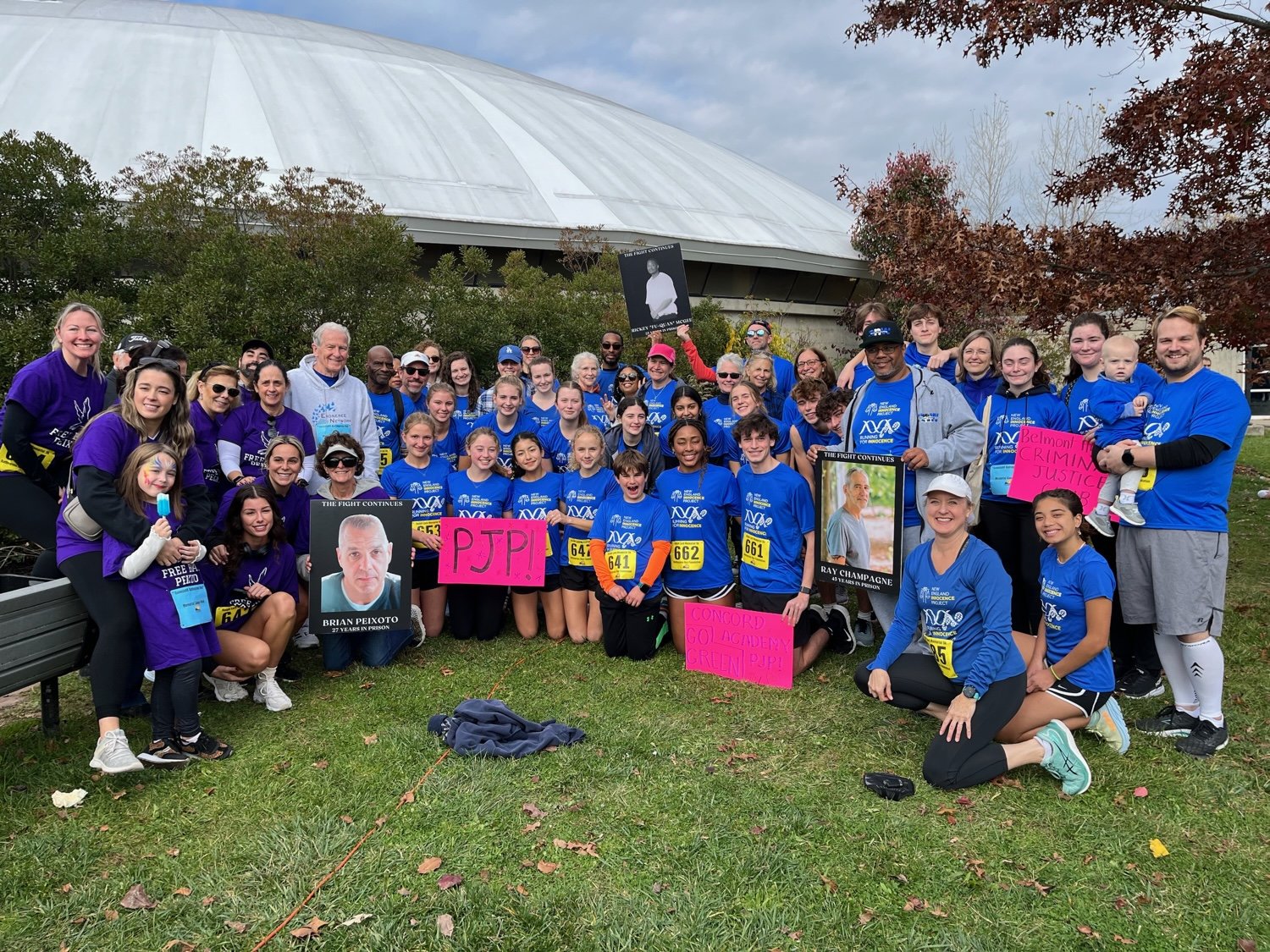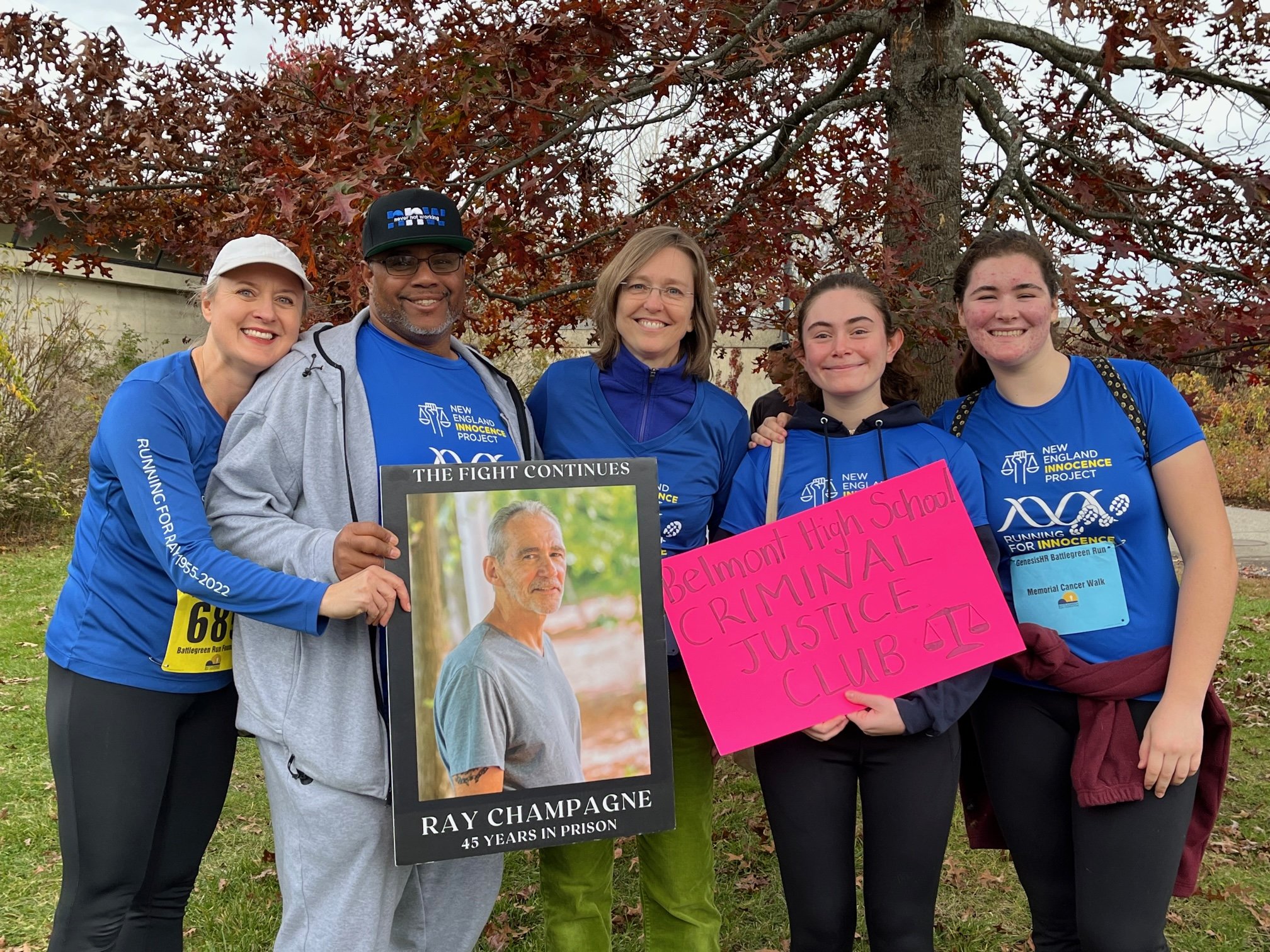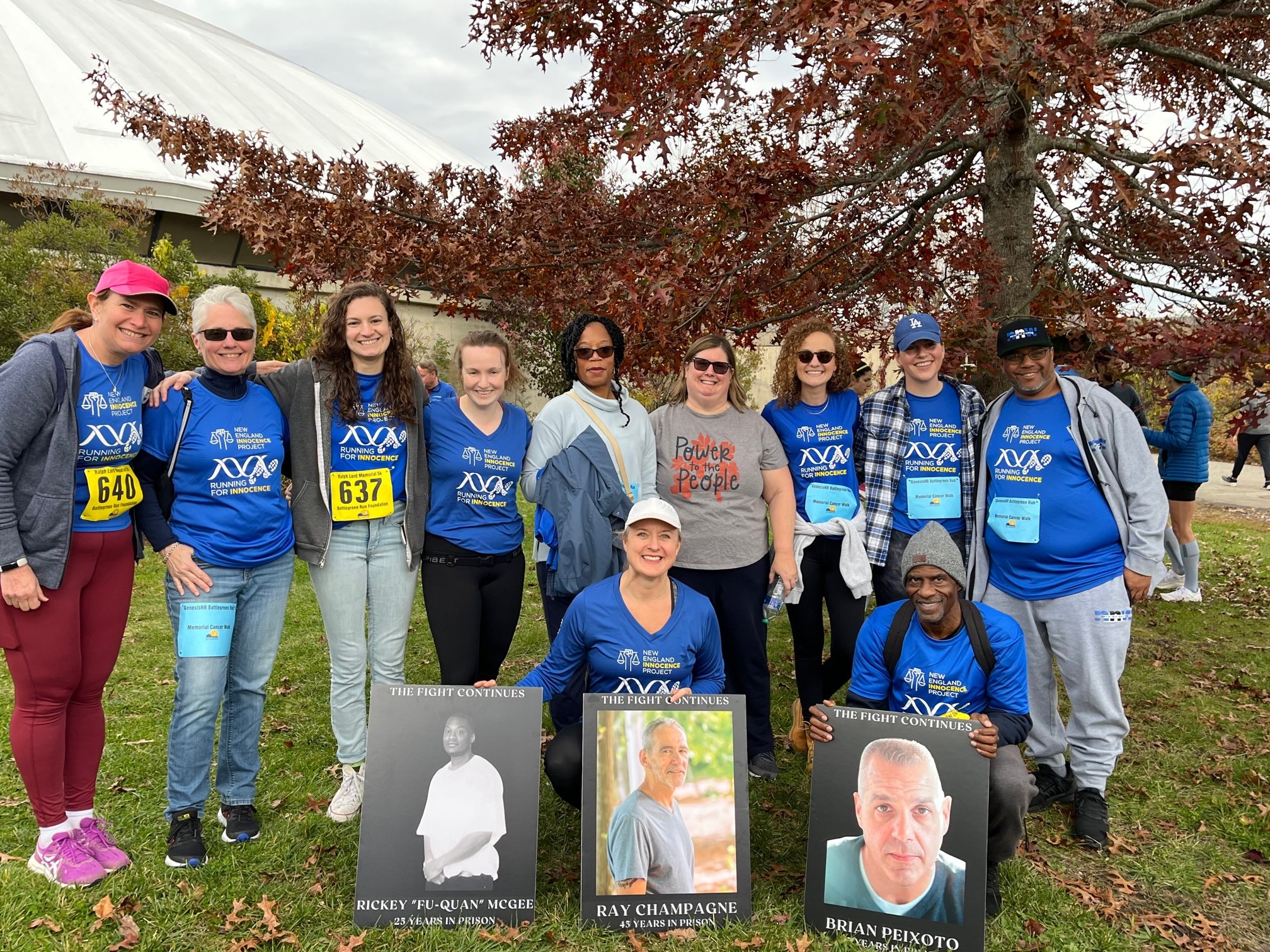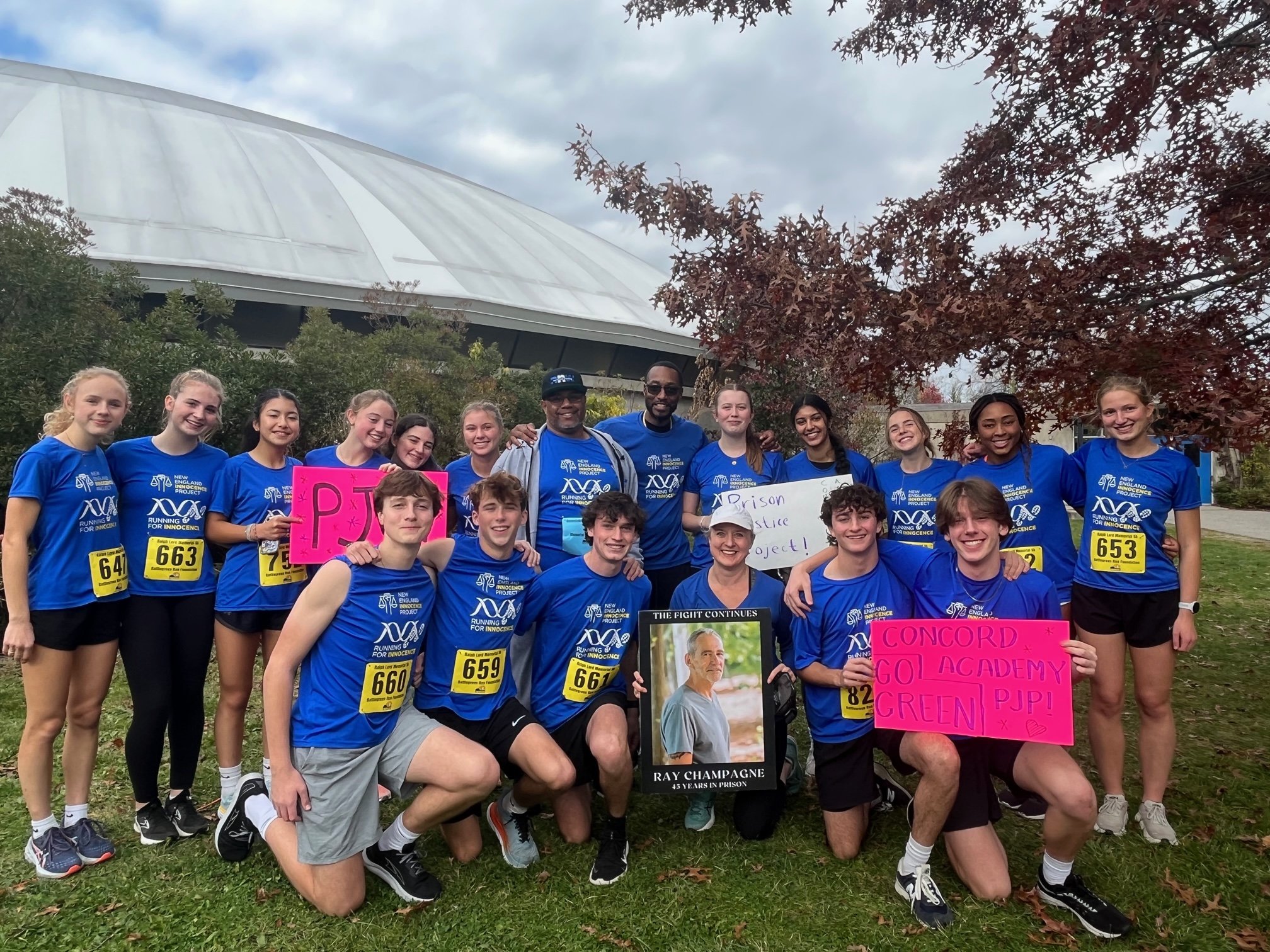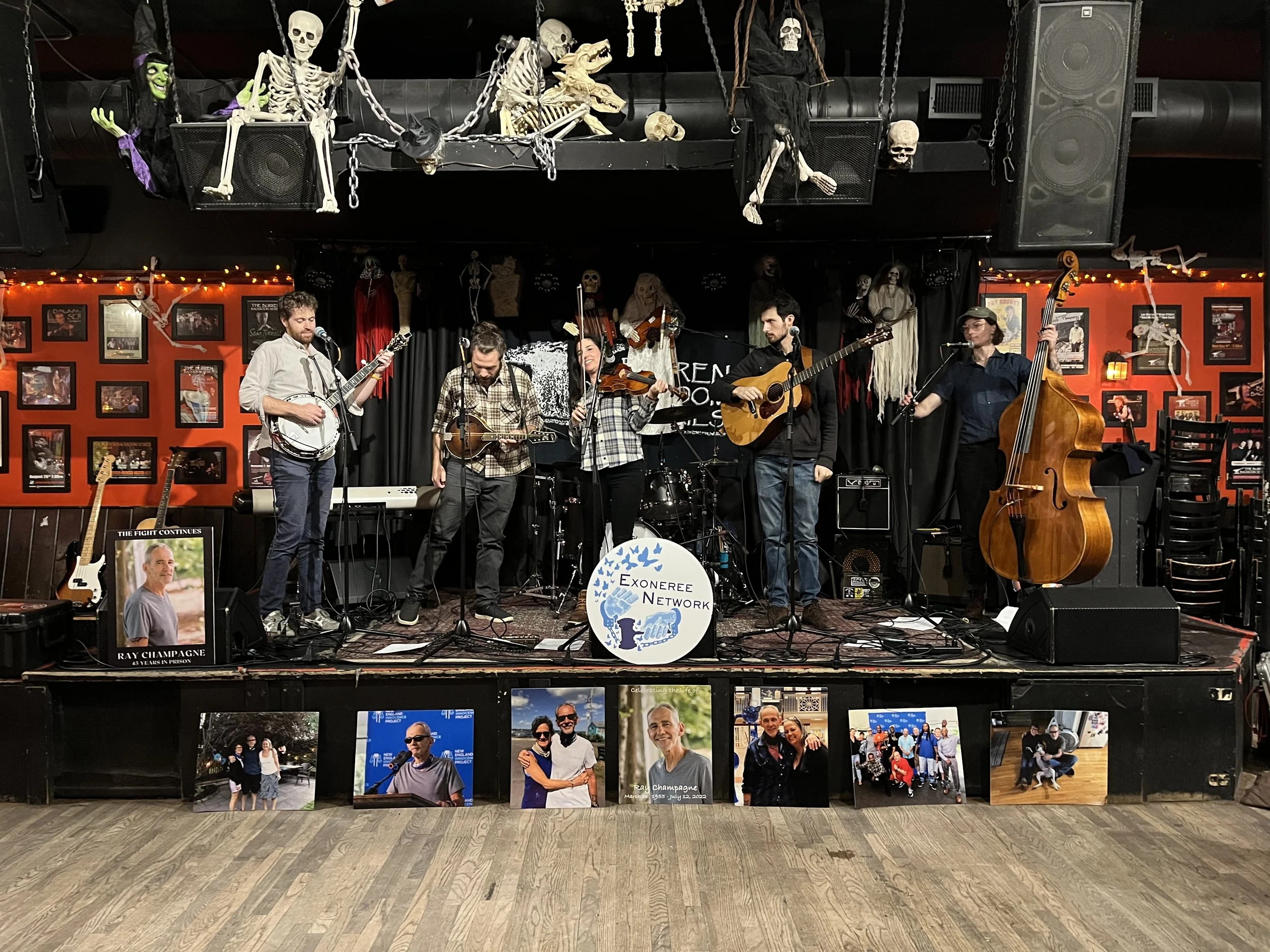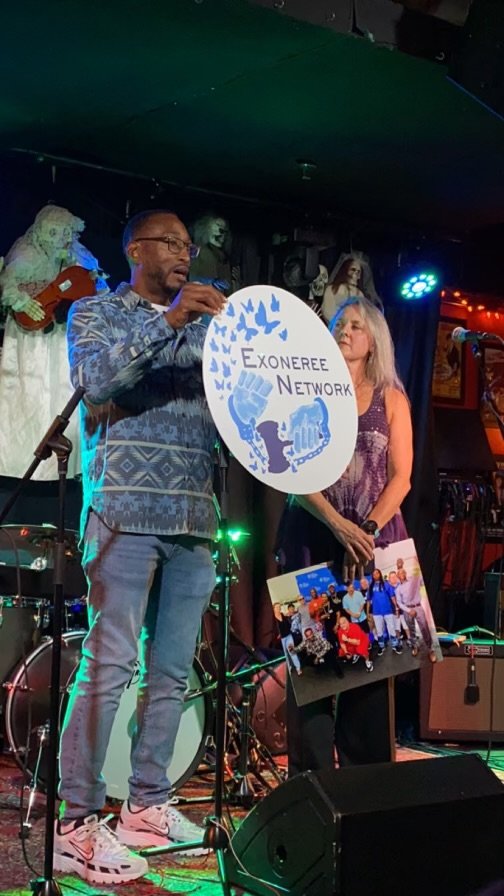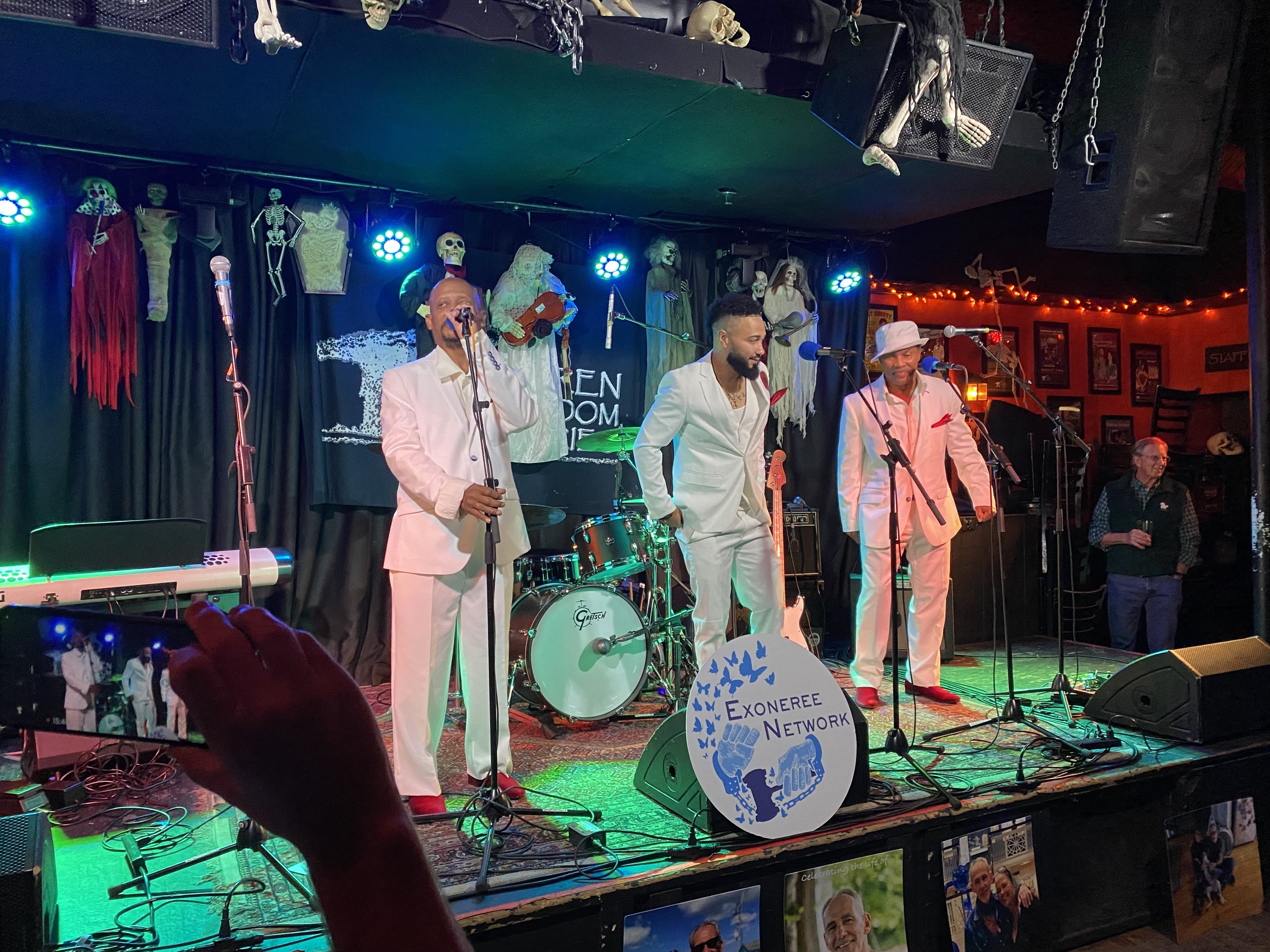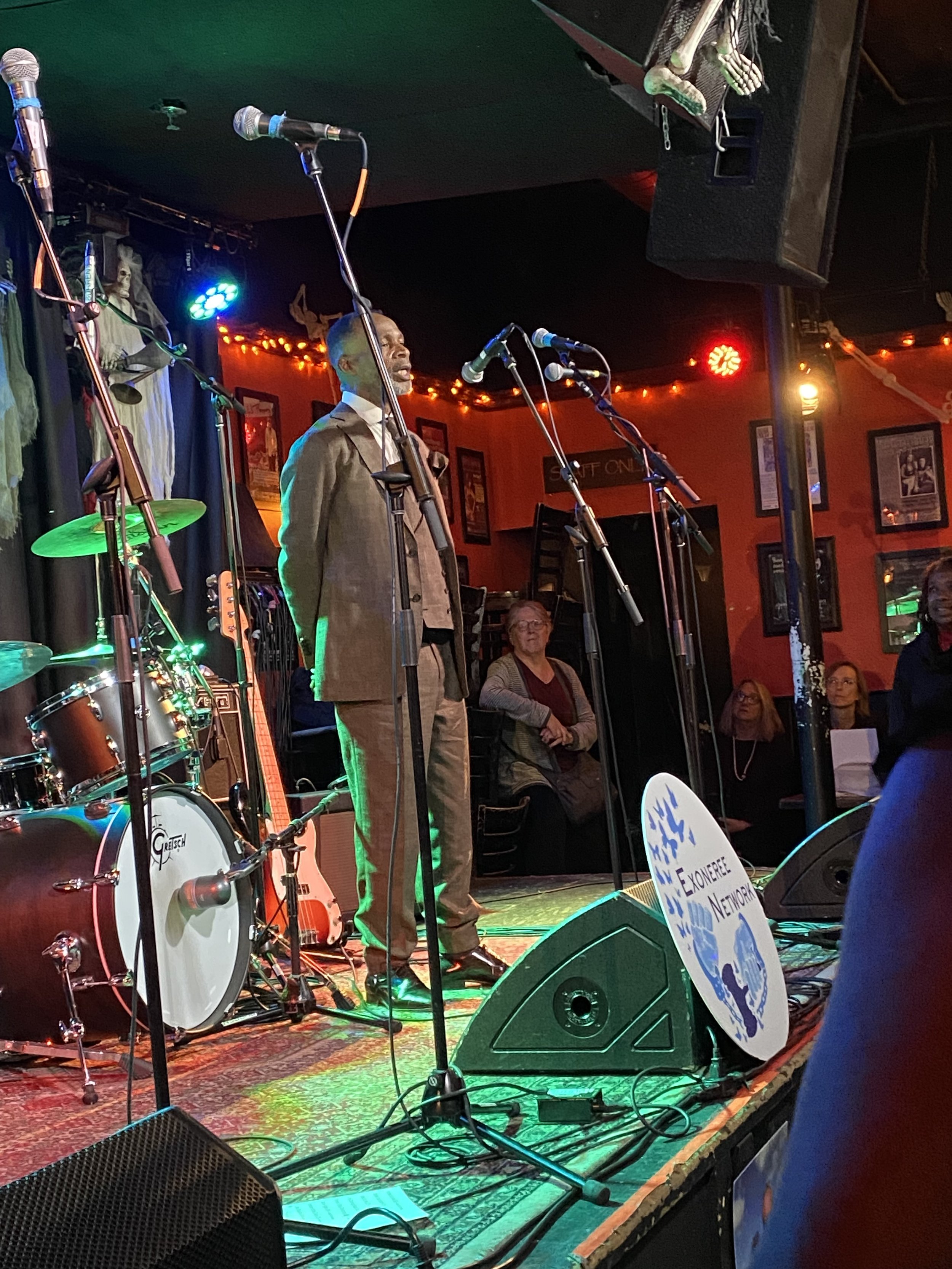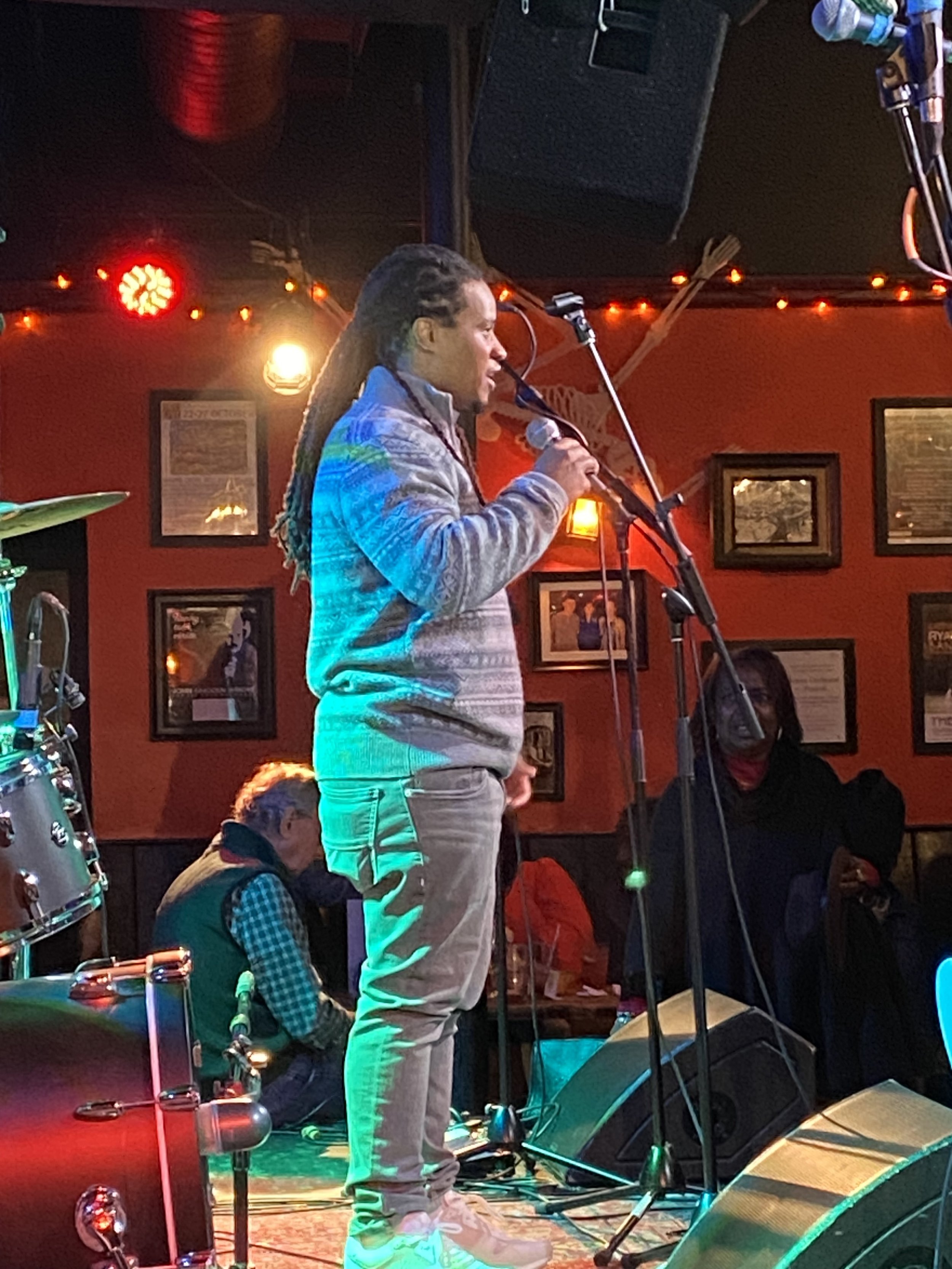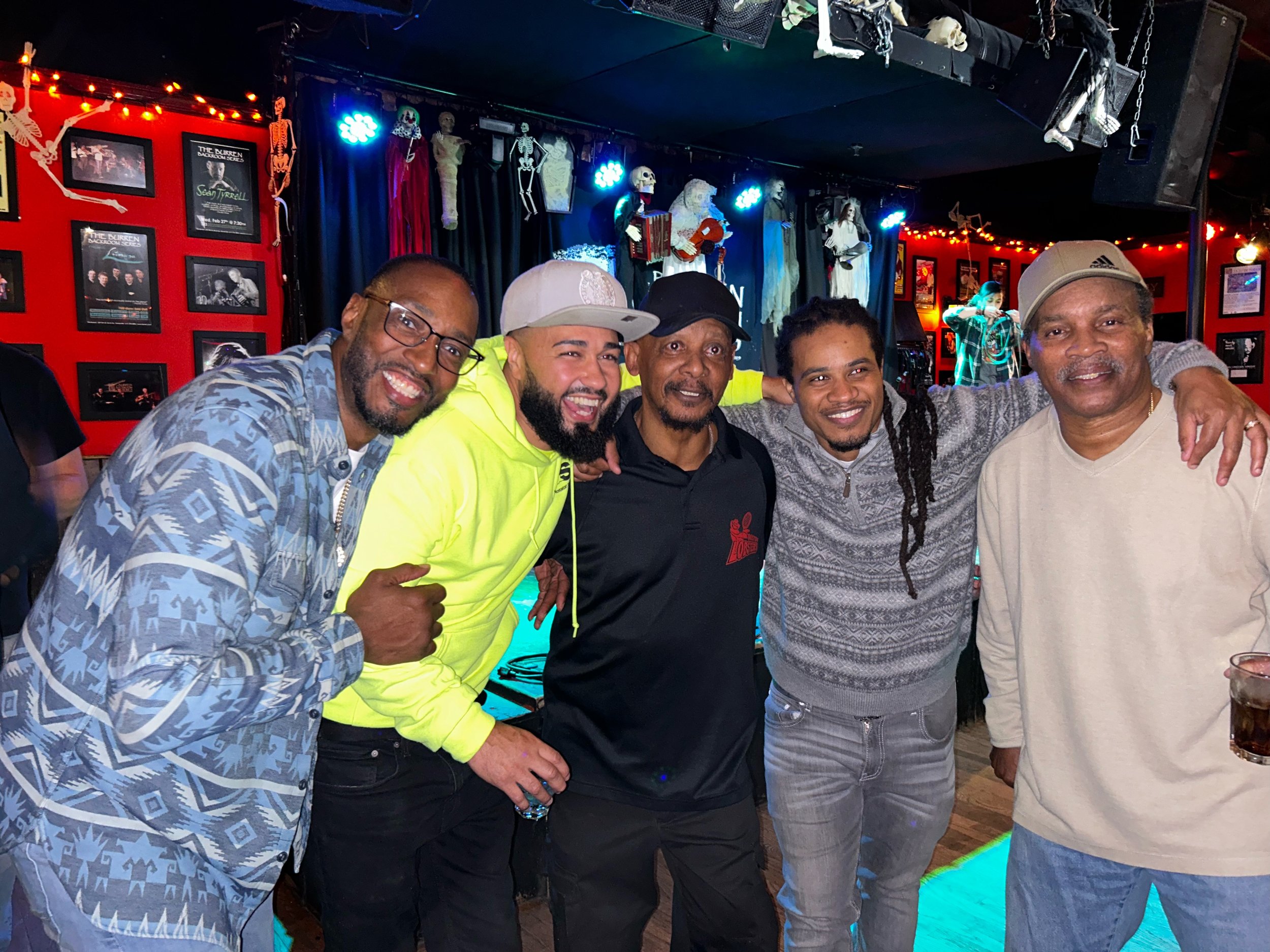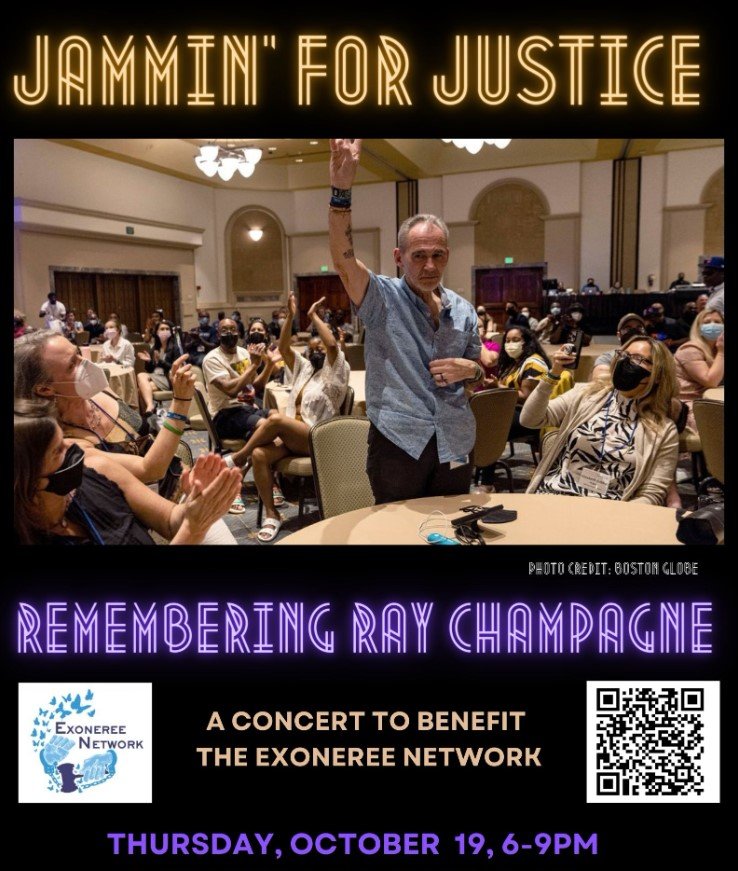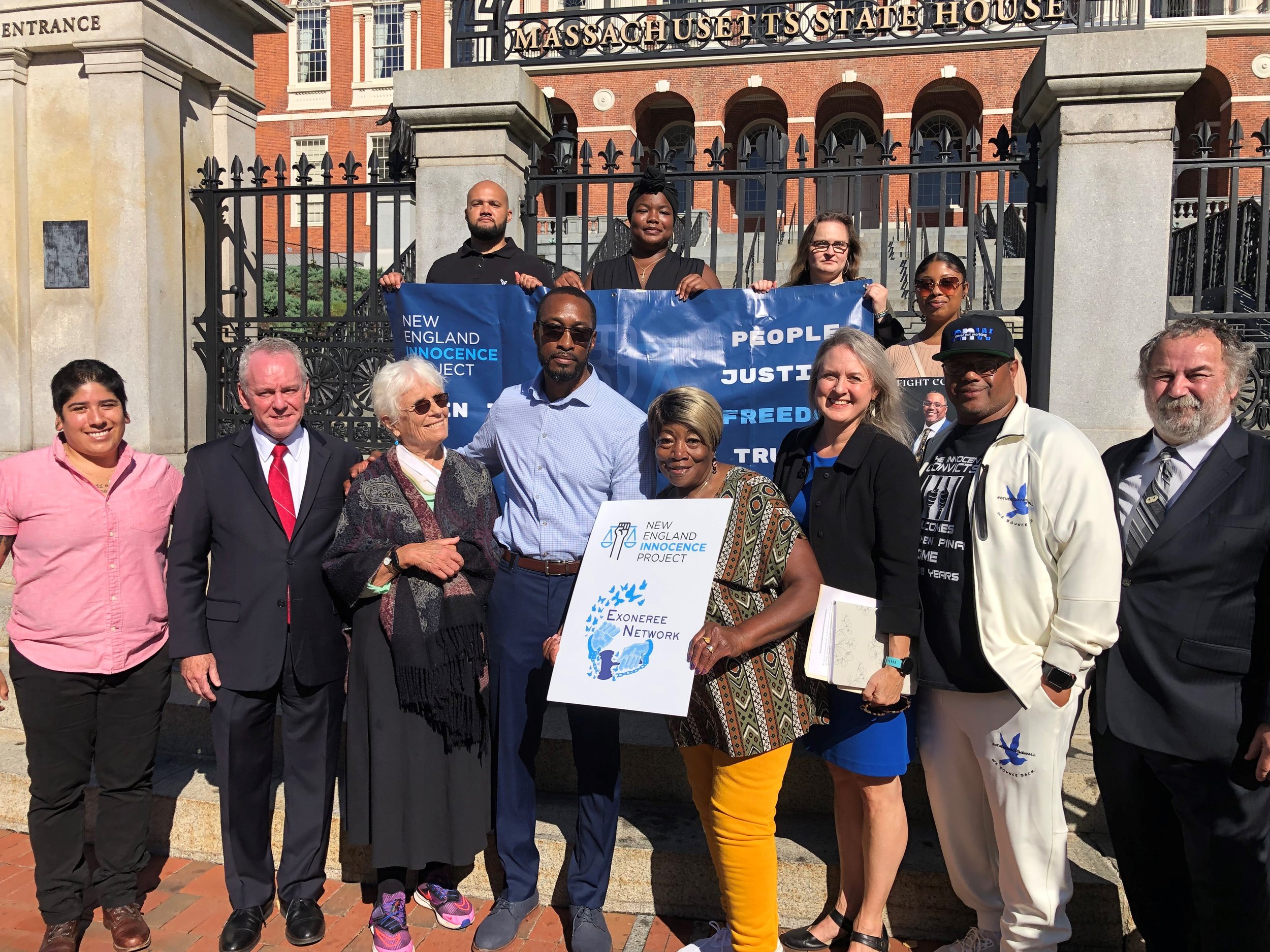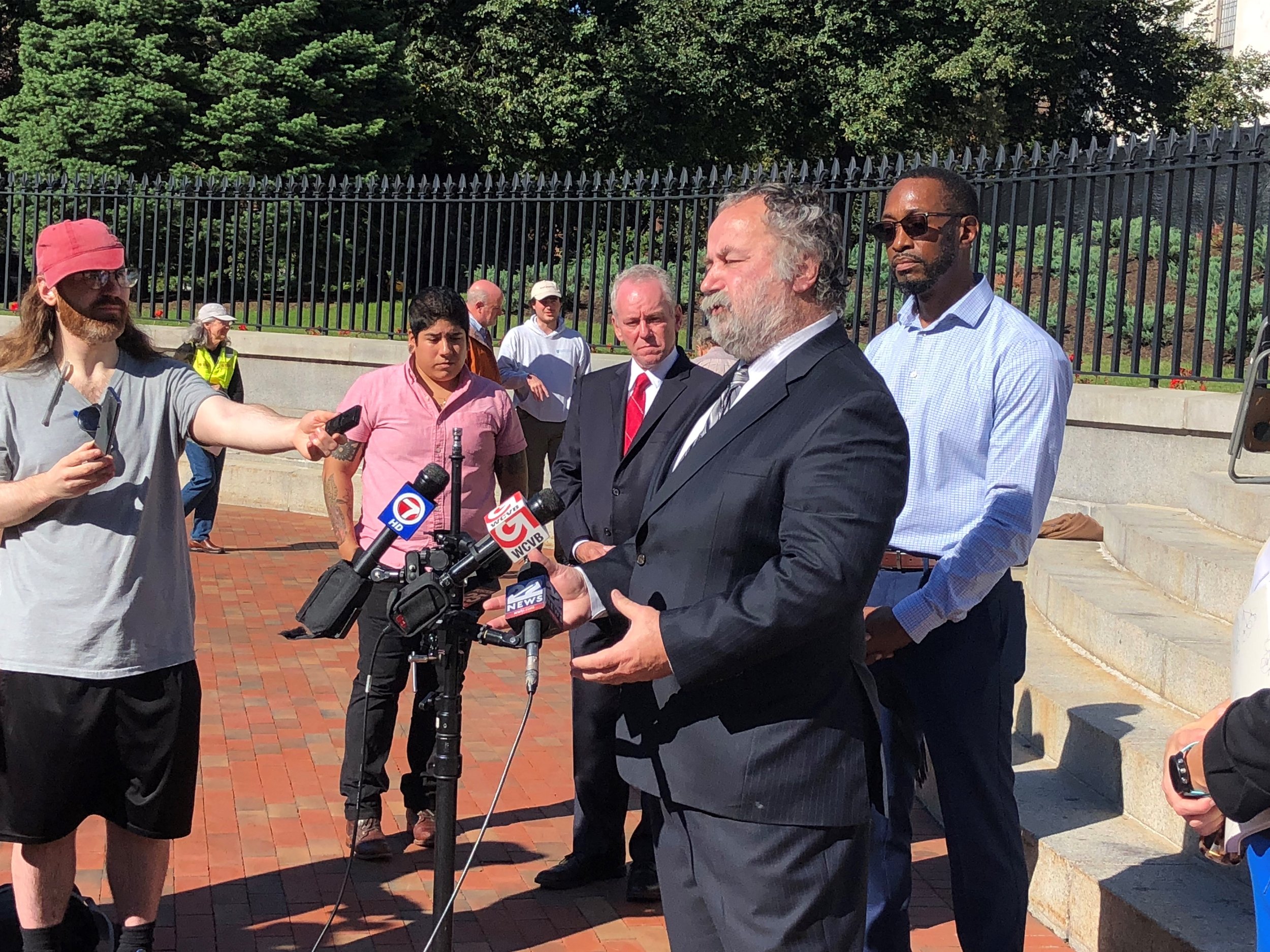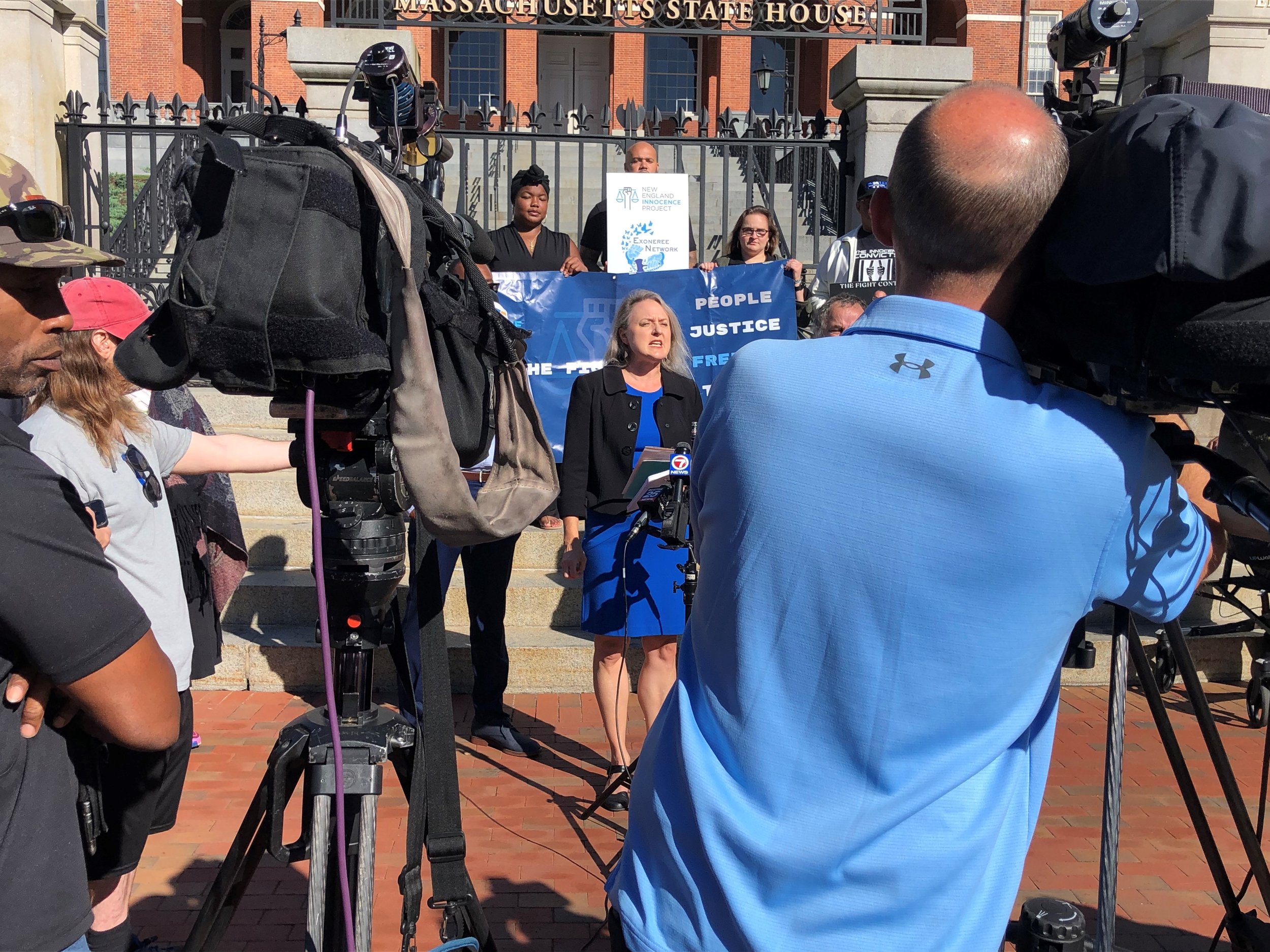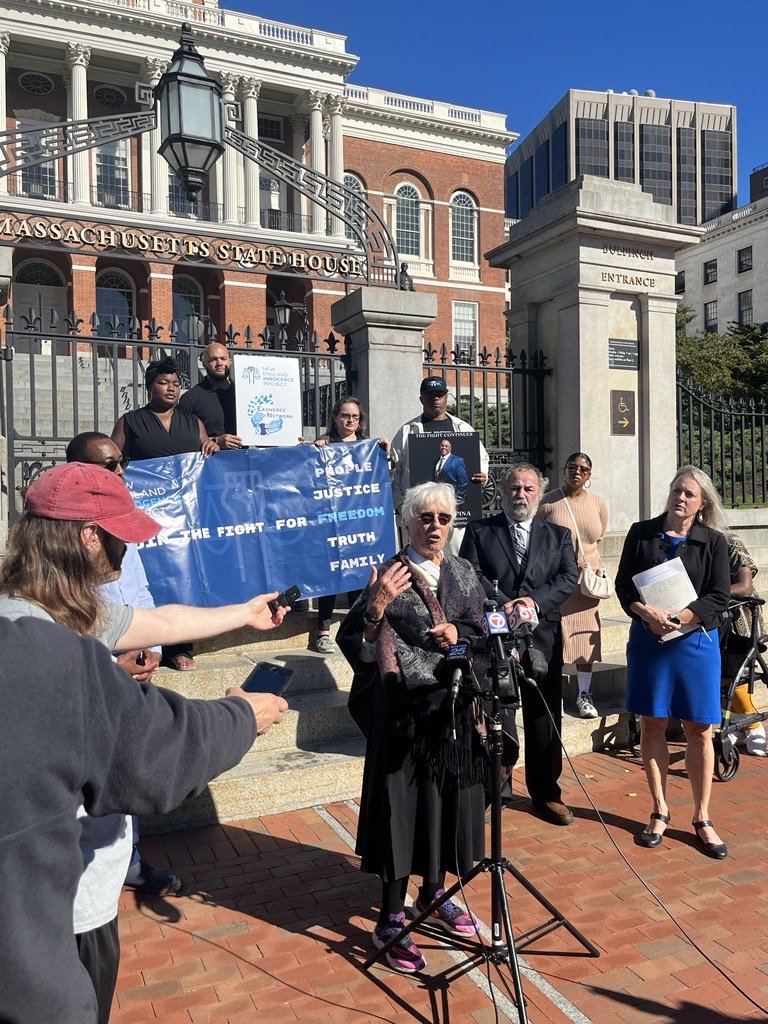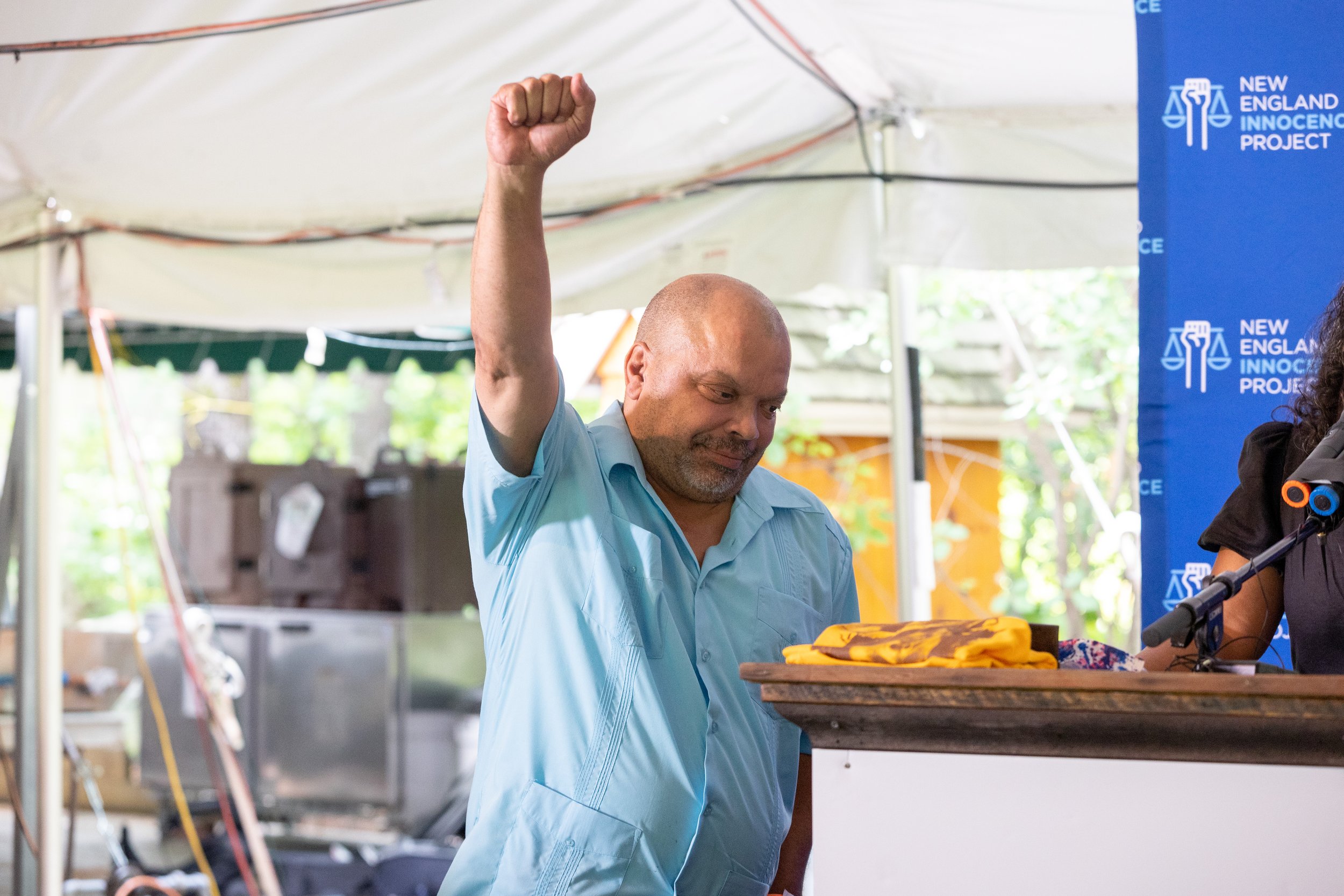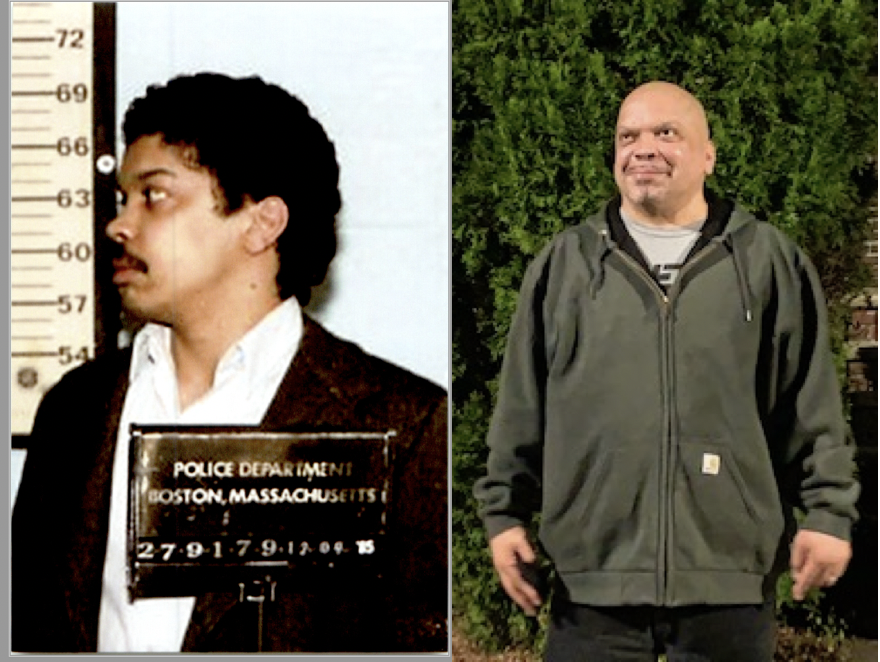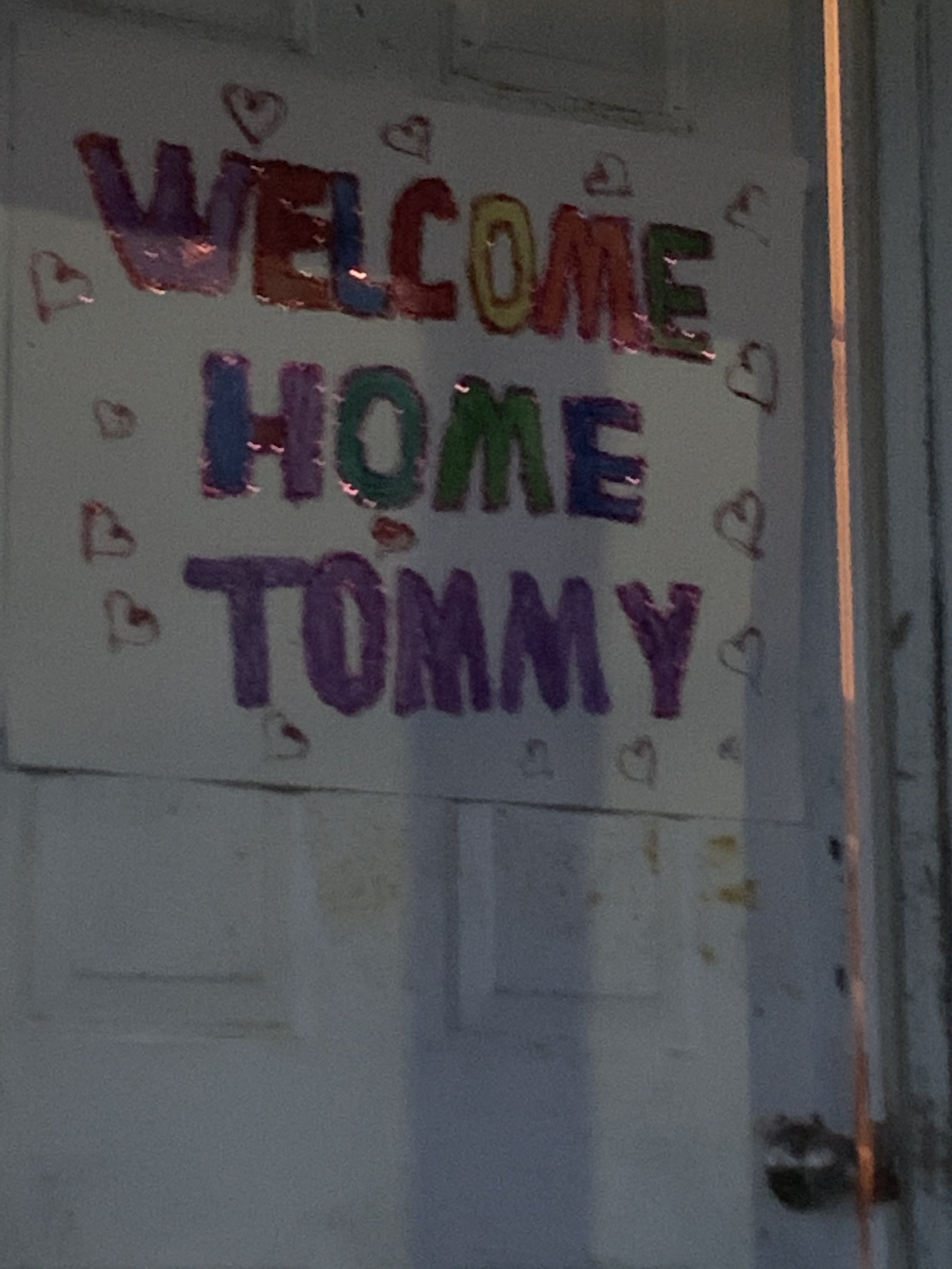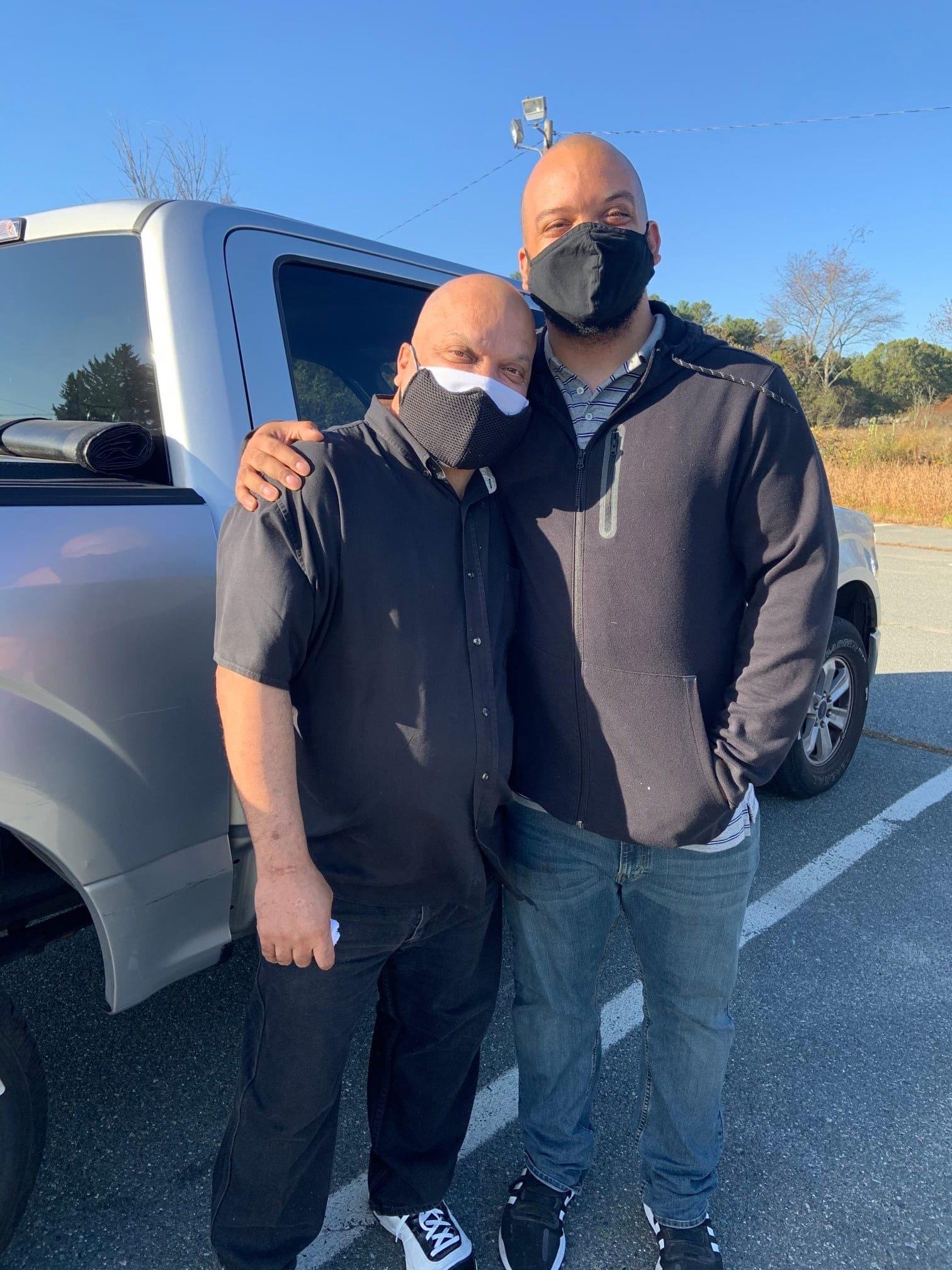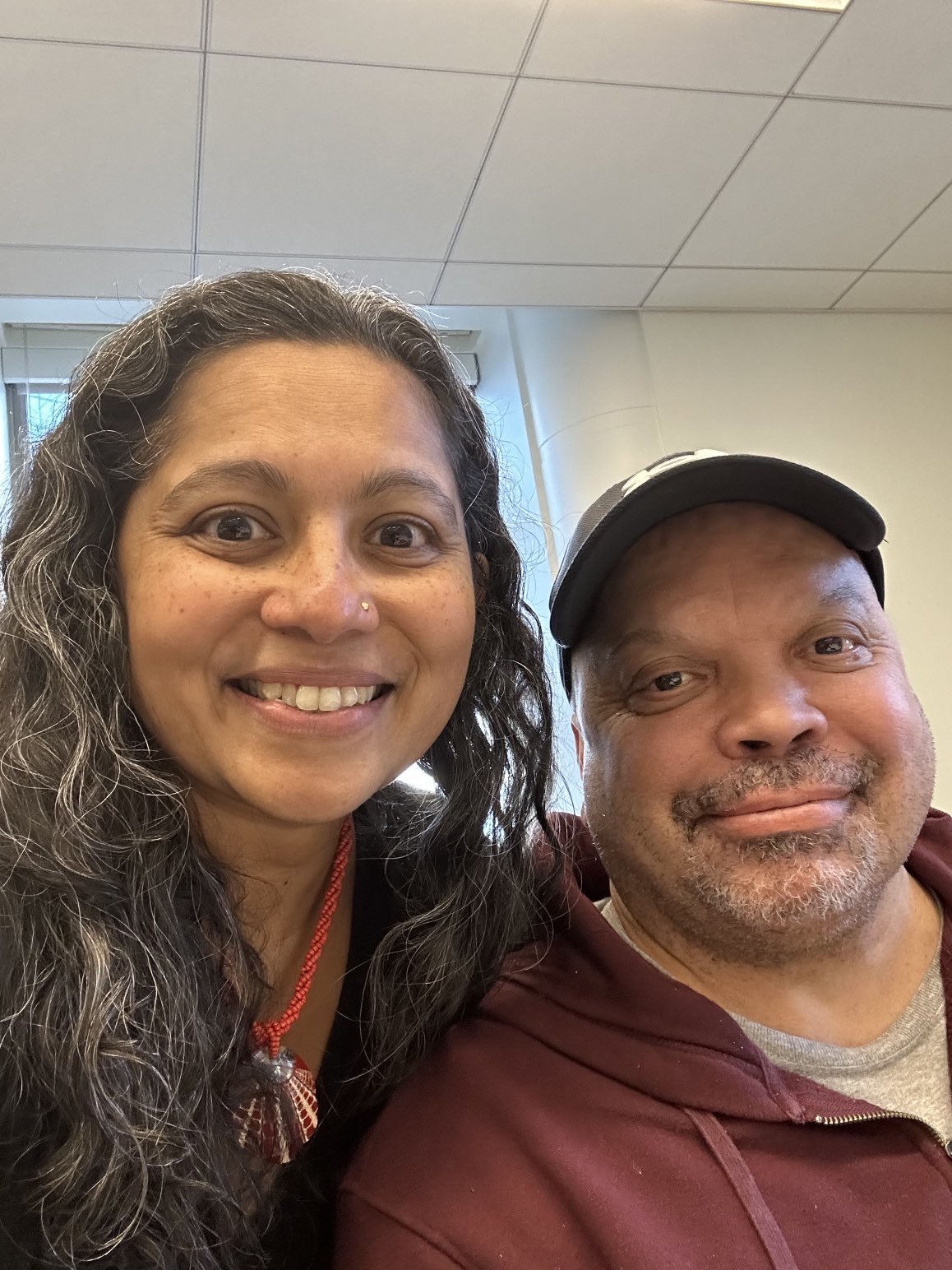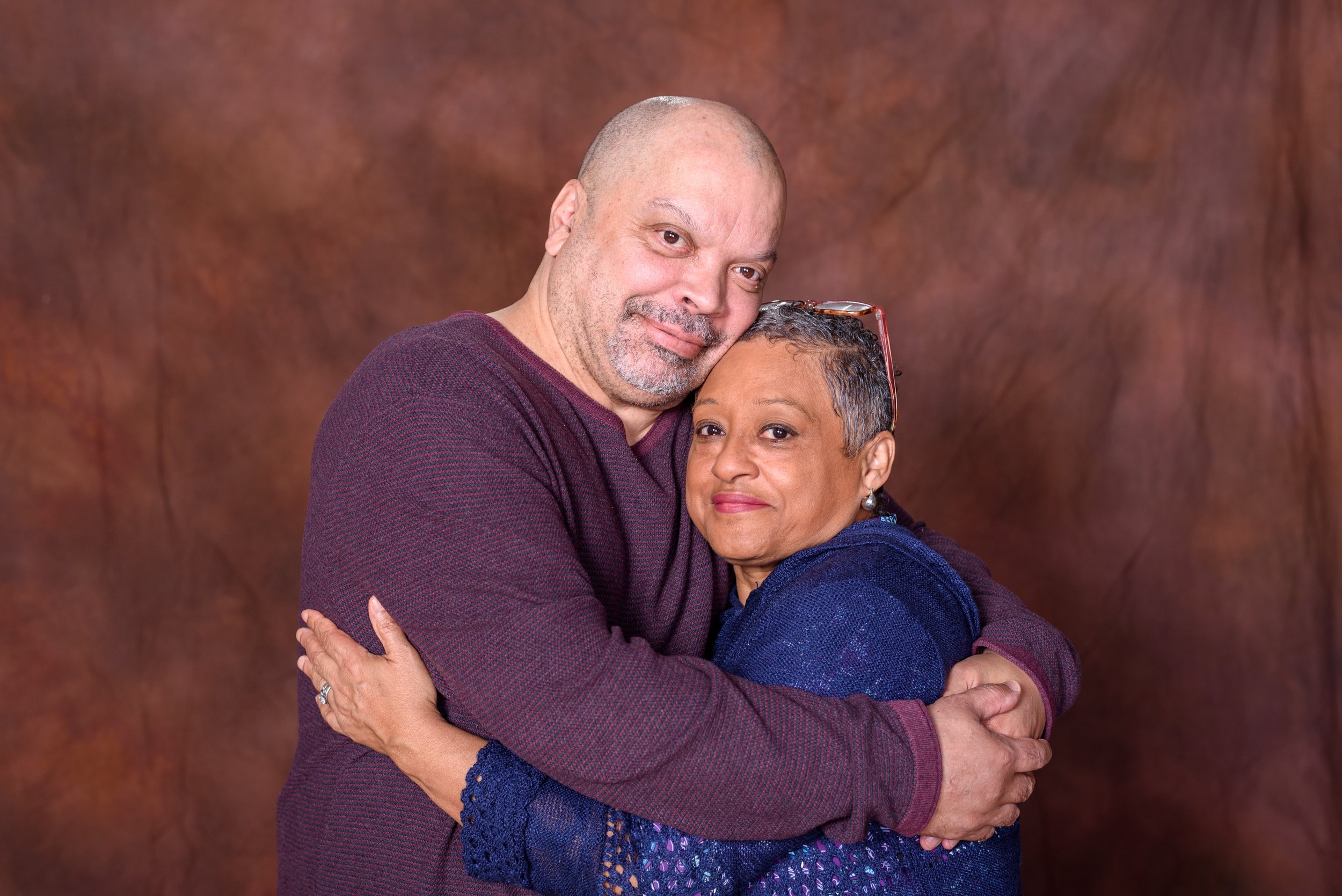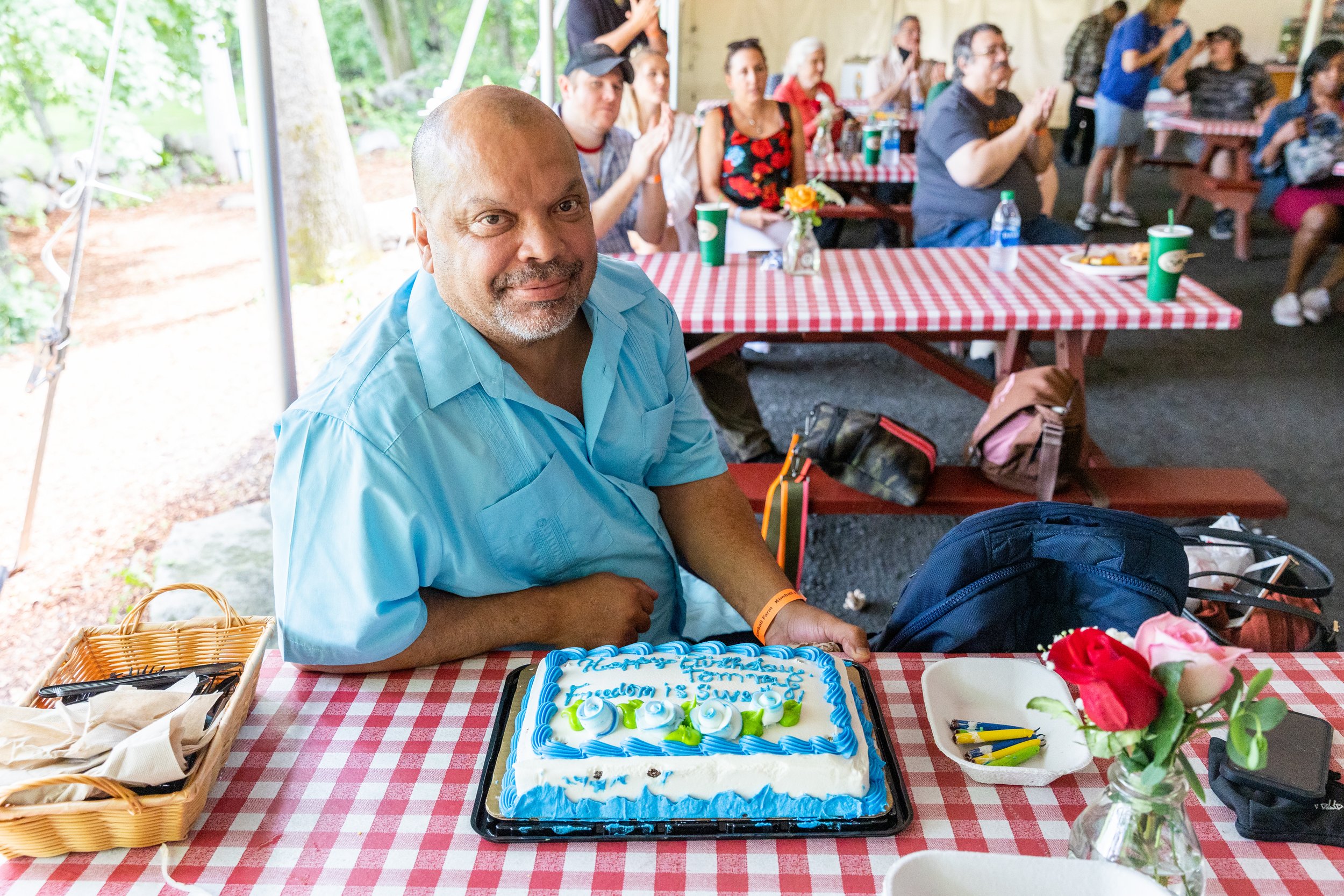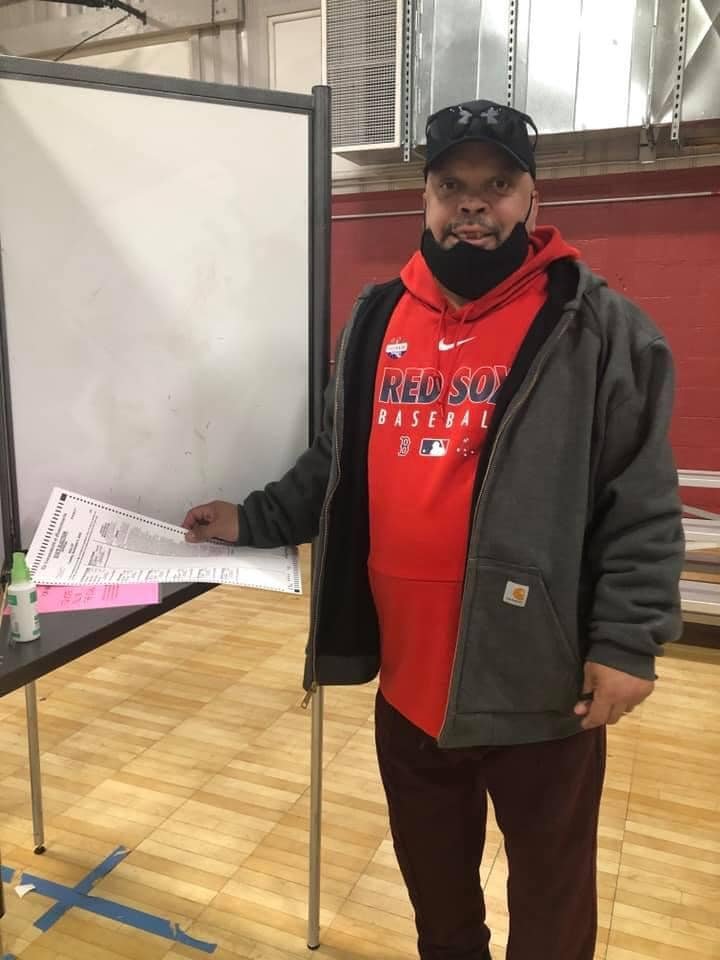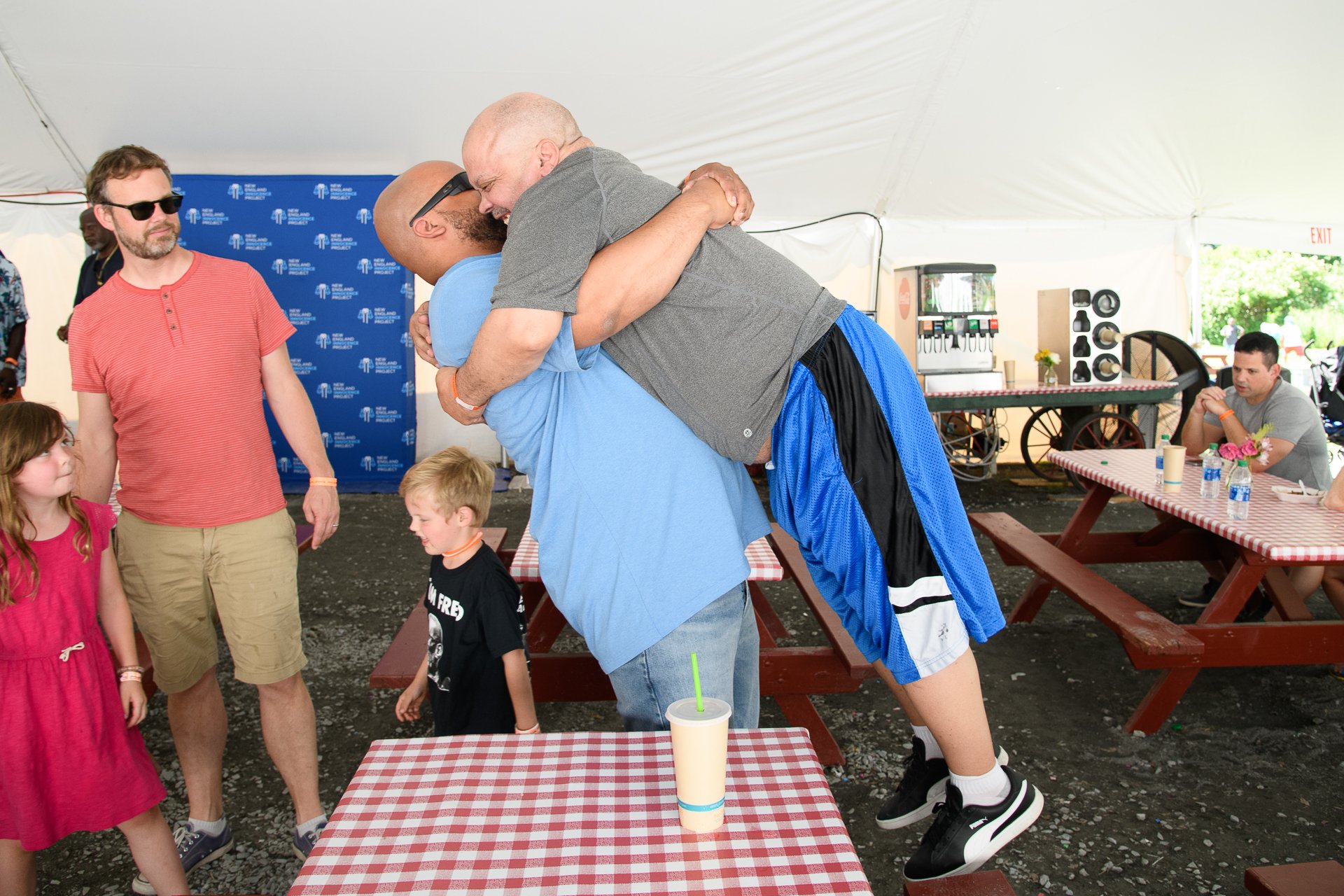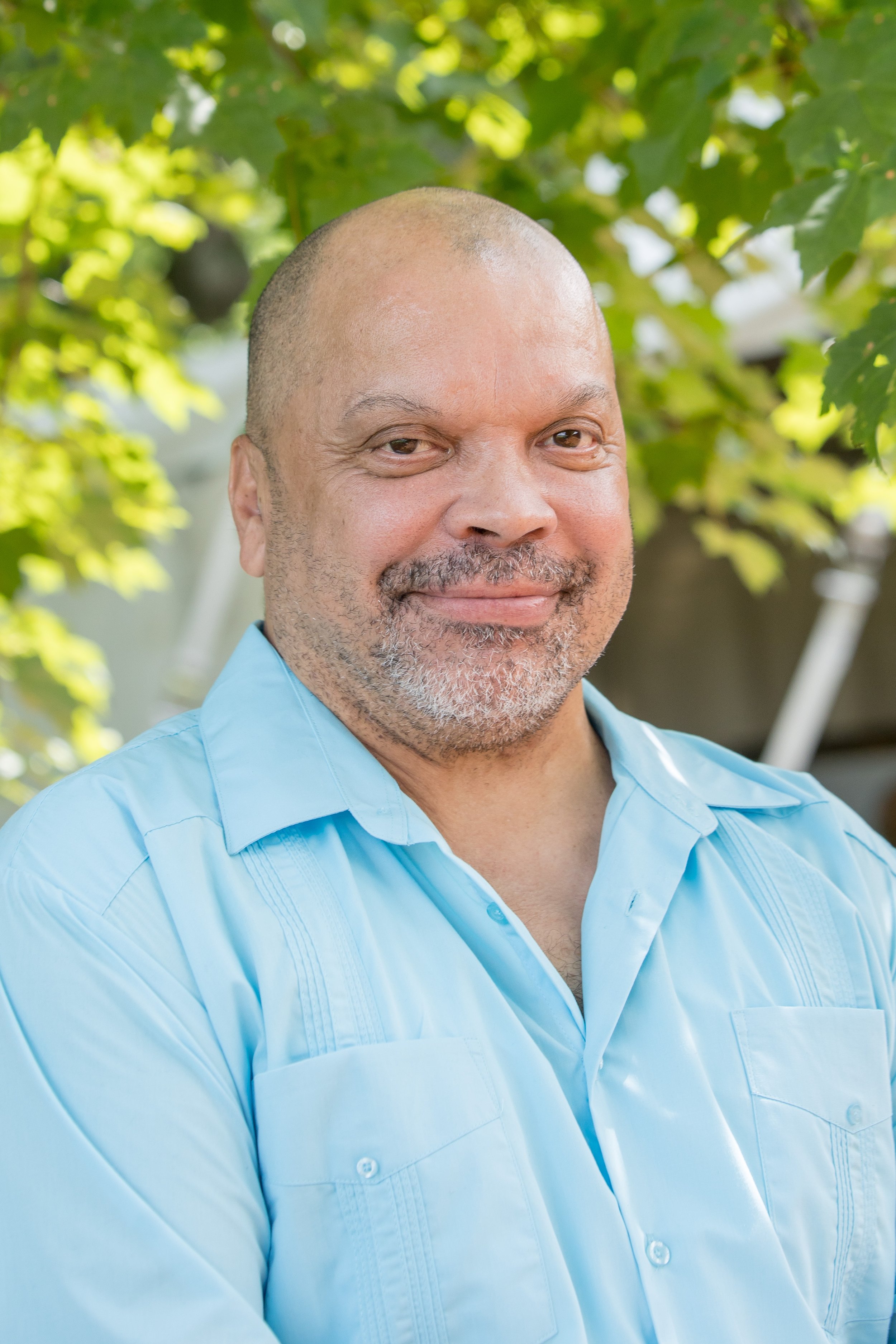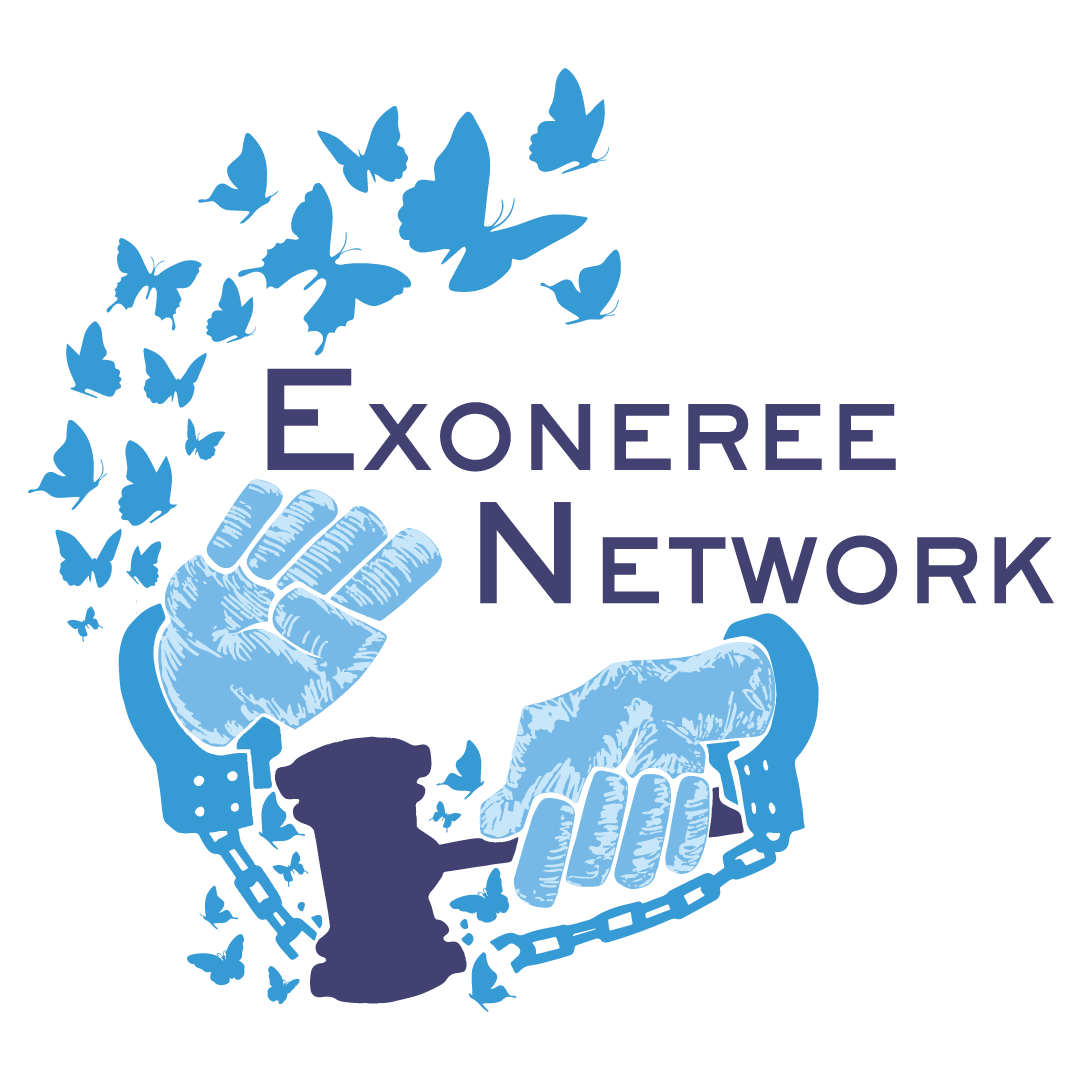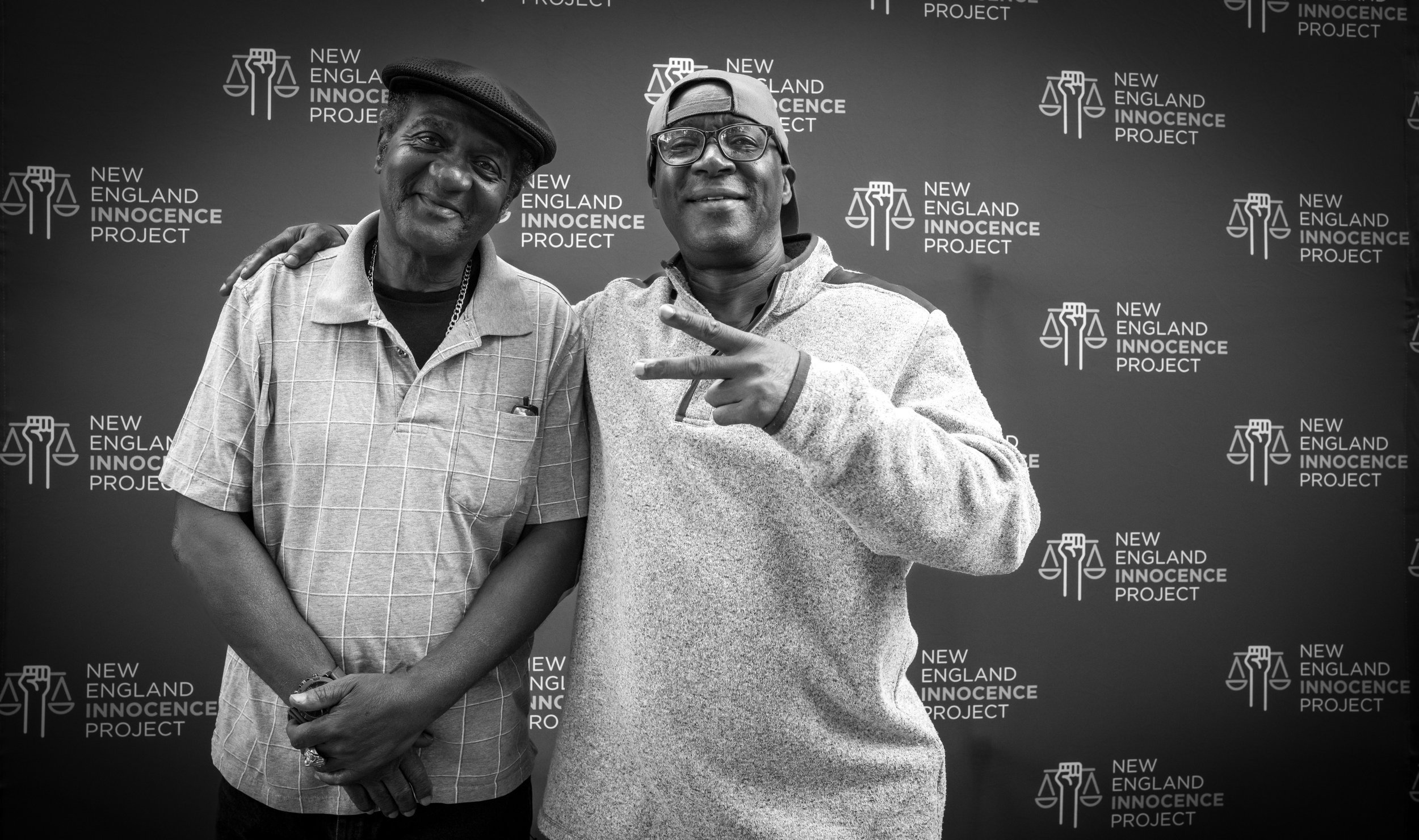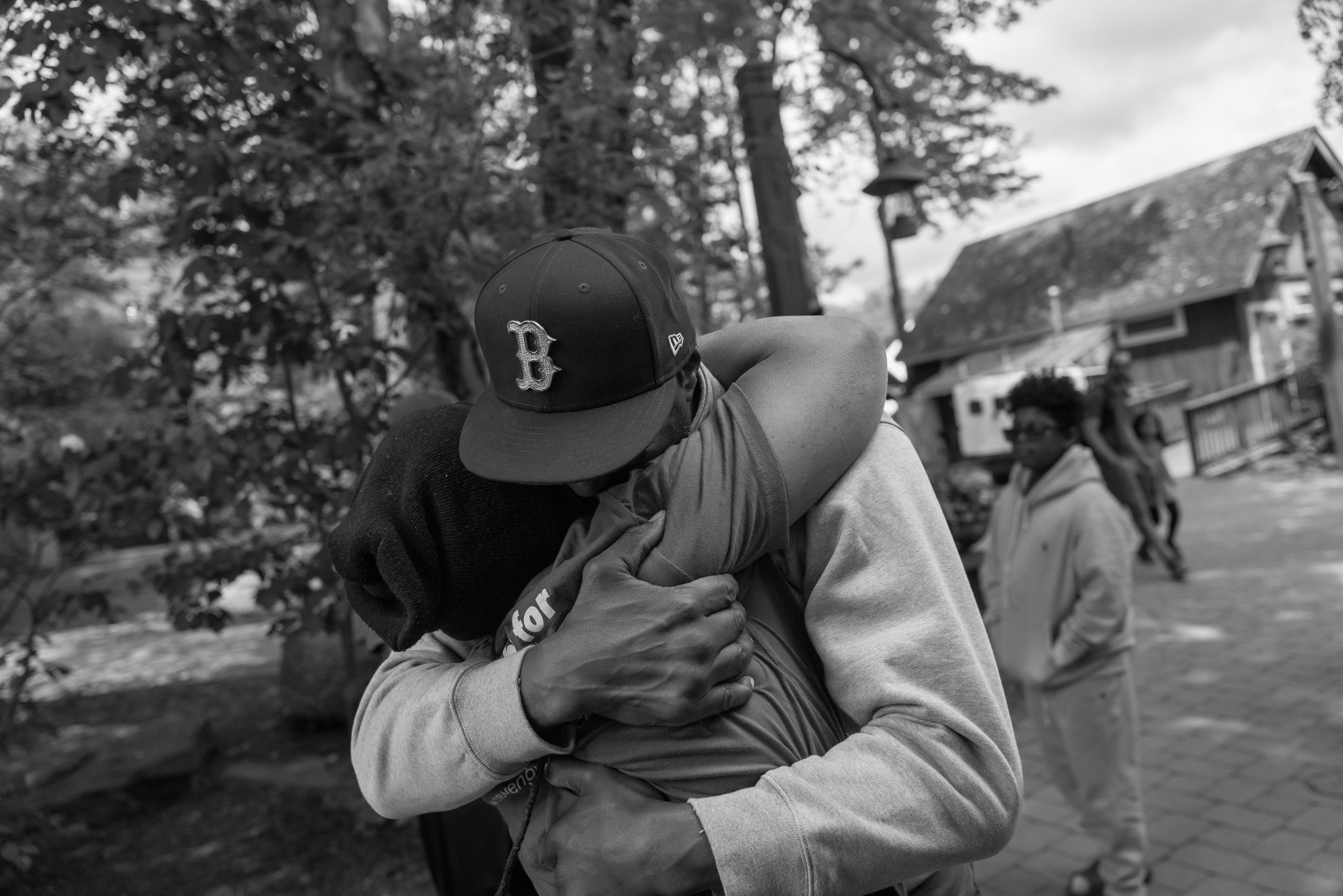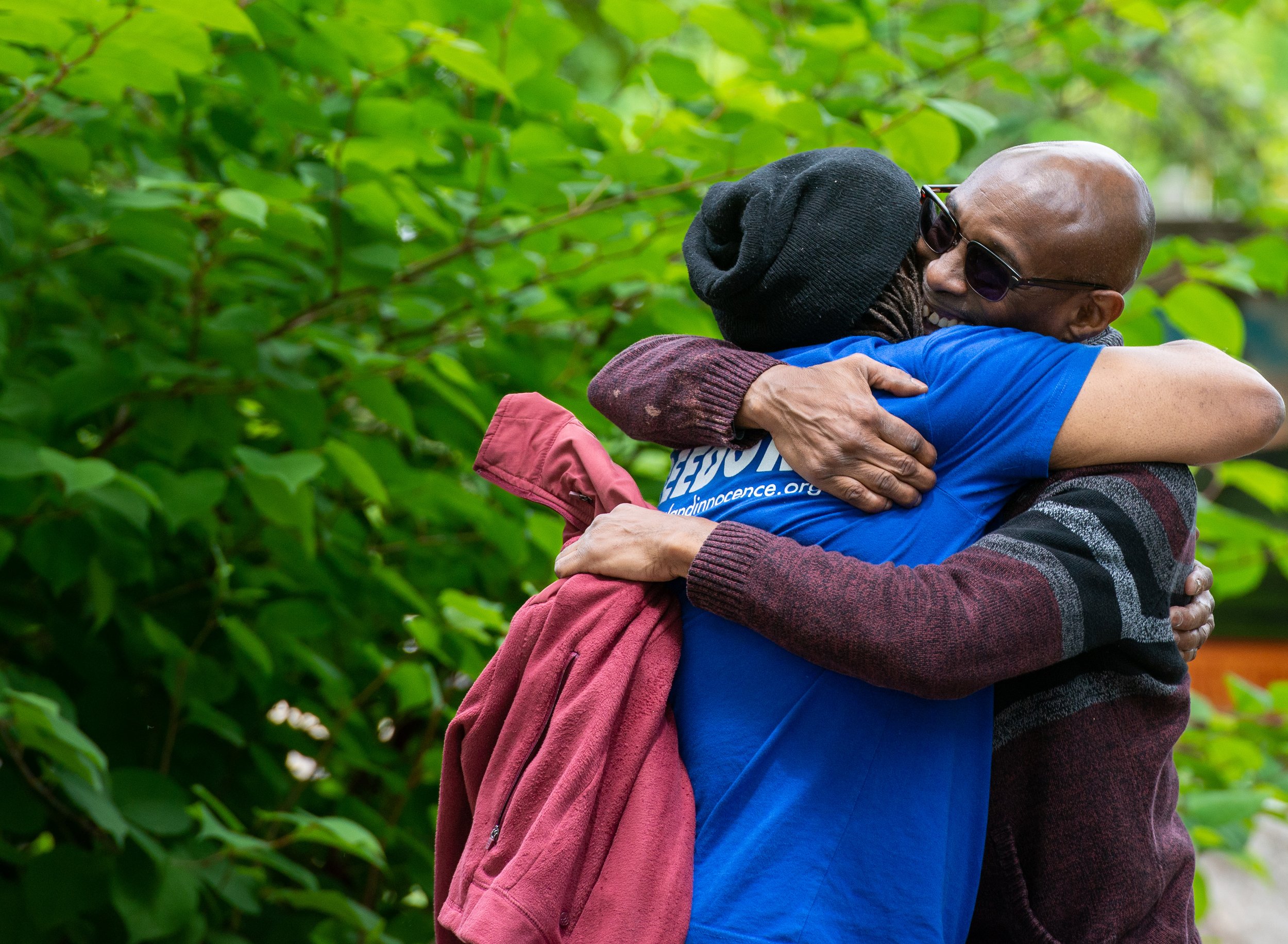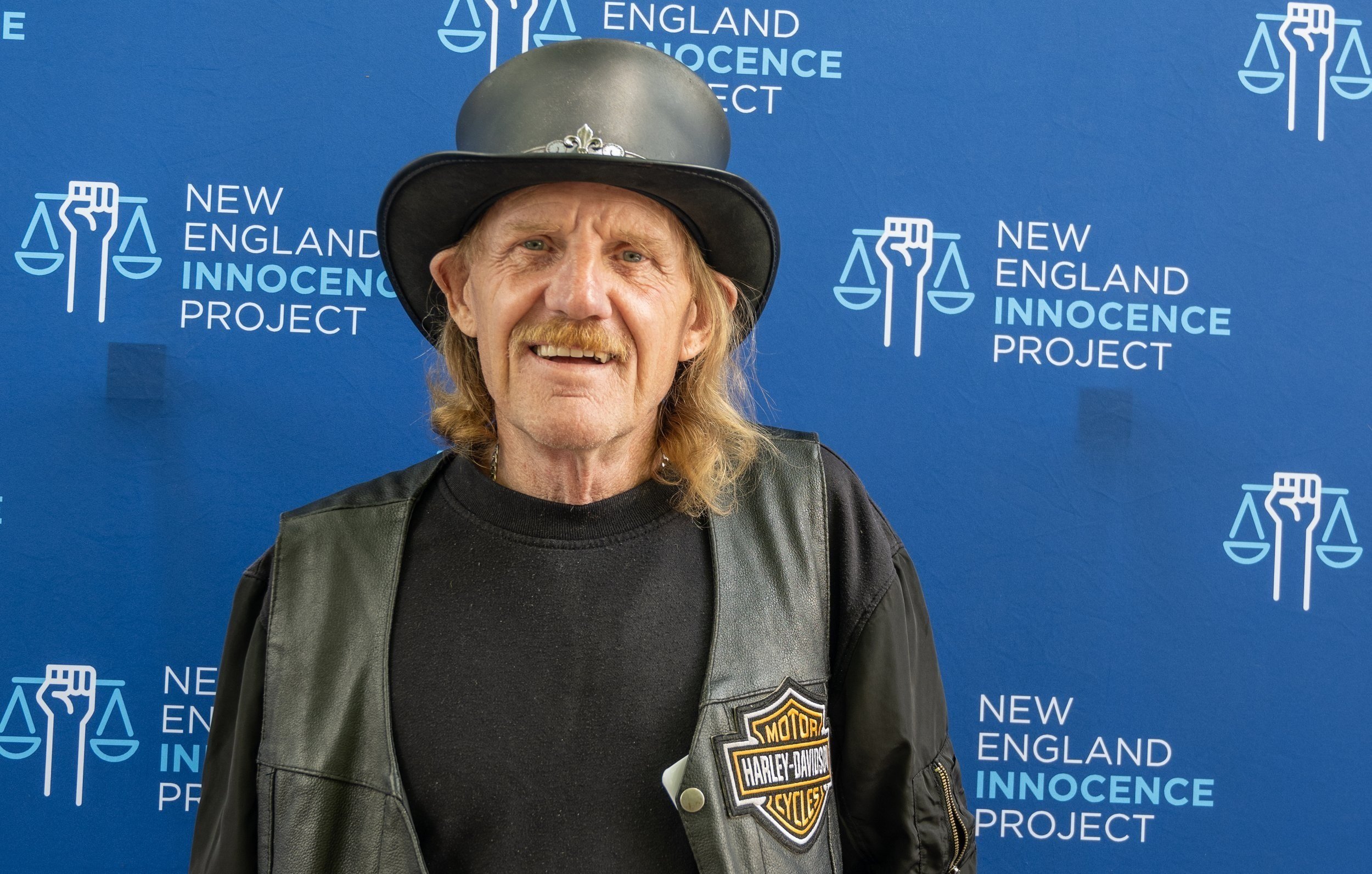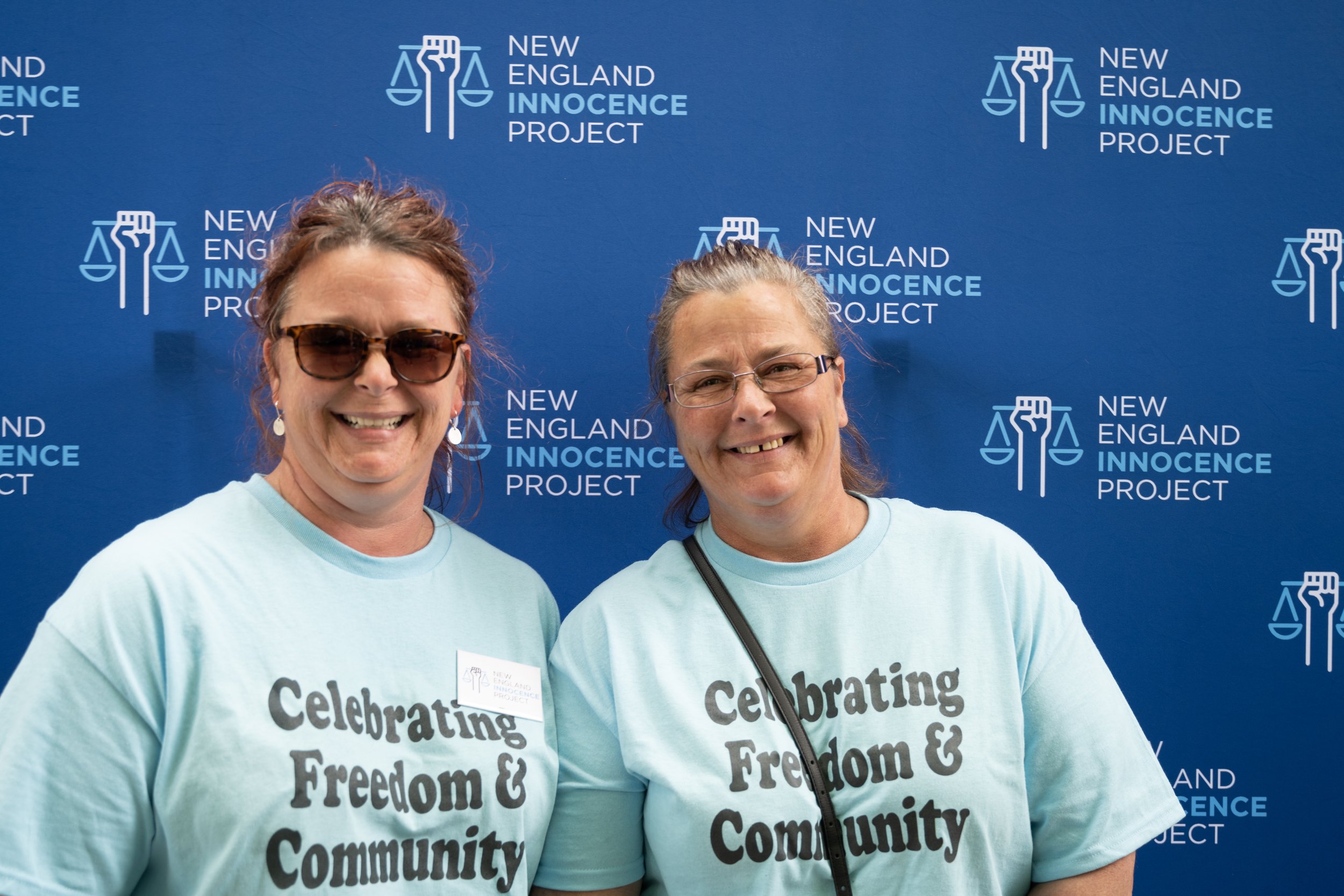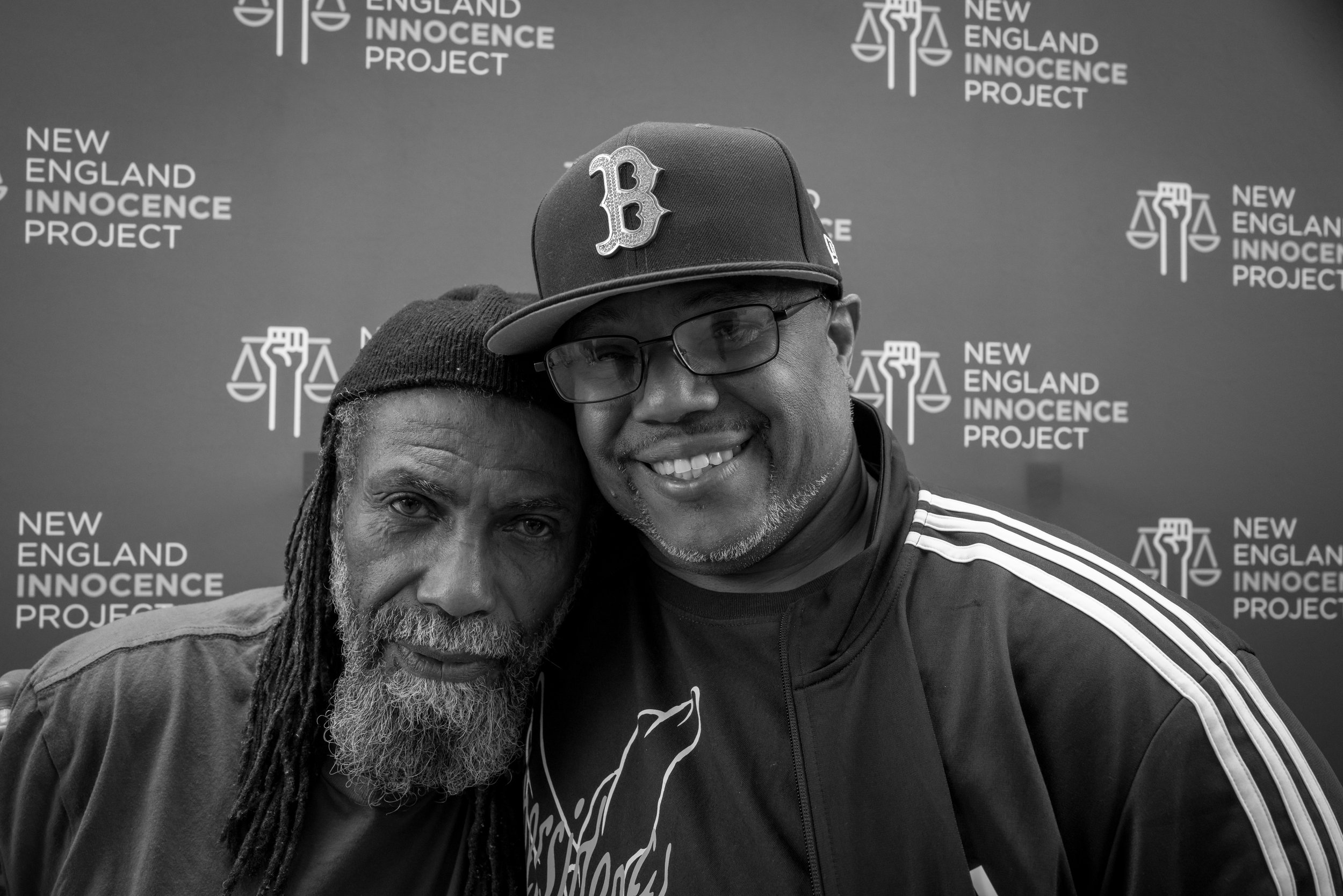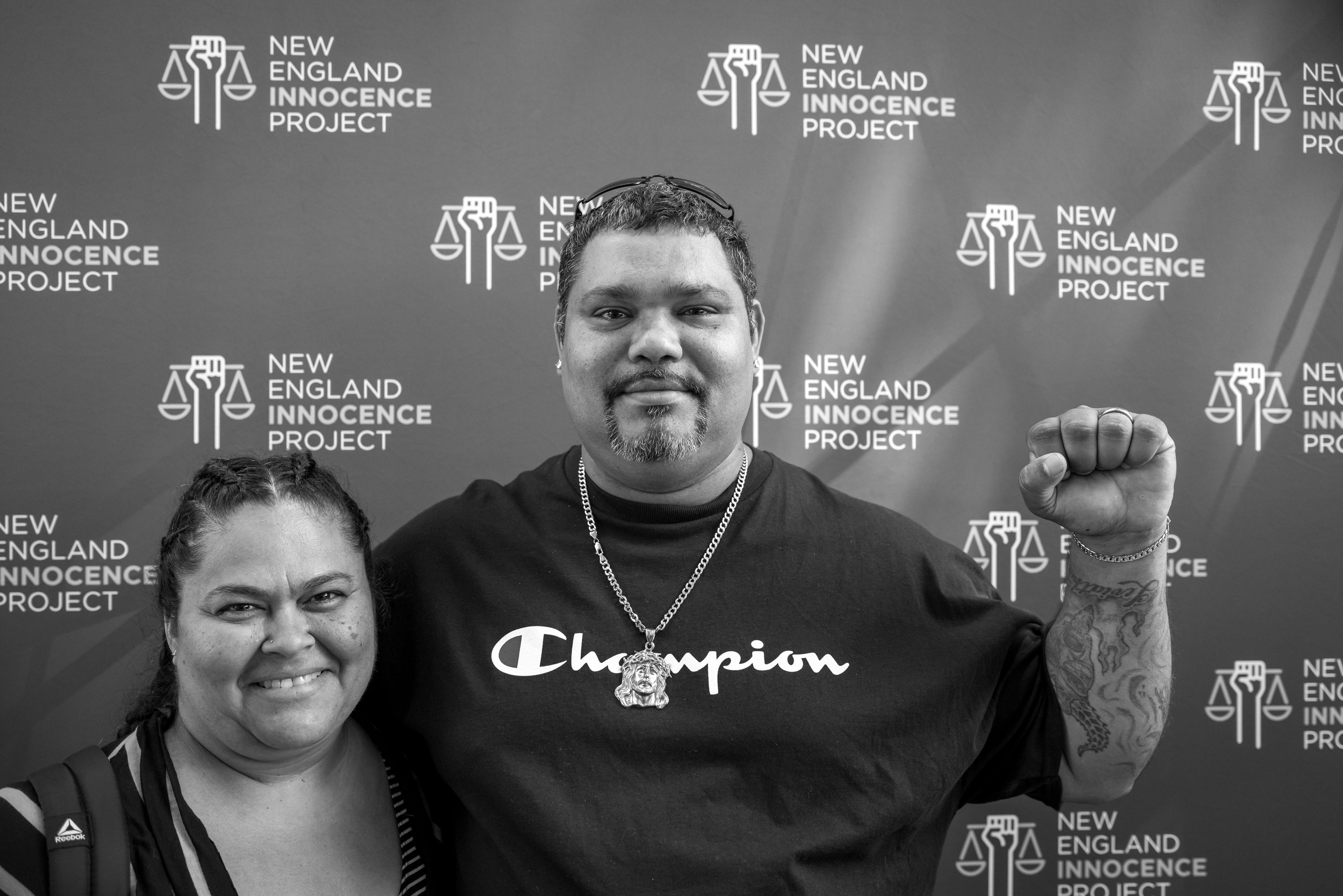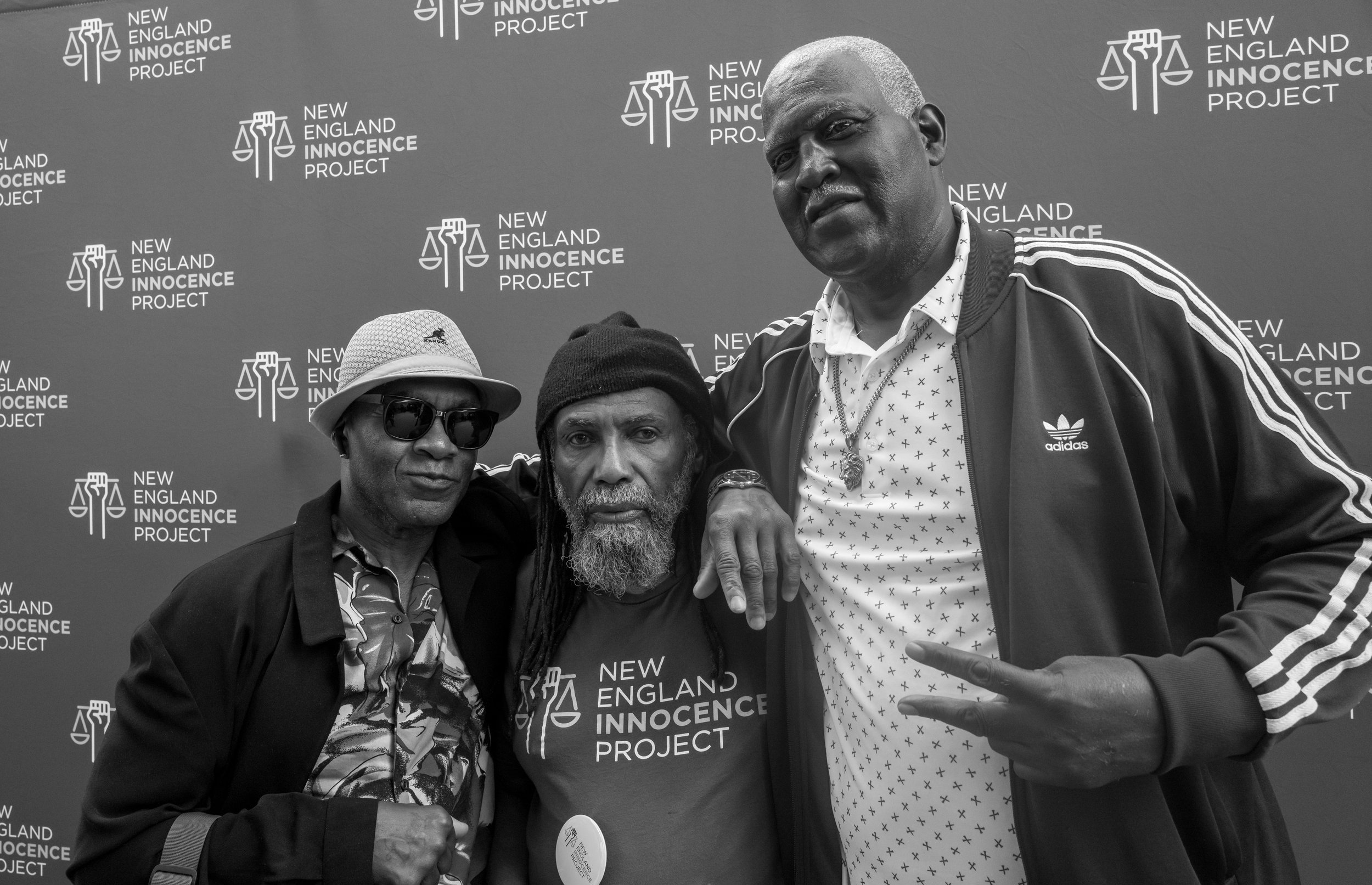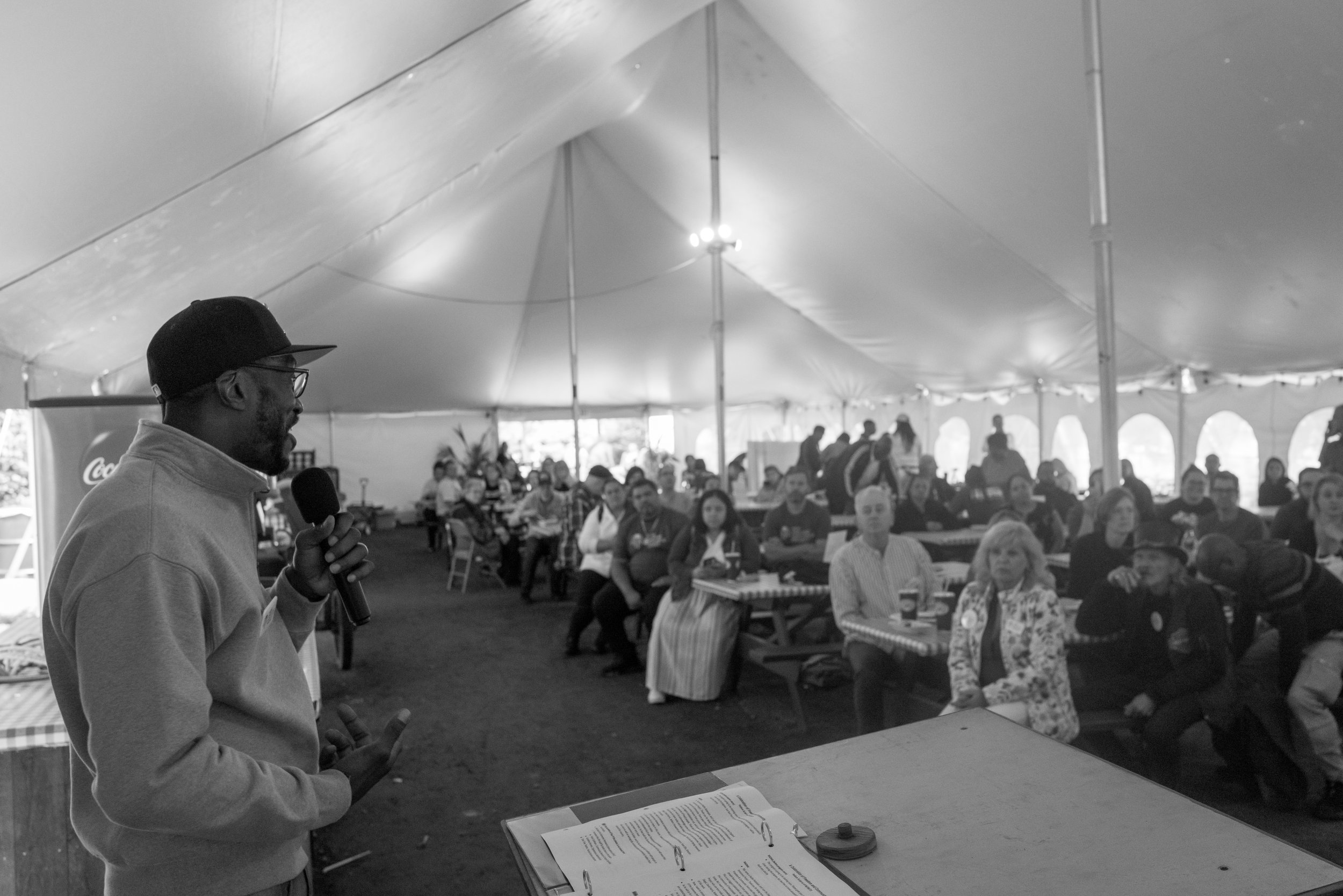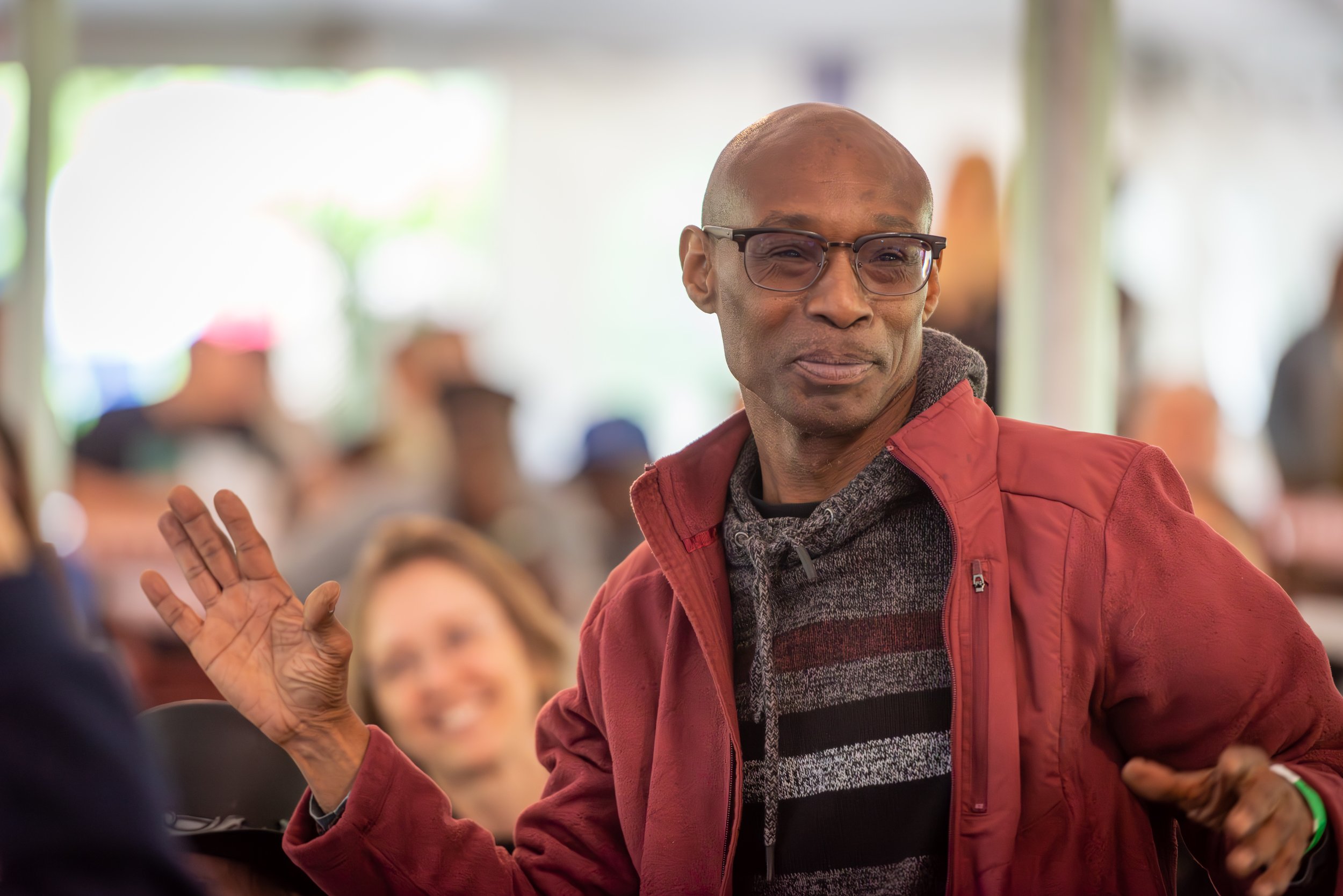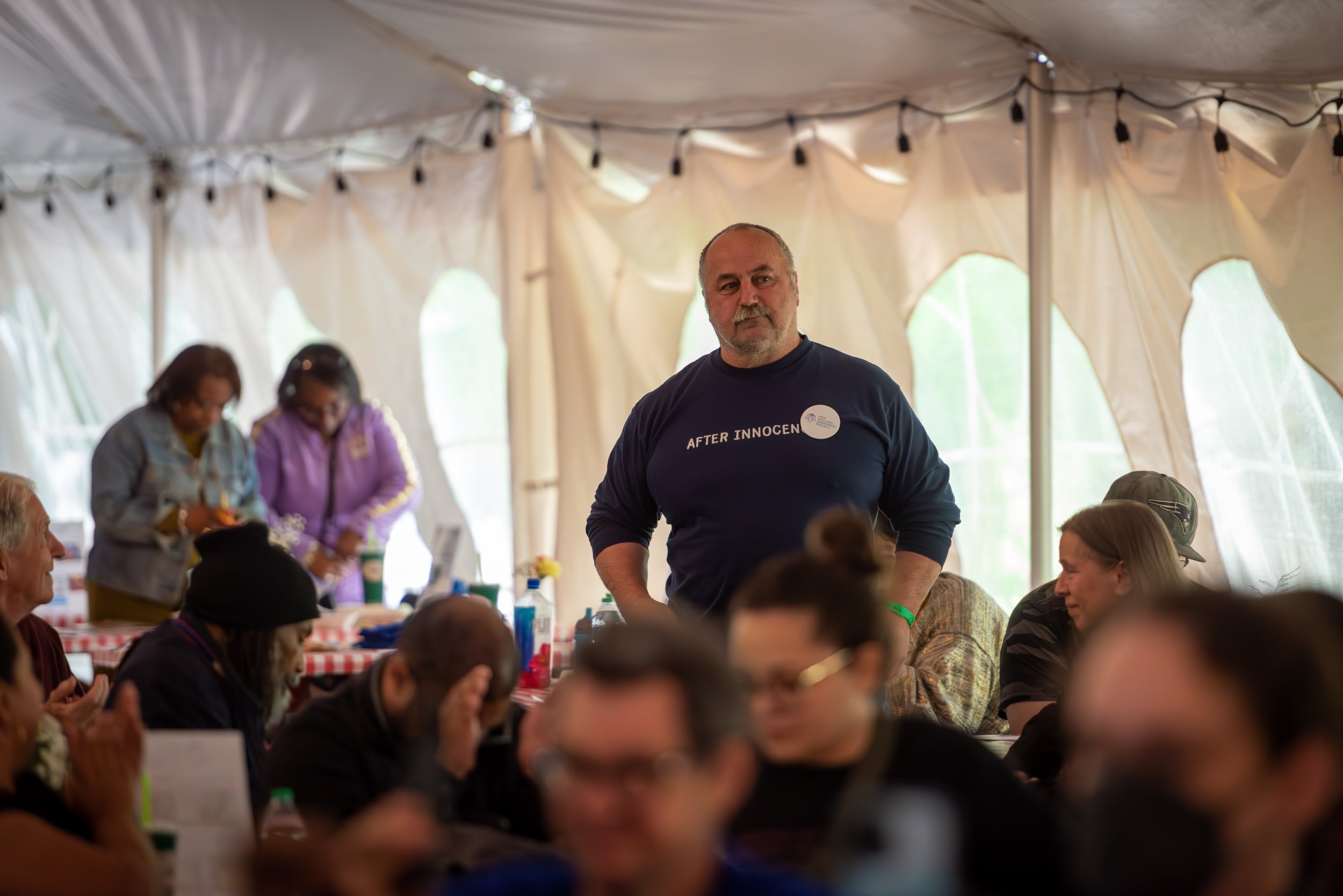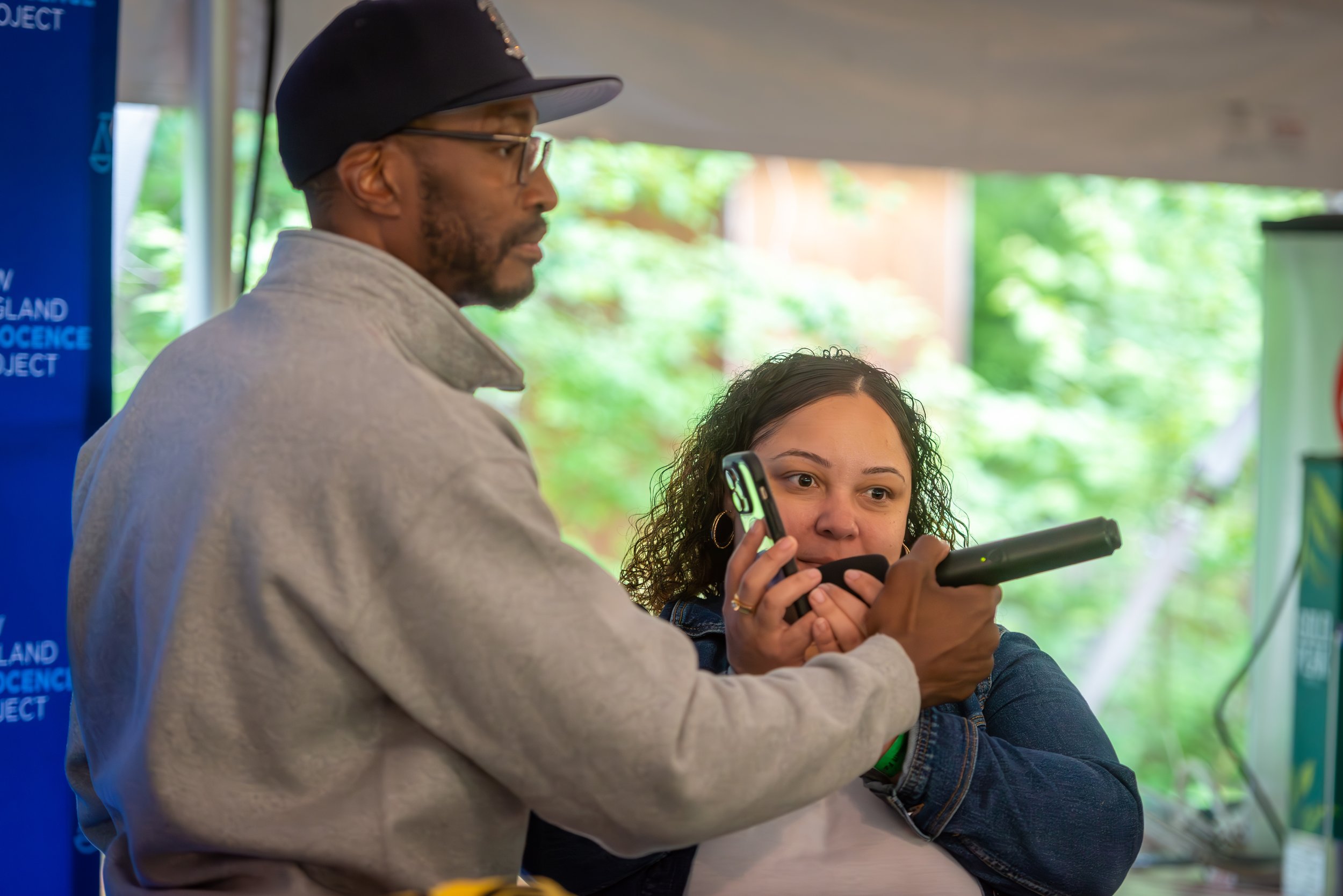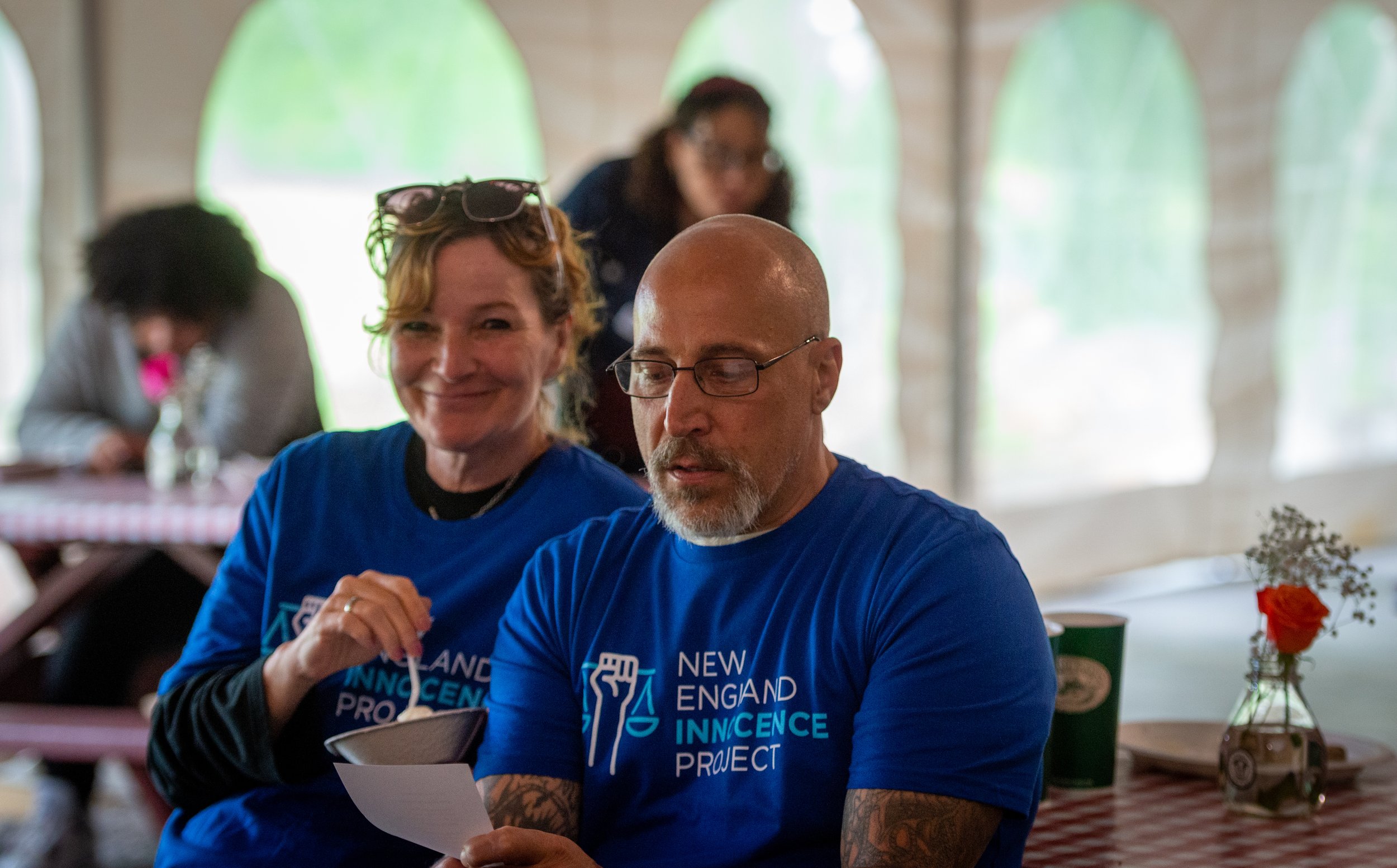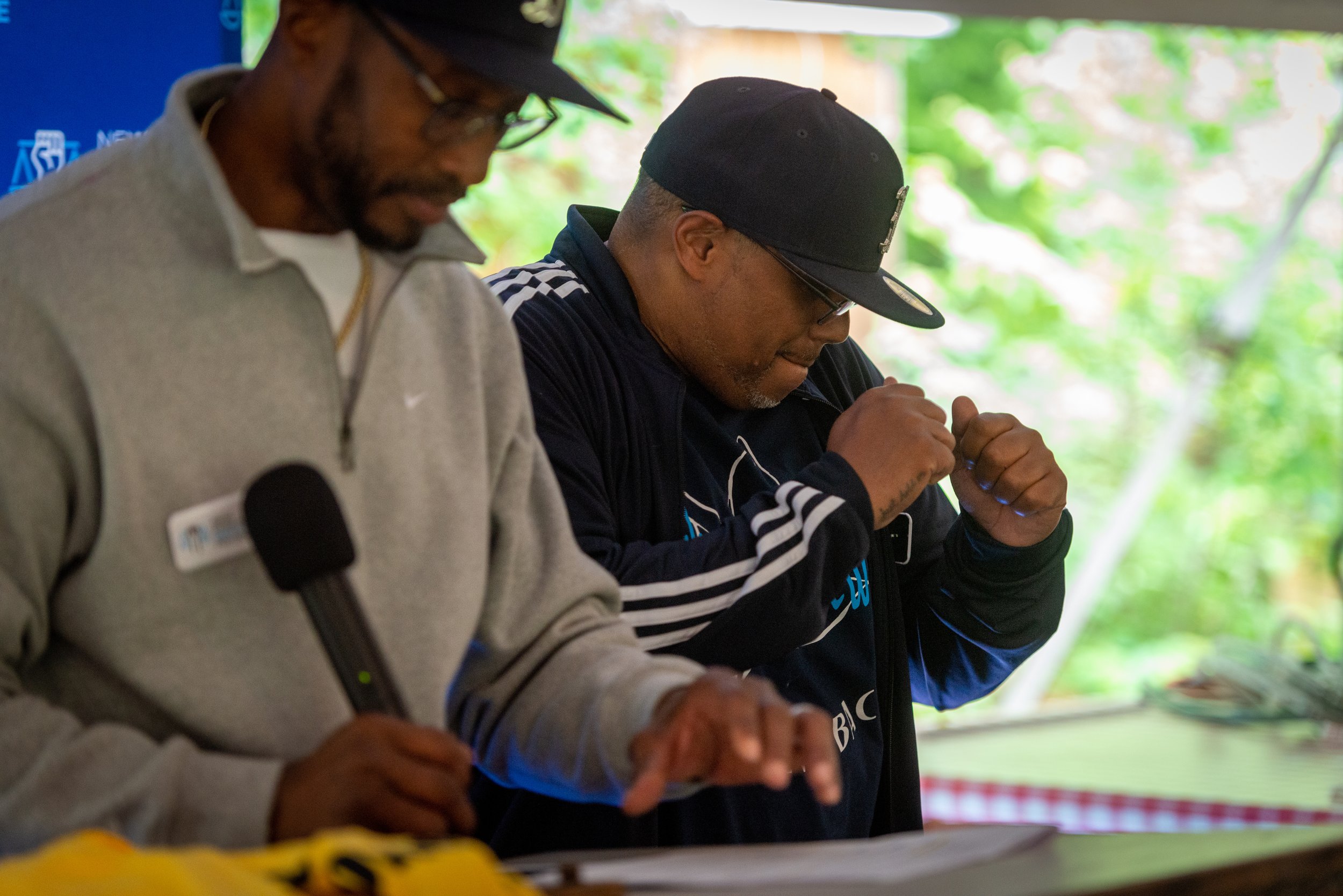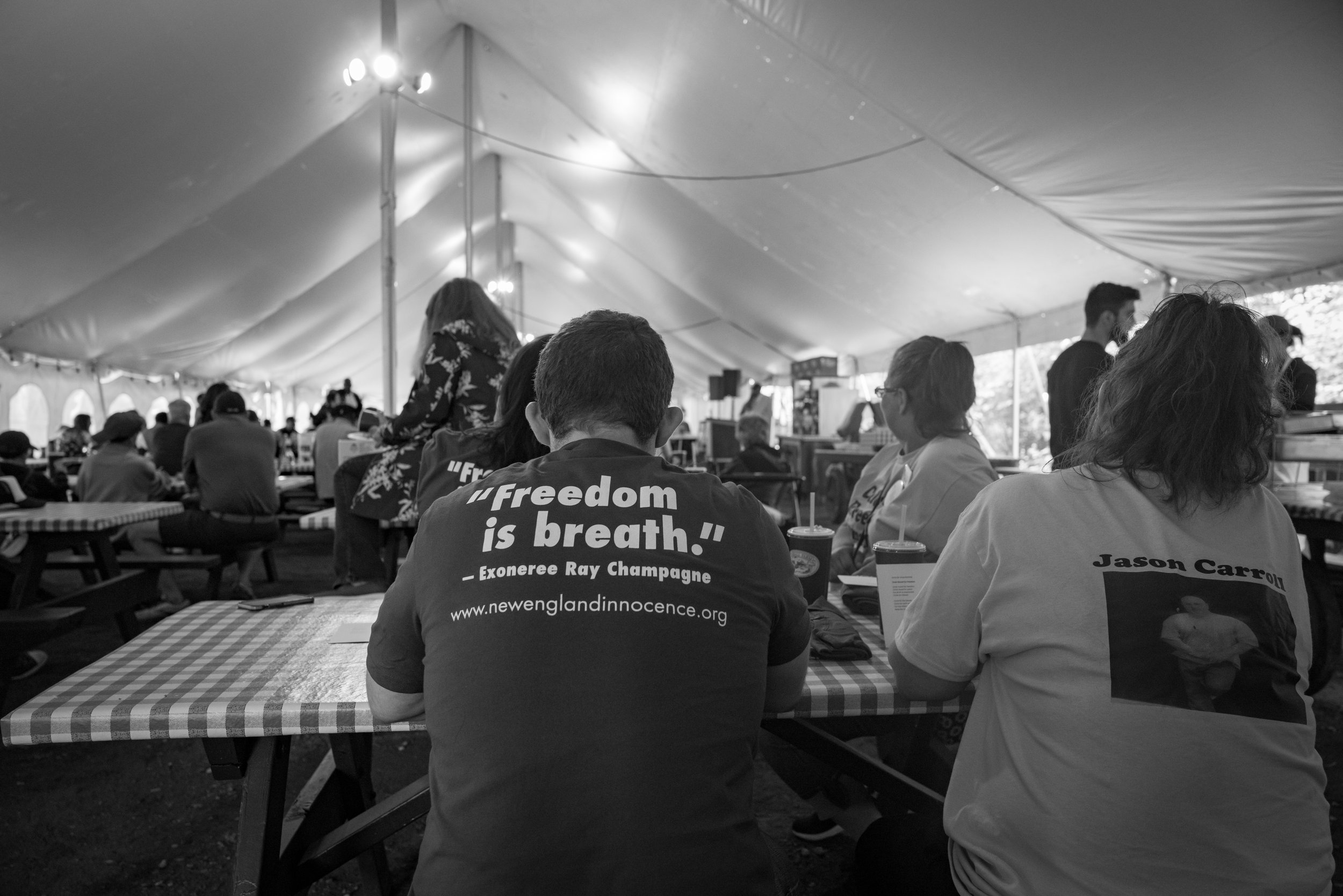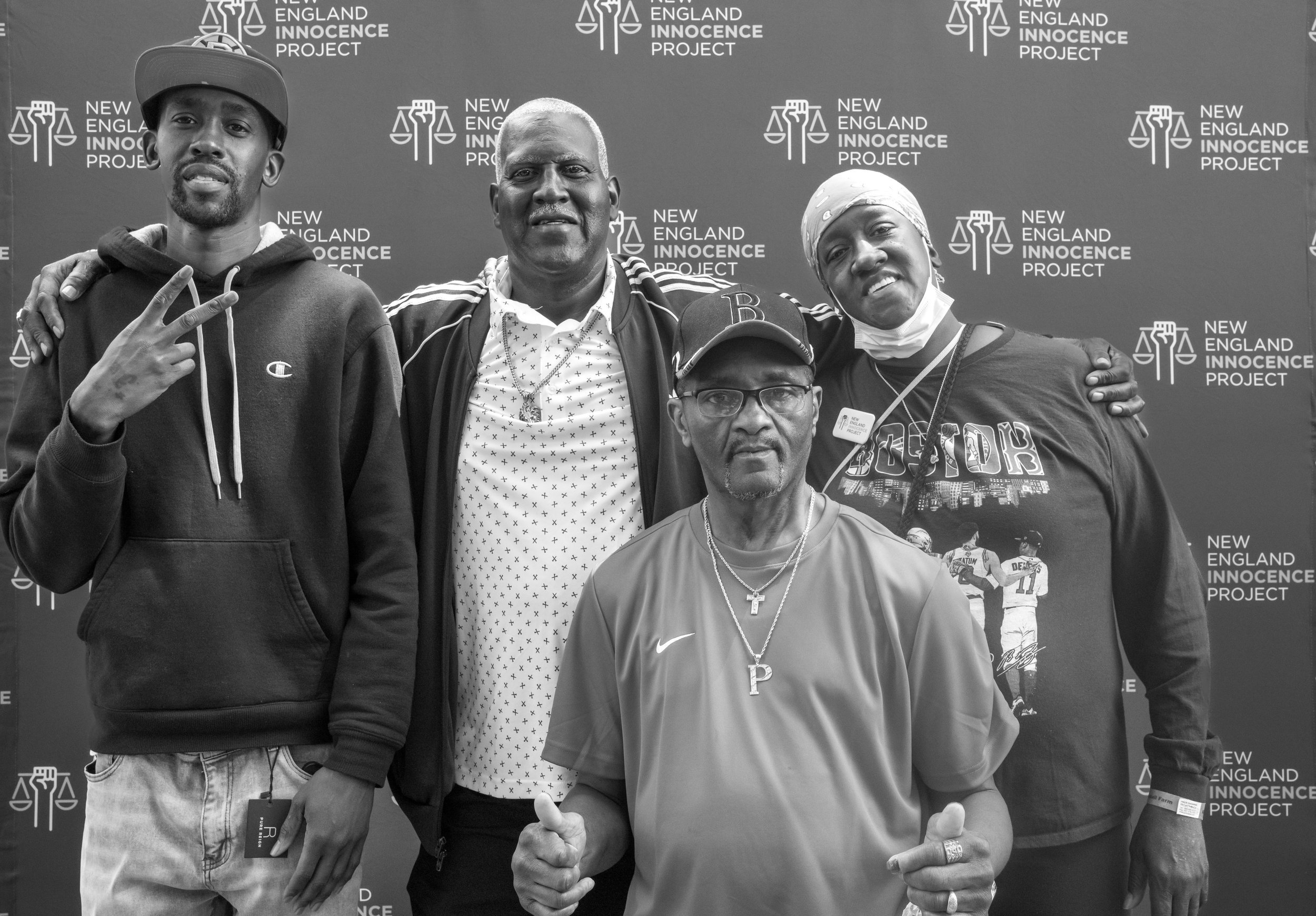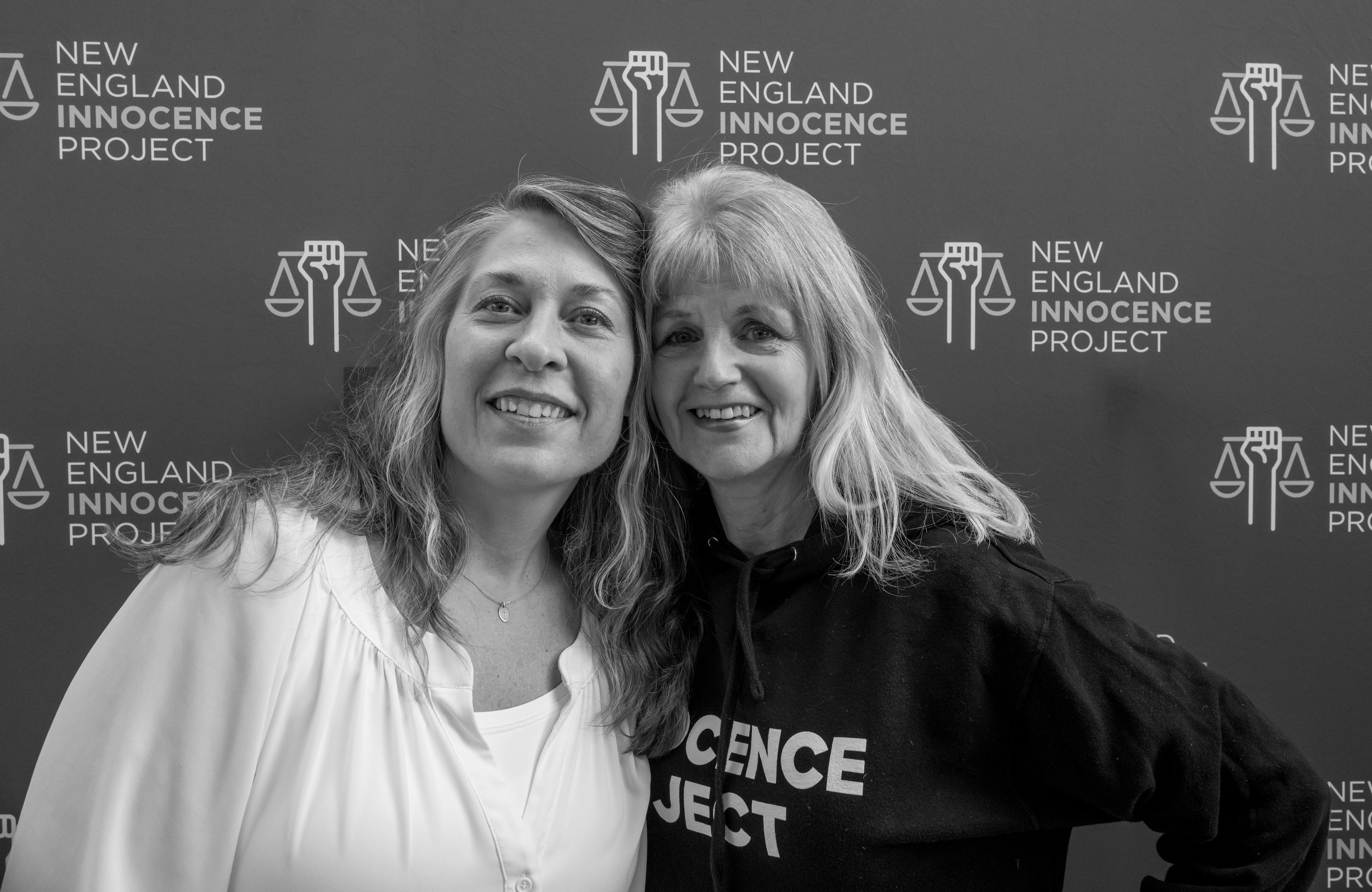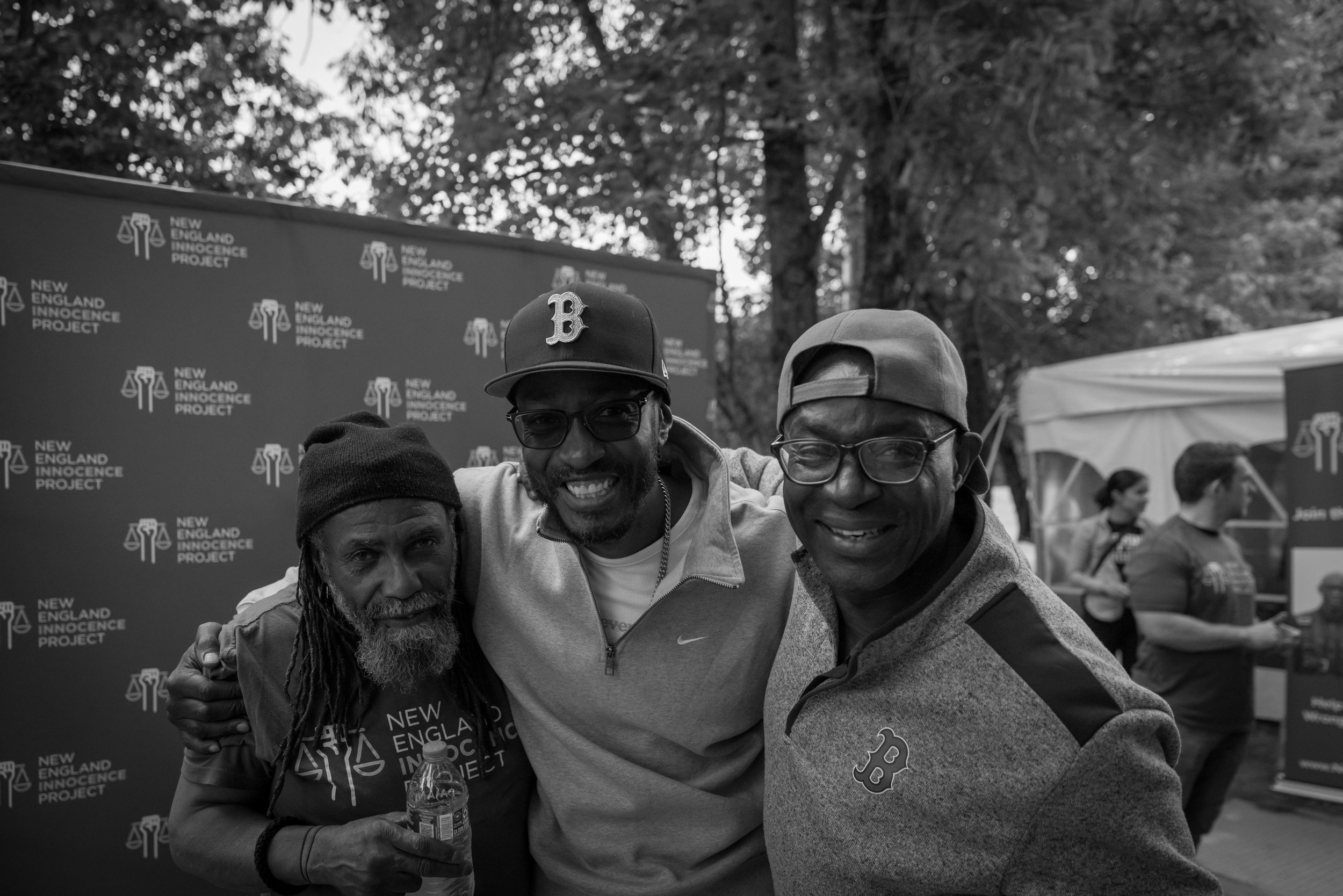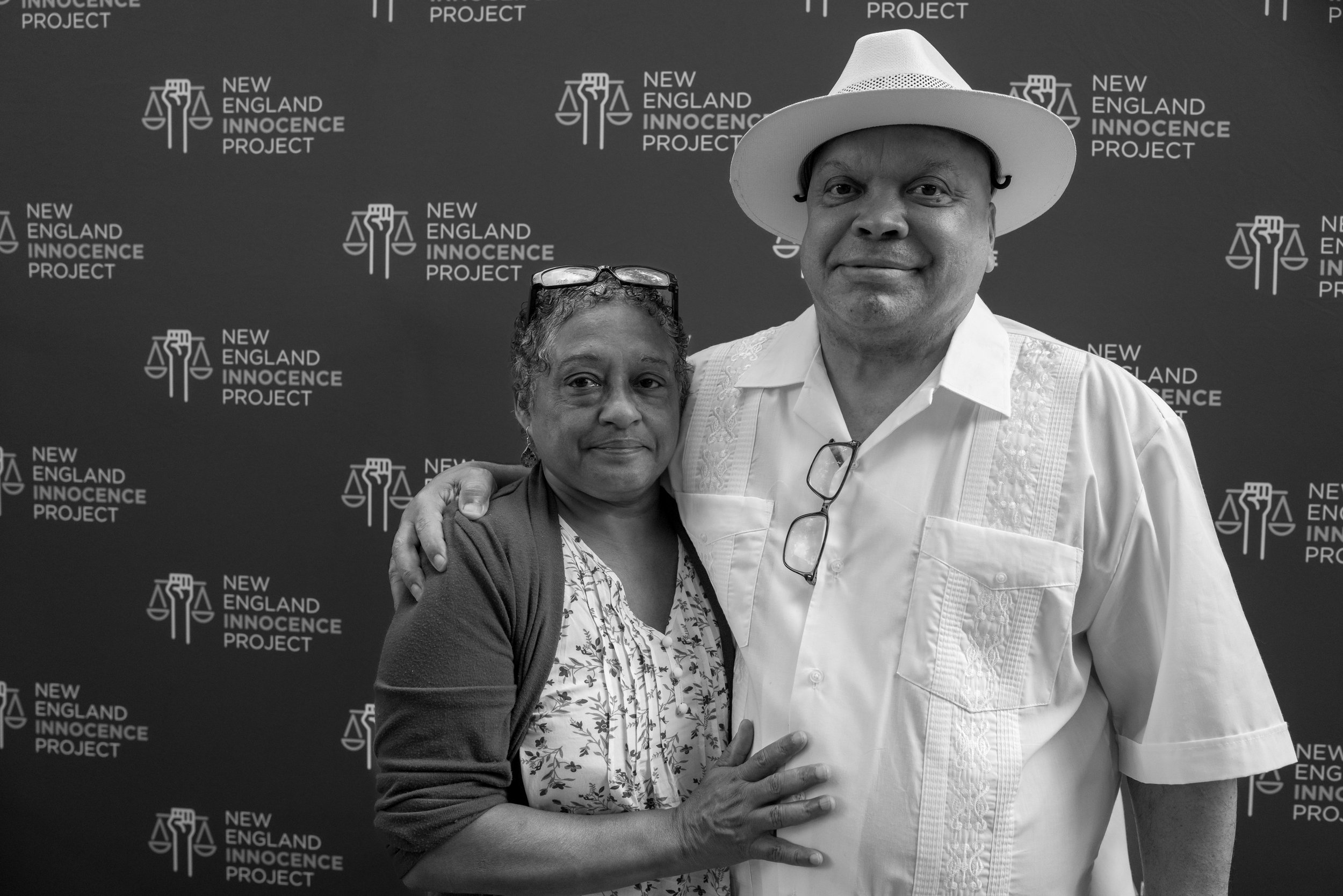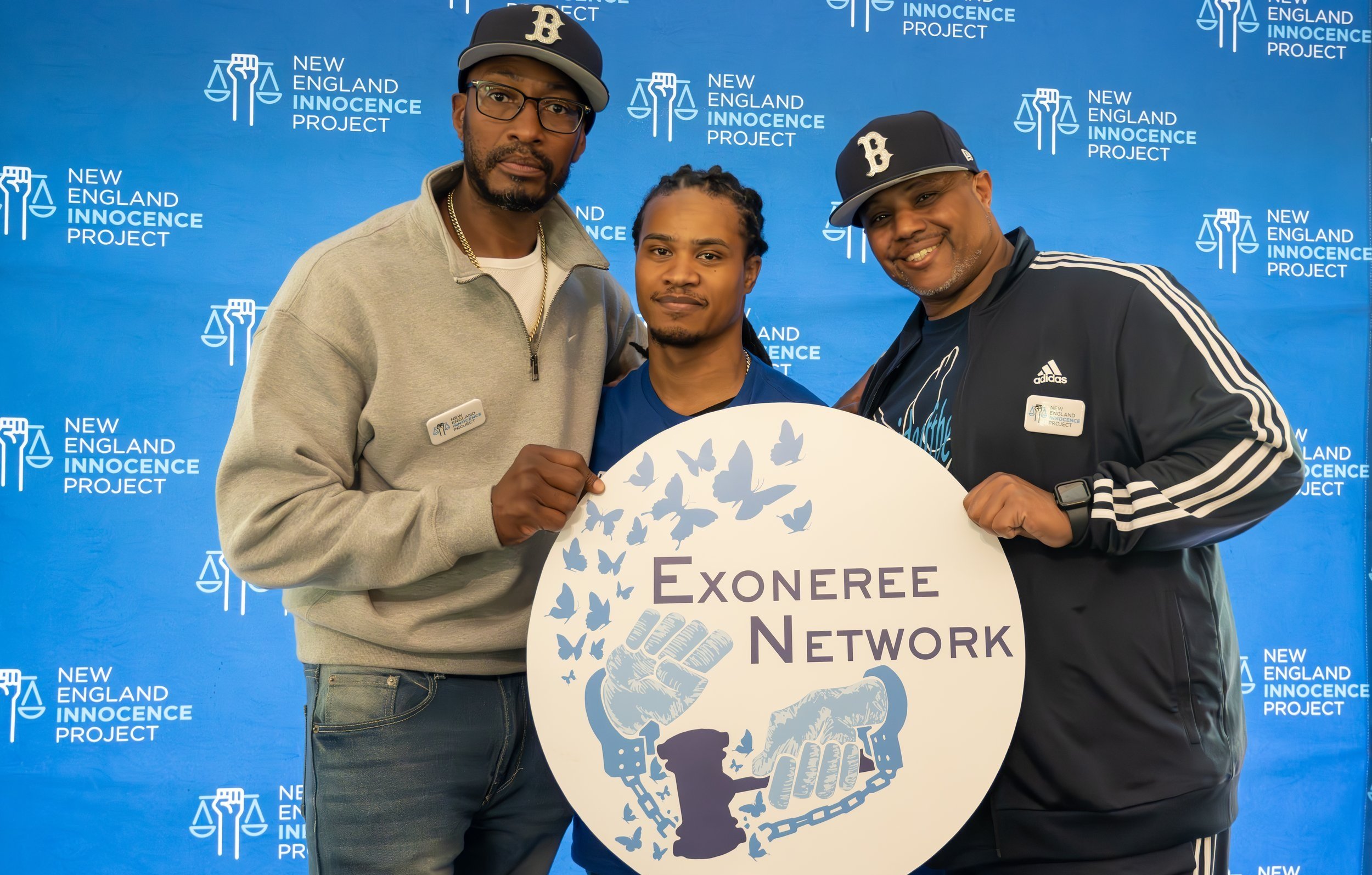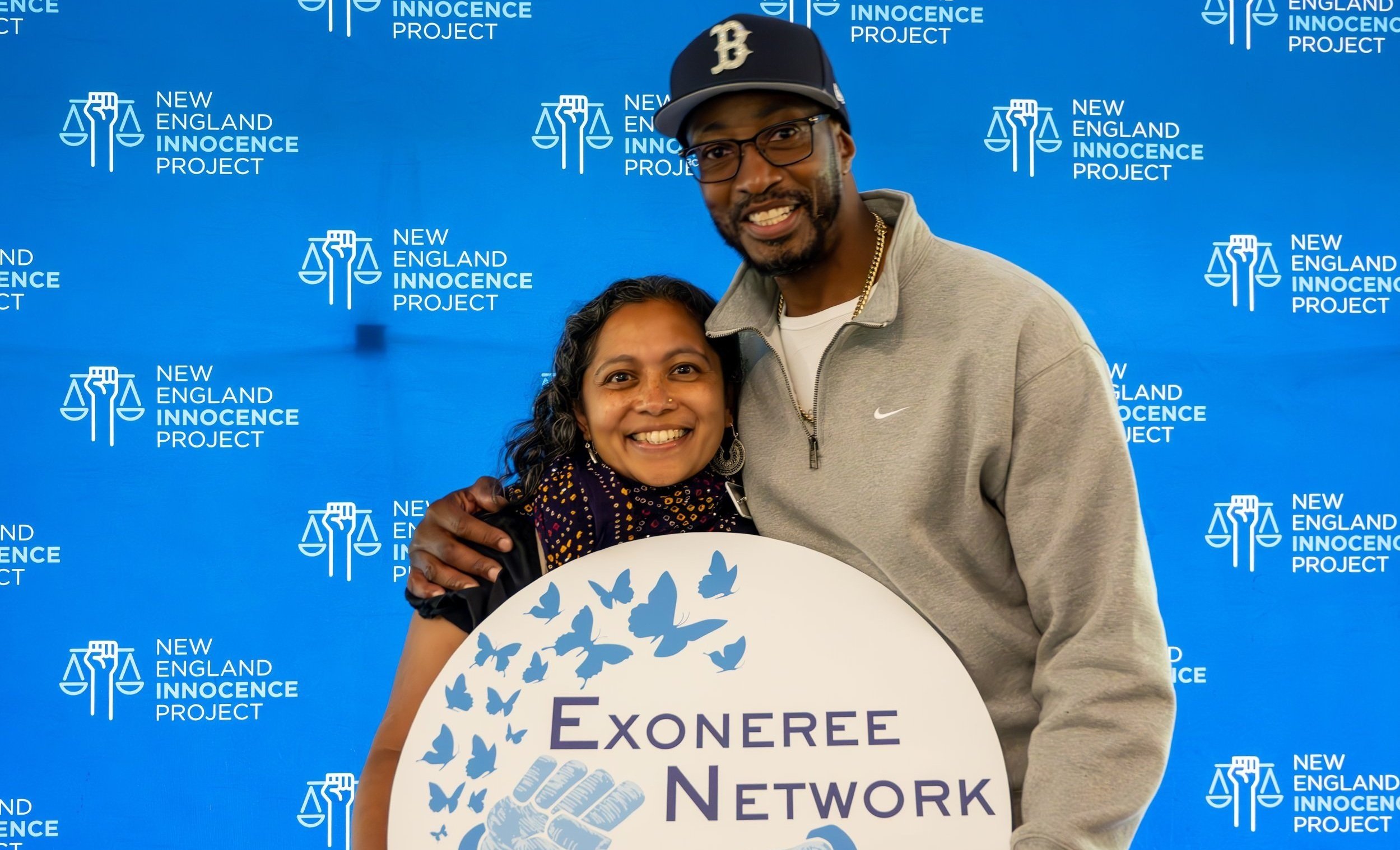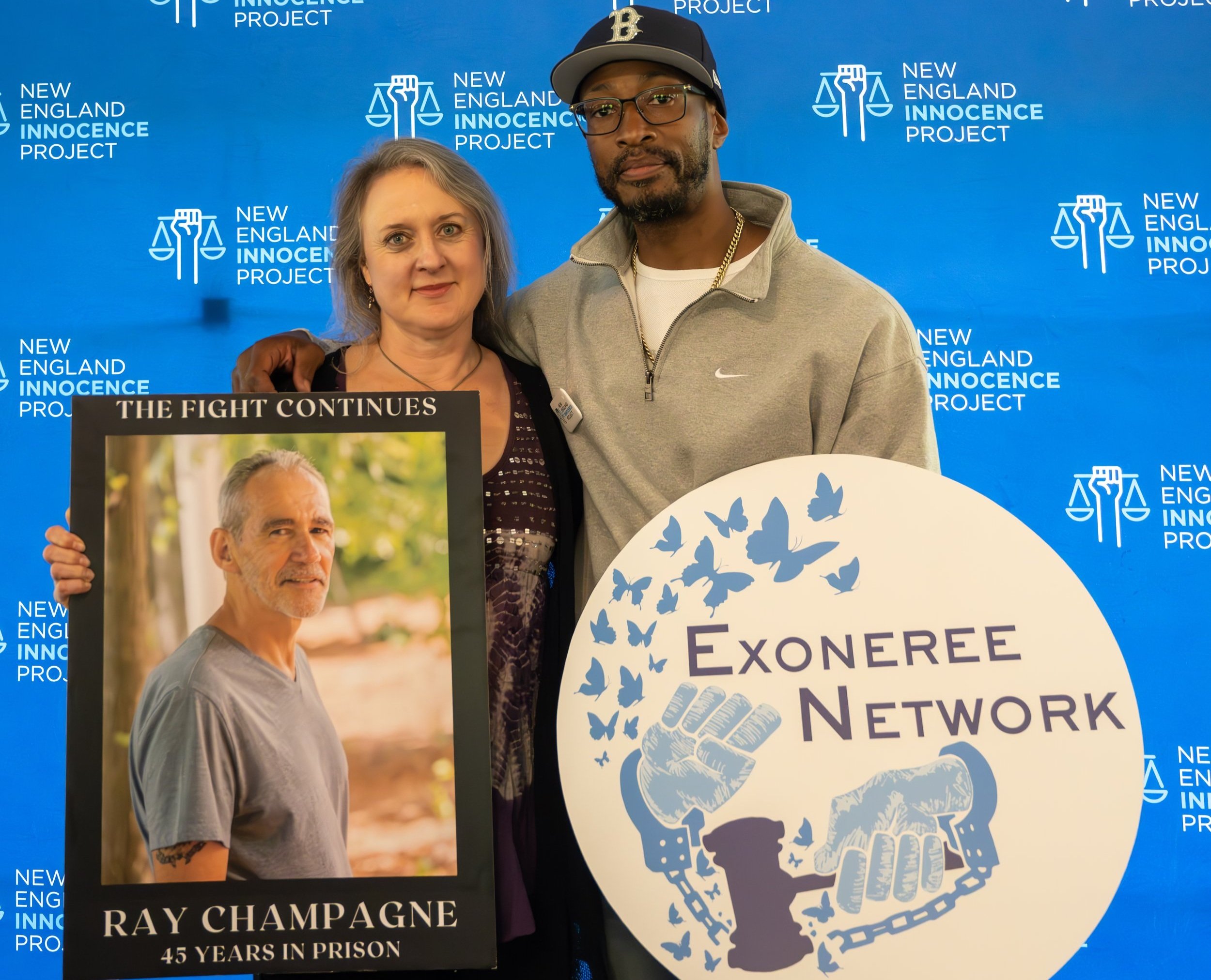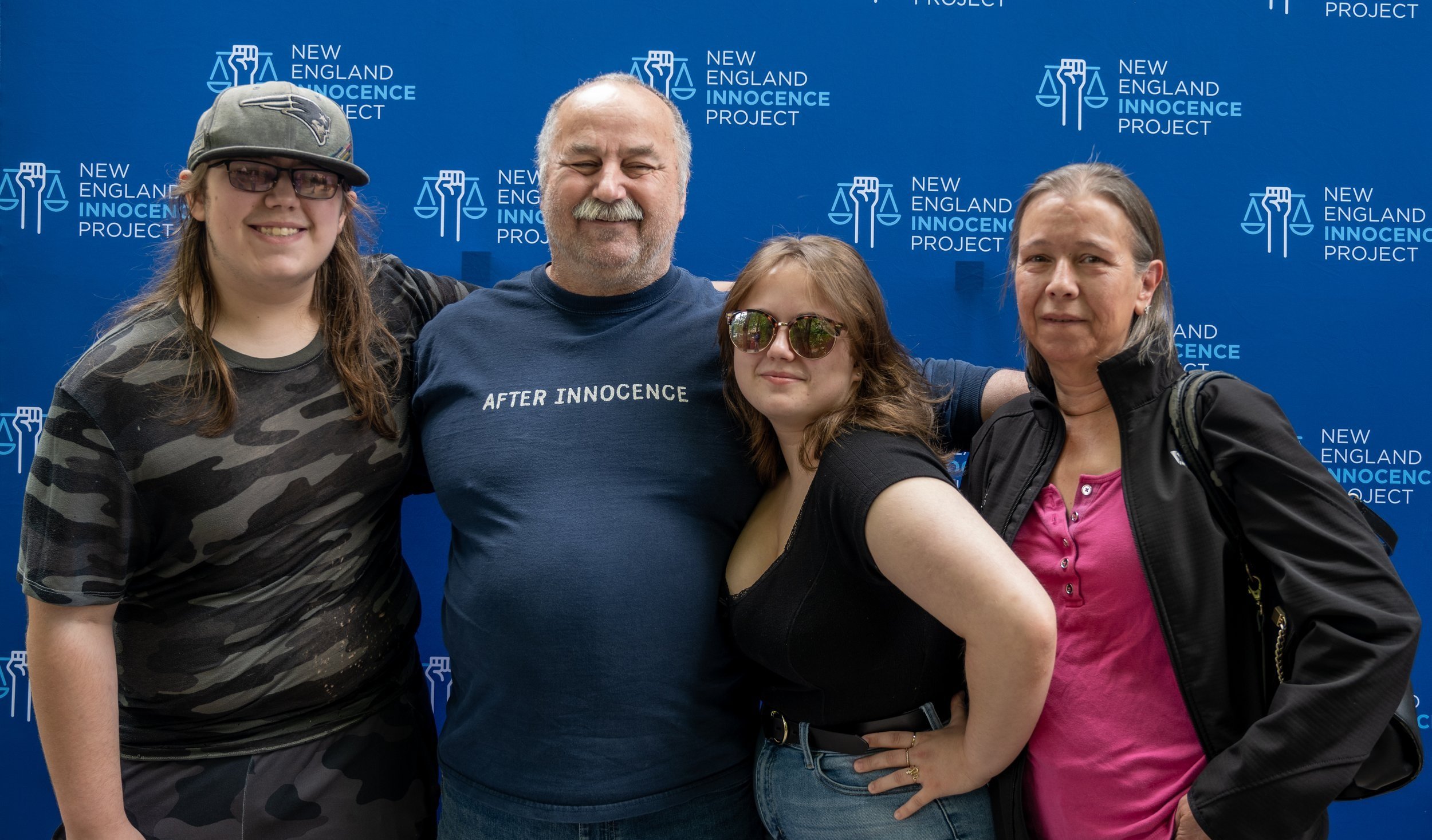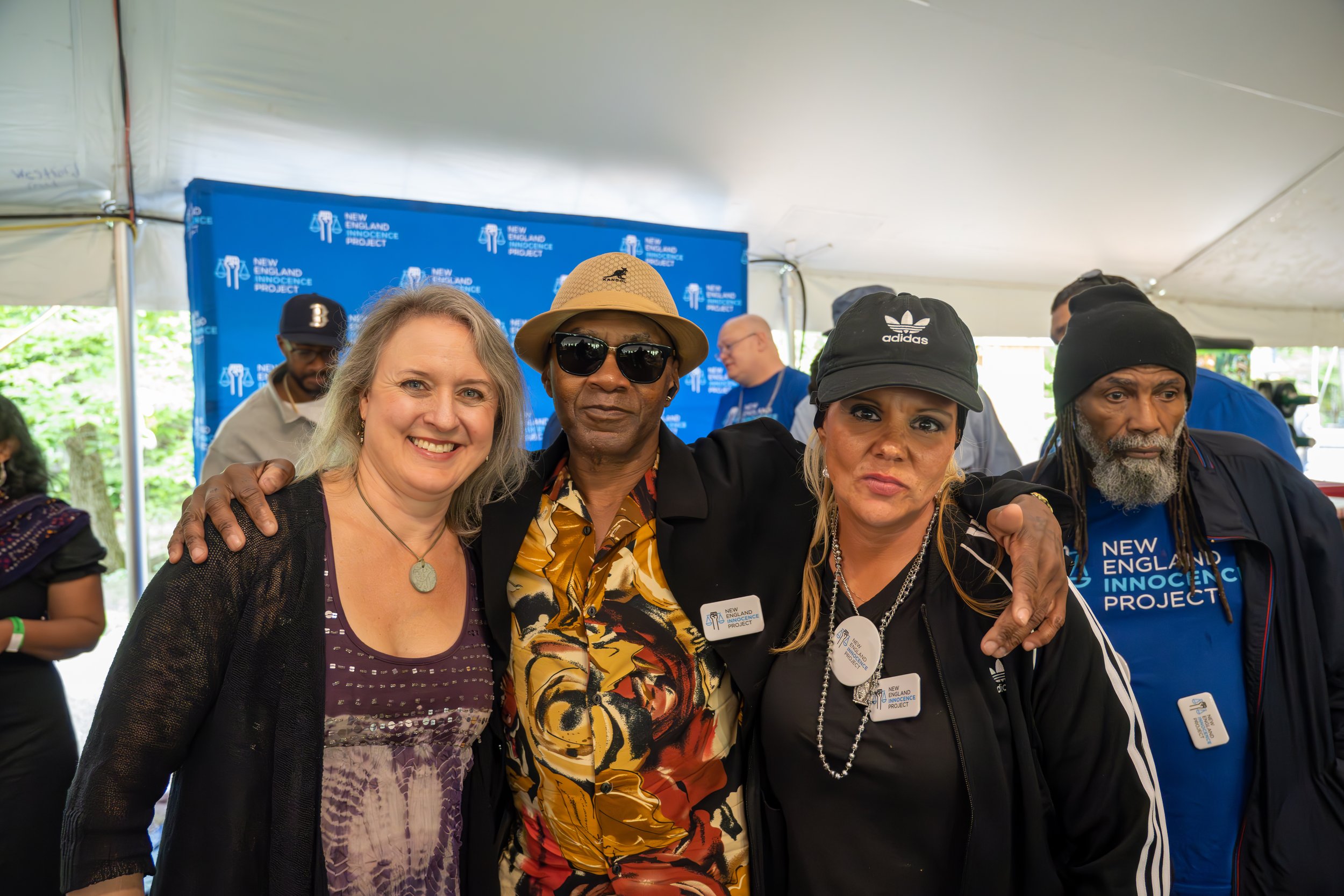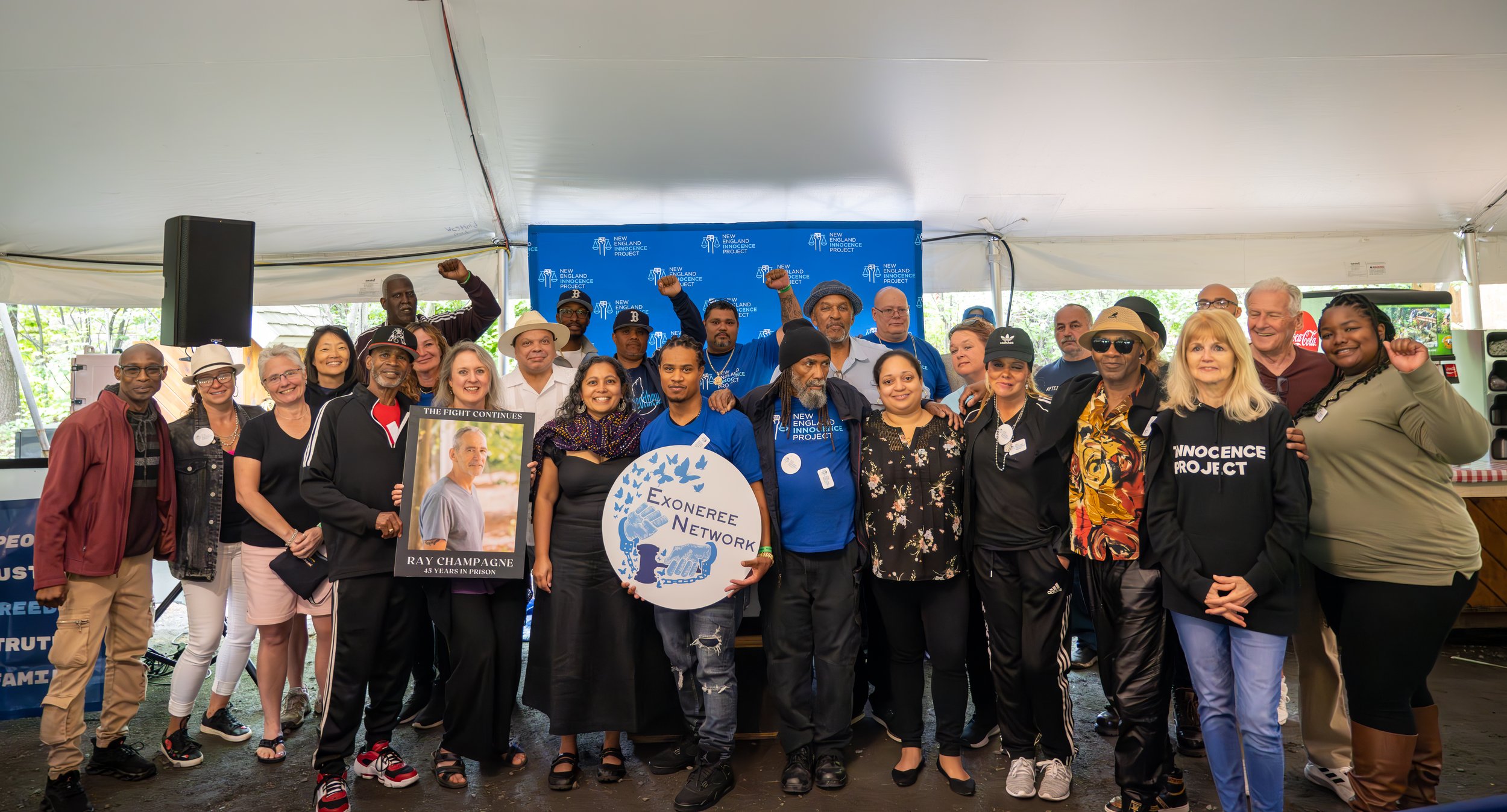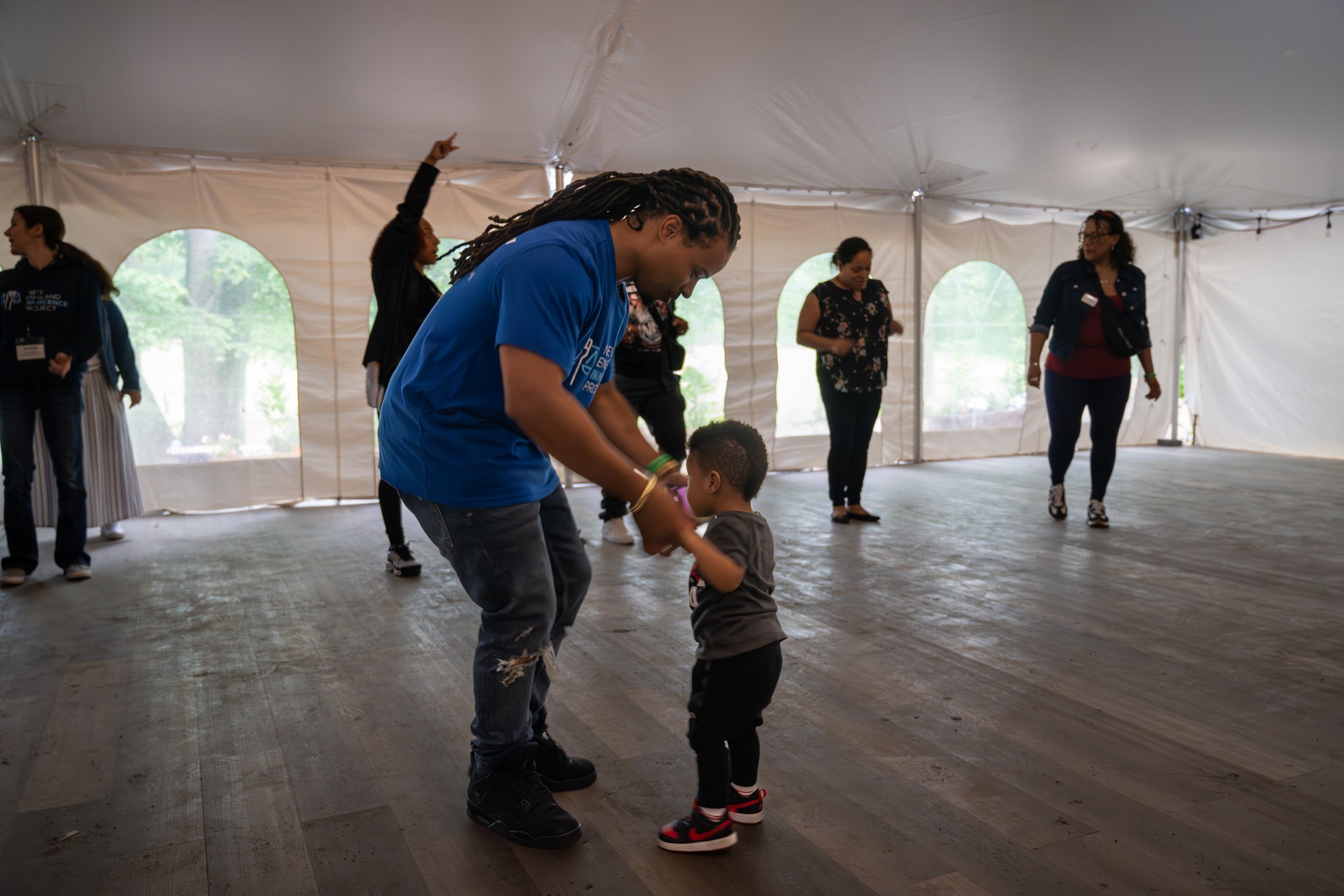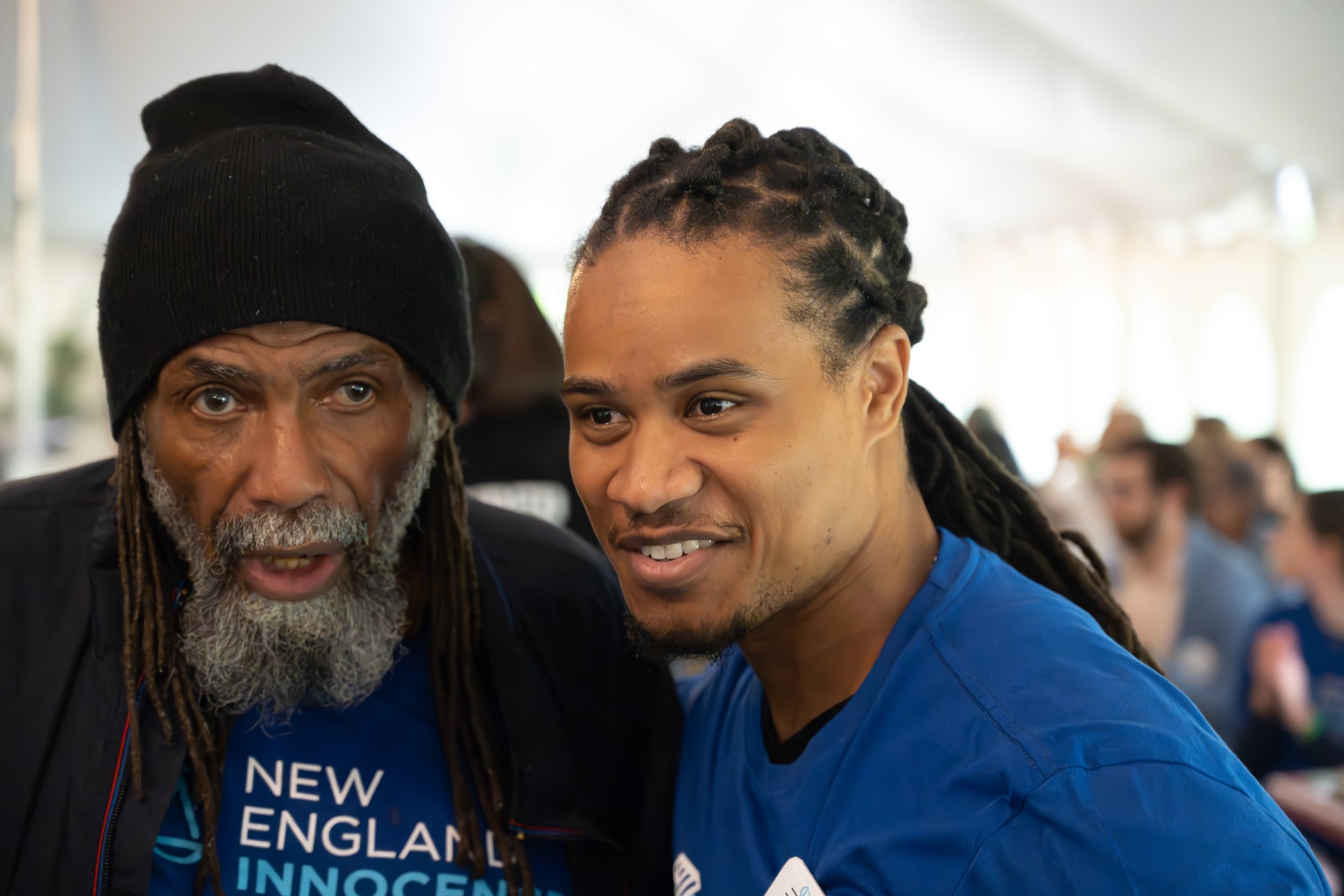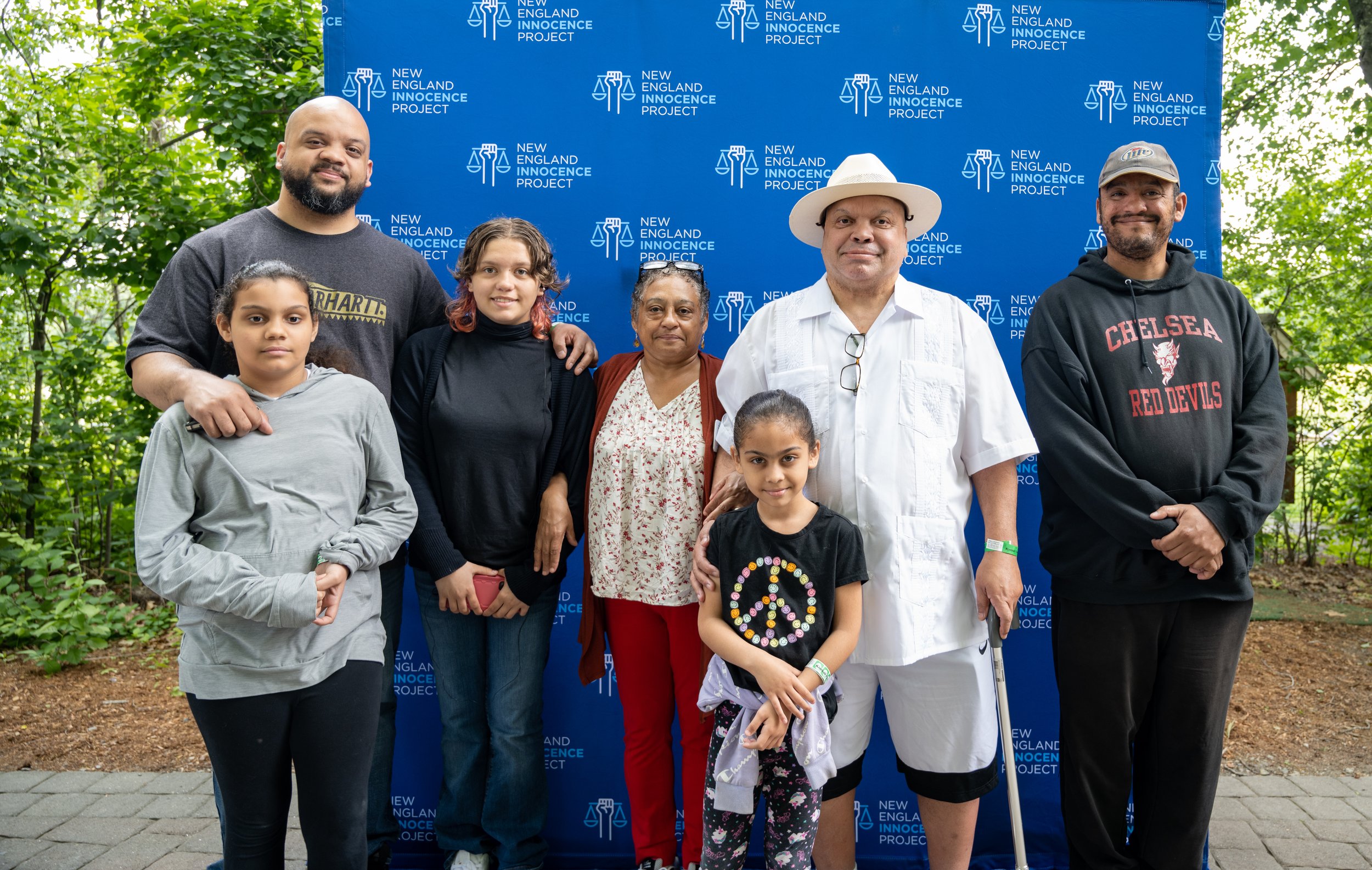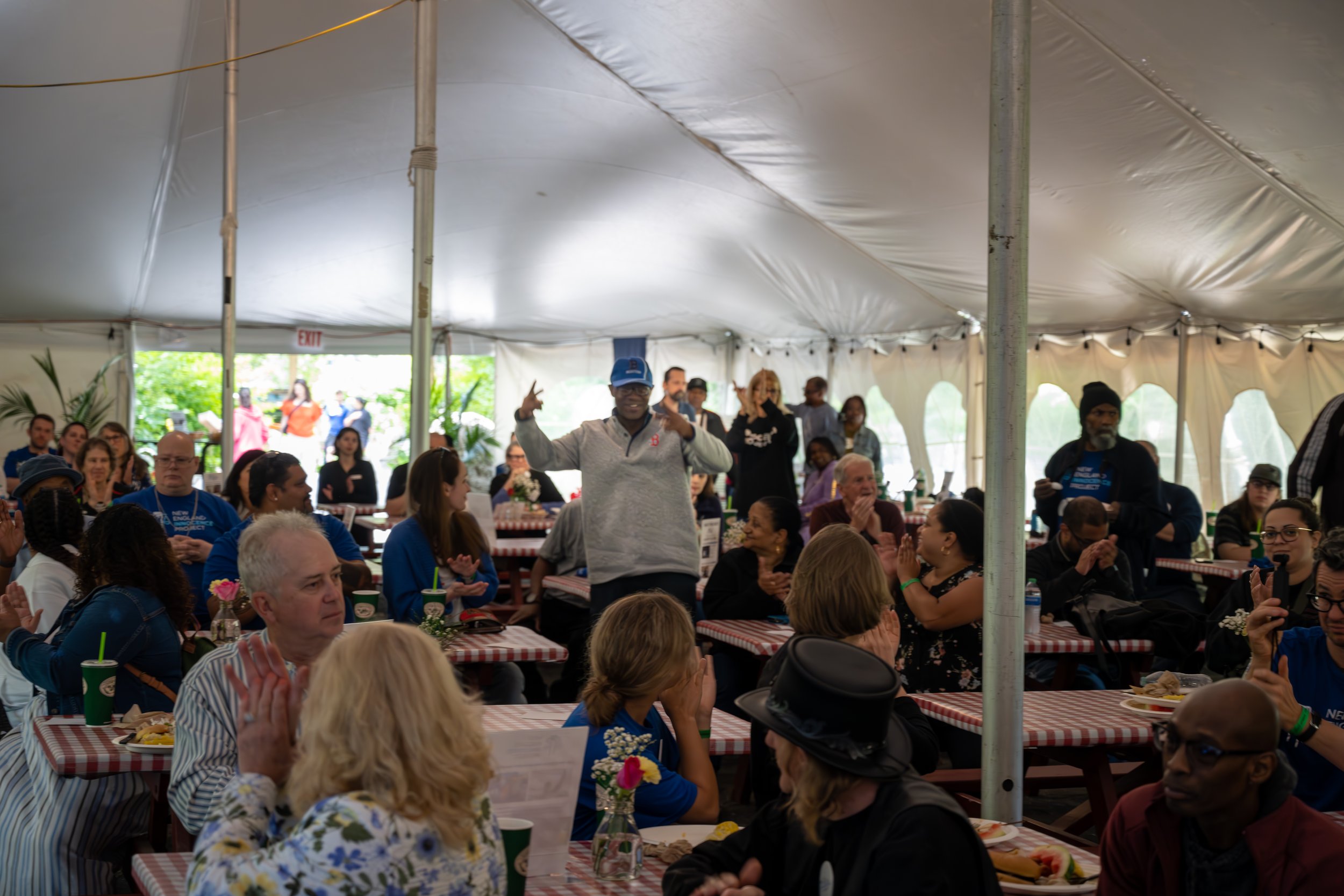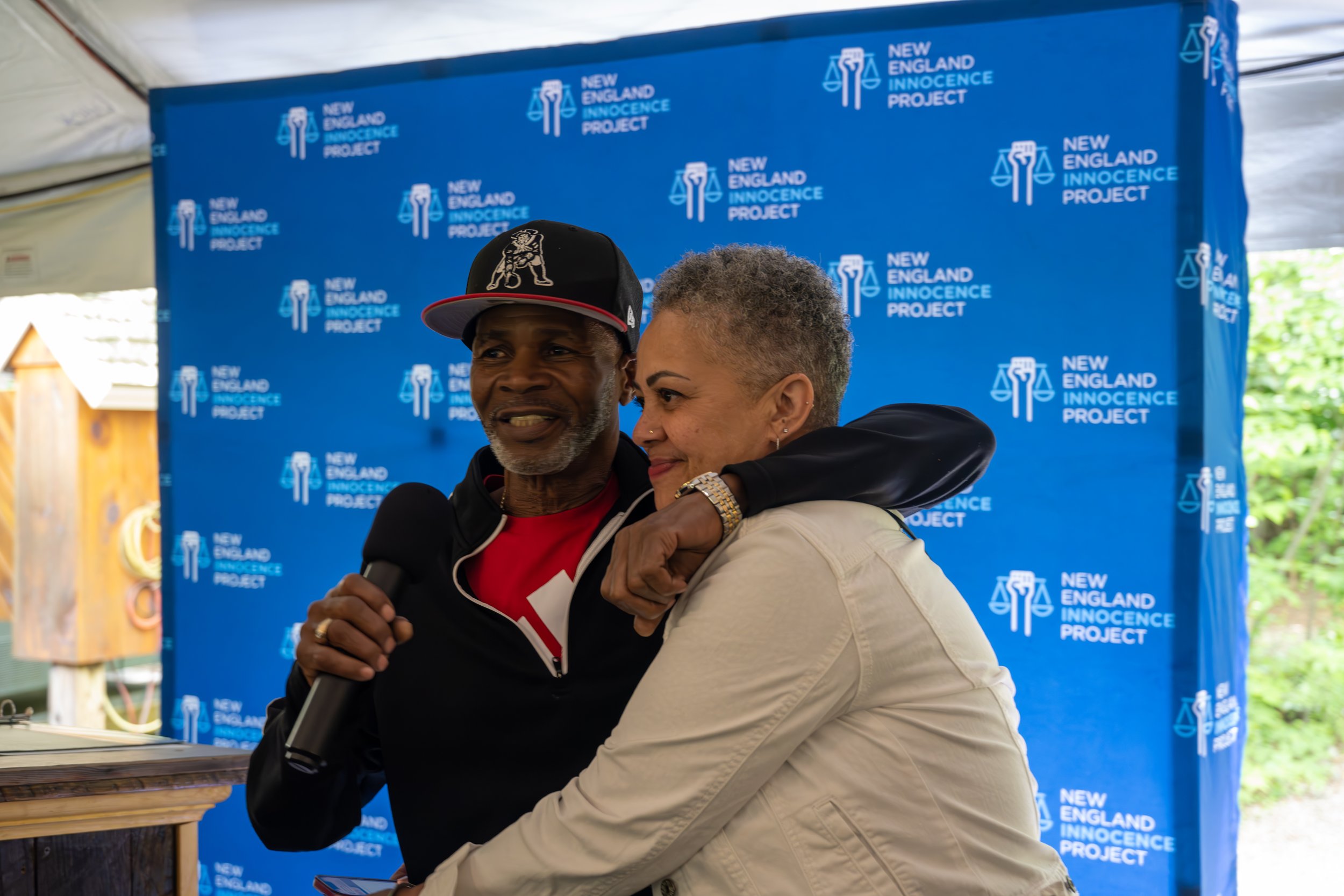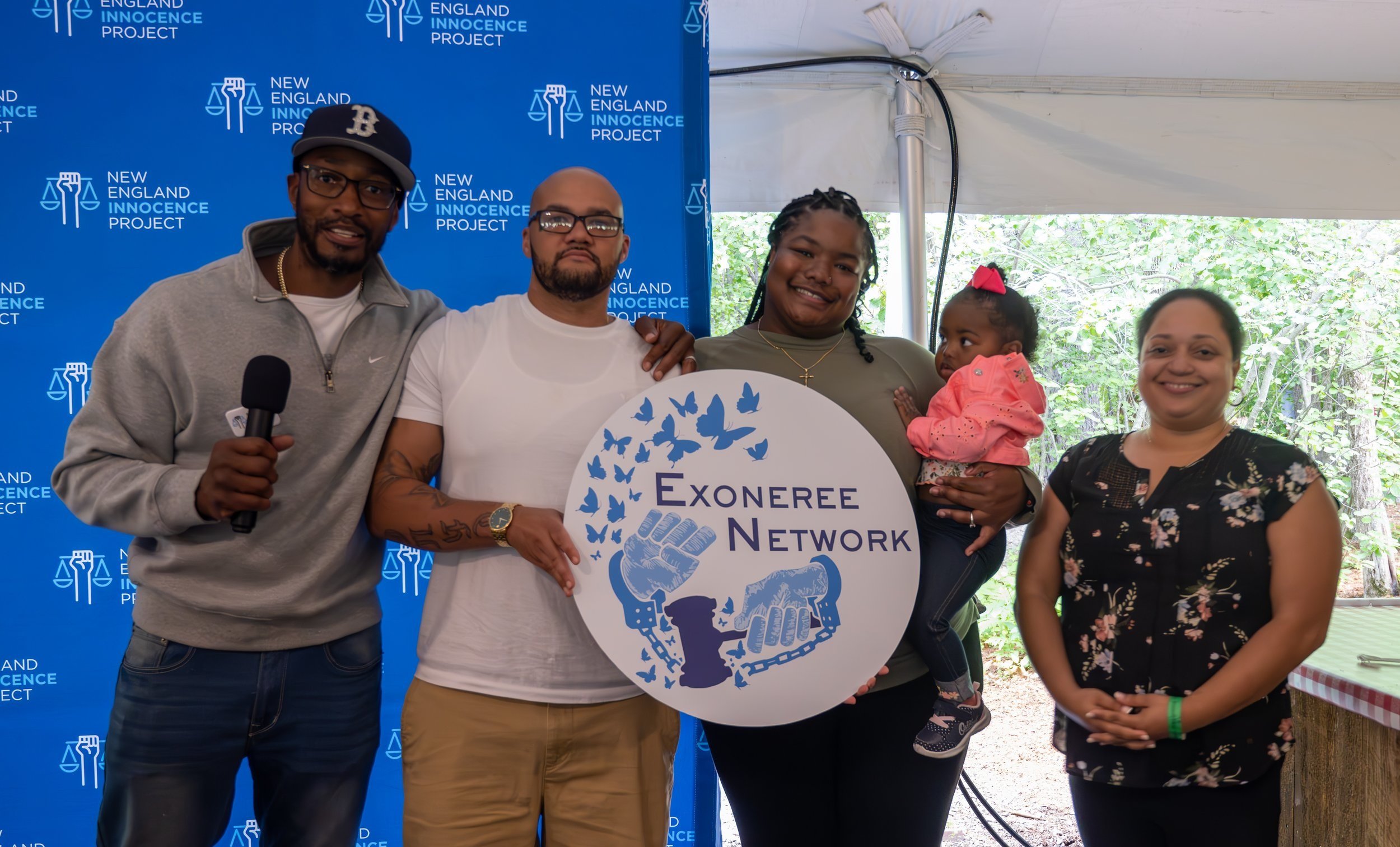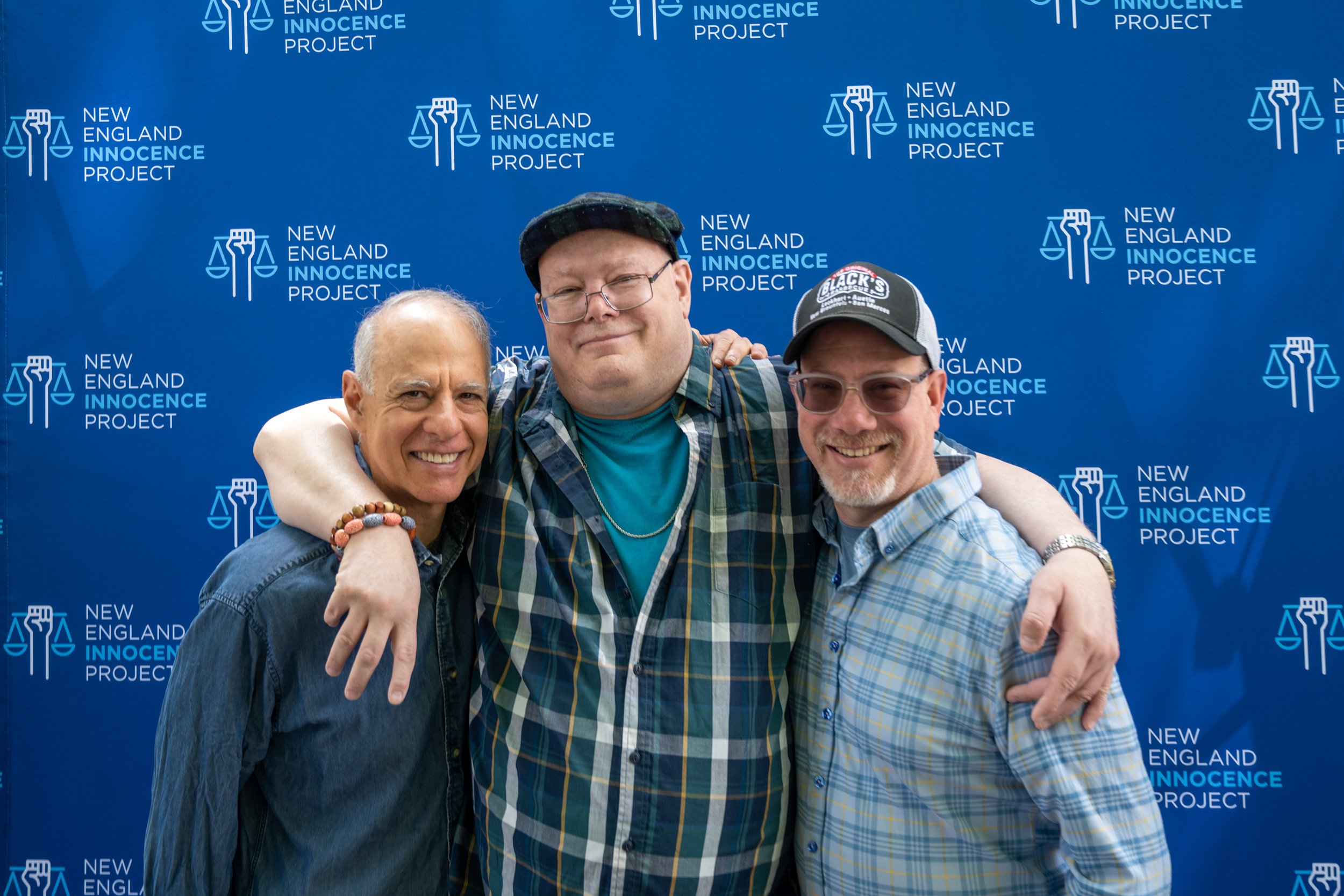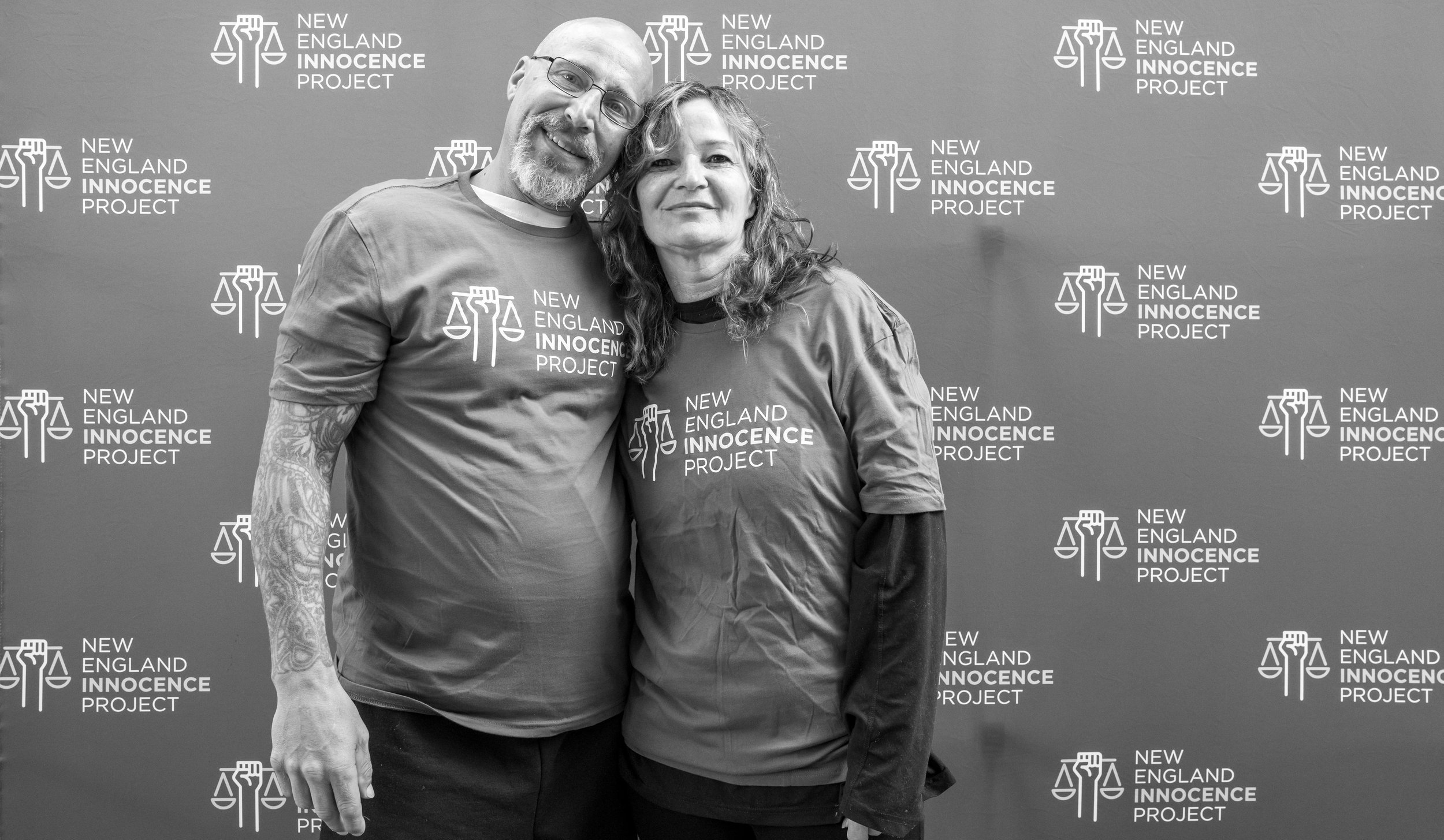(SEPTEMBER 7, 2023) The New England Innocence Project and the Boston College Innocence Program announce that Suffolk Superior Court Judge Michael Ricciuti has vacated the conviction of their client, Thomas Rosa, Jr. of Chelsea, who was wrongfully incarcerated for 34 years for a murder that he did not commit. Judge Ricciuti vacated all of Mr. Rosa’s convictions on September 6 because new DNA evidence and advances in eyewitness science directly undermined the trial evidence that the state used to convict him.
Mr. Rosa, who has always maintained his innocence, was wrongfully convicted in Suffolk County Superior Court for the 1985 murder of Gwendolyn Taylor. Mr. Rosa presented himself voluntarily to the police and was tried three times, facing one mistrial and one overturned conviction before his final conviction in 1993.
Mr. Rosa’s attorneys, Radha Natarajan of the New England Innocence Project and Charlotte Whitmore of the Boston College Innocence Program, filed the Motion for New Trial on June 29, 2020, presenting numerous arguments why his convictions should be overturned. A decision on October 14, 2020, by Justice Gaziano, acting as the Single Justice for the Supreme Judicial Court, allowed Mr. Rosa to be freed while Judge Ricciuti considered his Motion for New Trial.
In his decision, Judge Ricciuti held that the evidence against Mr. Rosa at trial was “far from overwhelming” and that the new DNA evidence “debunks the prosecution’s closing statement” and “casts doubt regarding the reliability of the eyewitness testimony,” which we now know, based on advances in science, was “not as strong as the Commonwealth thought.”
Specifically, all of the forensic blood-typing evidence that the Commonwealth used at trial to connect Mr. Rosa to this crime is now contradicted by new DNA testing. The only remaining evidence was the testimony of two eyewitnesses who viewed the perpetrator at night for less than ten seconds under circumstances that we now know, based on numerous exonerations and research, create a high risk of misidentification. In addition, Mr. Rosa did not have the one distinctive feature noted by an eyewitness – a missing tooth or gap in his teeth. Finally, the eyewitnesses described a scenario where the victim and assailant knew each other, but Mr. Rosa and the victim never knew each other.
The Suffolk County District Attorney’s Office assented to Mr. Rosa’s motion for postconviction relief and must now decide whether to dismiss the charges against Mr. Rosa or proceed with a fourth trial. Despite a court order requiring the Commonwealth to preserve the physical evidence in the case, the Commonwealth lost the murder weapon as well as other evidence from the crime scene.
“We are grateful that the Suffolk County District Attorney’s Office agreed to this relief. Given the new DNA and scientific evidence that dismantles the Commonwealth’s case against Mr. Rosa, there is no other just outcome but to have this conviction overturned,” said Attorney Radha Natarajan, Executive Director of the New England Innocence Project, who has been representing Mr. Rosa for the last seven years. Natarajan continued, “We are hopeful that the District Attorney will now end this nightmare by dismissing all charges against Mr. Rosa. There should be no fourth trial for this innocent man.”
Mr. Rosa’s co-counsel, Boston College Innocence Program Senior Attorney Charlotte Whitmore said, “Many BCIP students worked tirelessly behind the scenes to help achieve this long-awaited outcome and we are privileged to have partnered with the New England Innocence Project to achieve justice for Mr. Rosa after so many years of wrongful imprisonment.”
Since obtaining his freedom, Mr. Rosa has been reunited with his family, including his wife, son, and grandchildren, who are a constant source of joy for him. He has been very involved in his community, especially the Exoneree Network community, lending support to others who have experienced a wrongful conviction or suffered the trauma of long-term incarceration. Unfortunately, Mr. Rosa has suffered from declining health as a result of decades of wrongful imprisonment and inadequate healthcare. He looks forward to closing this chapter as soon as possible.
Reading the Court’s decision, Mr. Rosa reacted that “the truth is finally coming out.” Mr. Rosa’s wife, Virginia, stated, “I am excited and believe that the future will get better and brighter. From prison to freedom, how sweet it is!” But reflecting on the prospect of retrial, Mr. Rosa added, "I am free but not free."
For more information or for media inquiries, contact Jordan Salvatoriello at jordan@newenglandinnocence.org.





